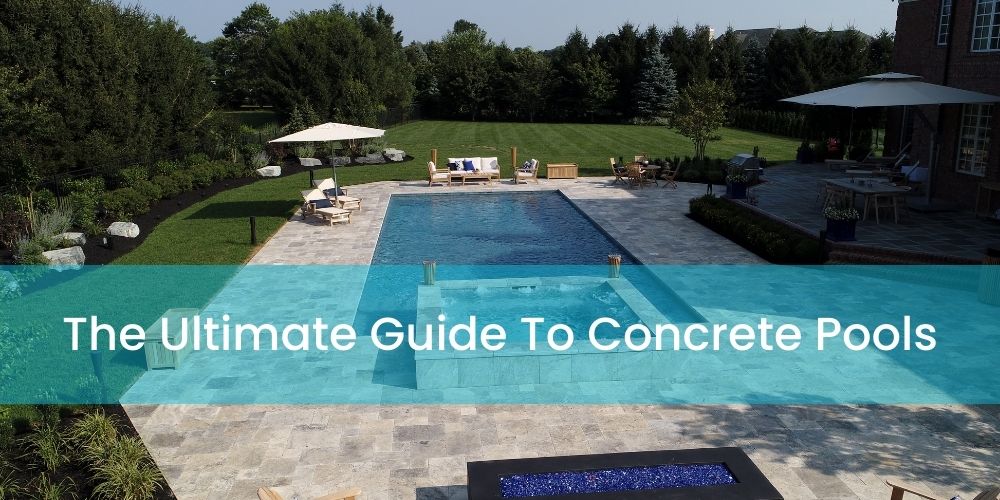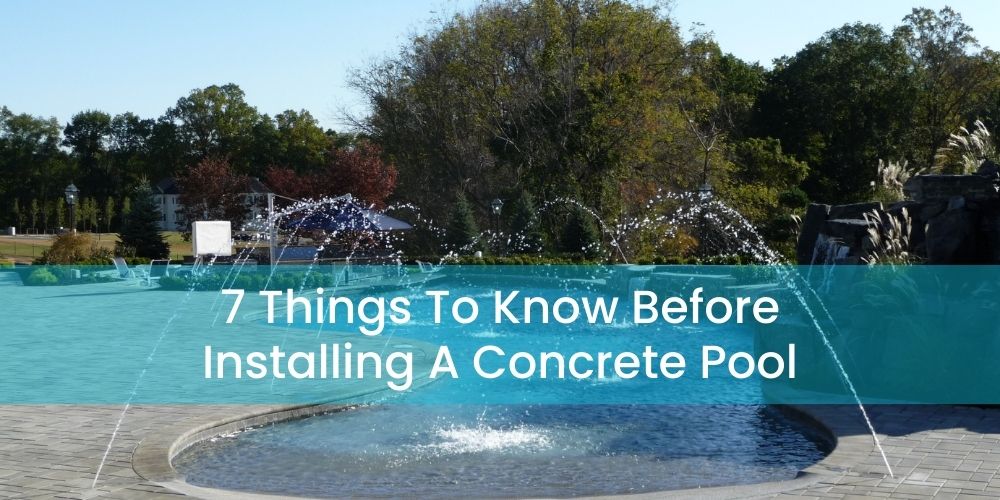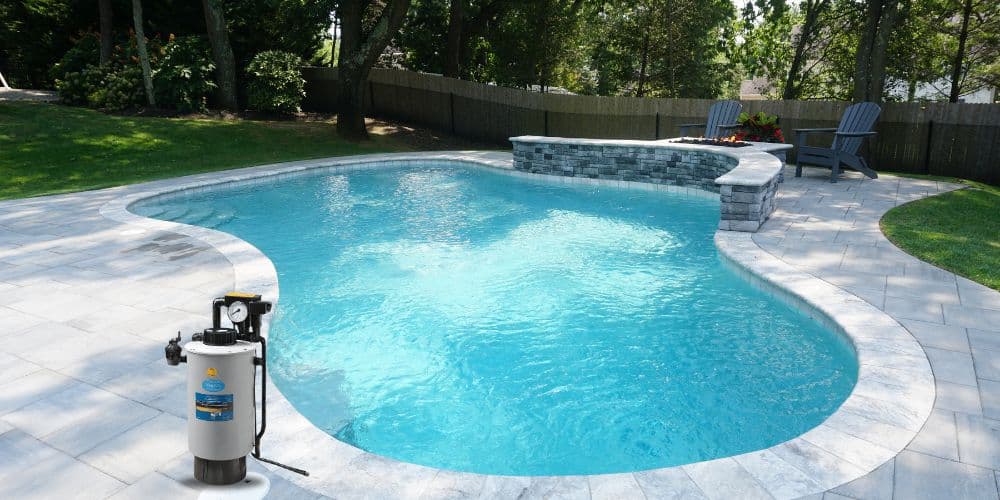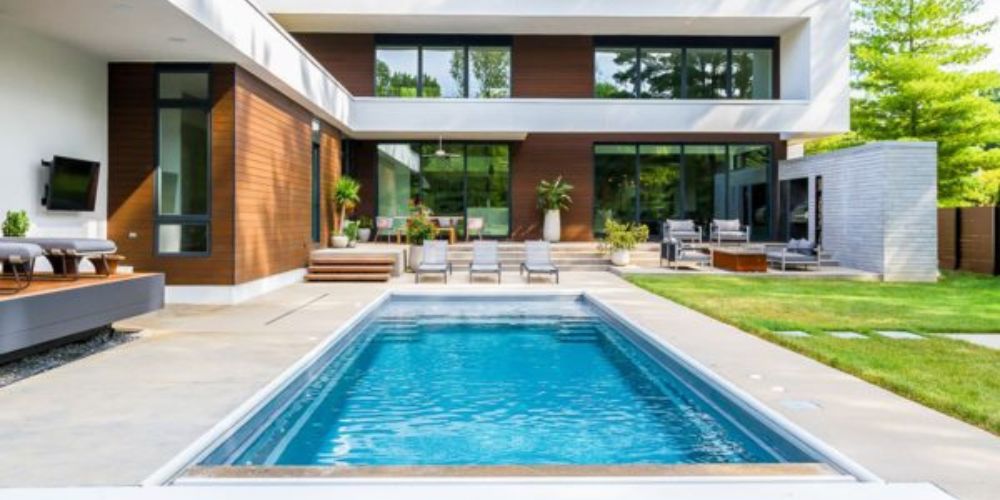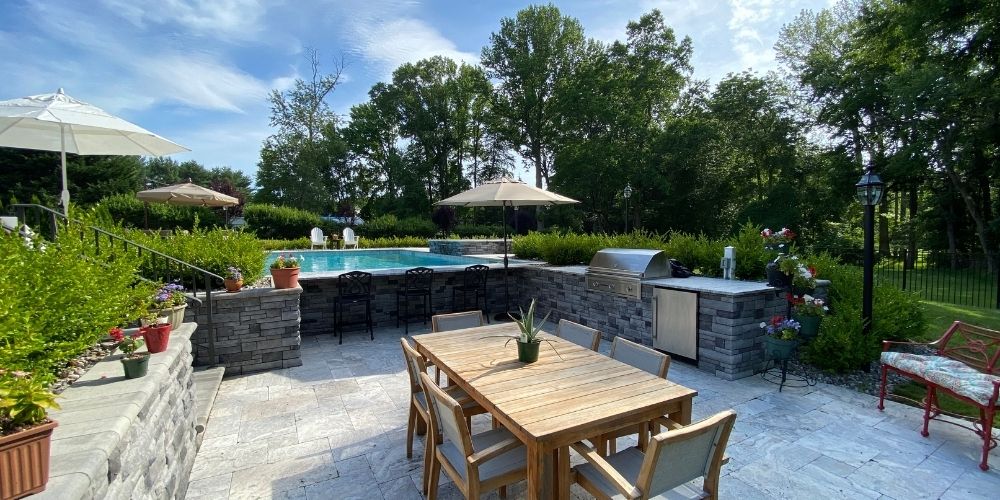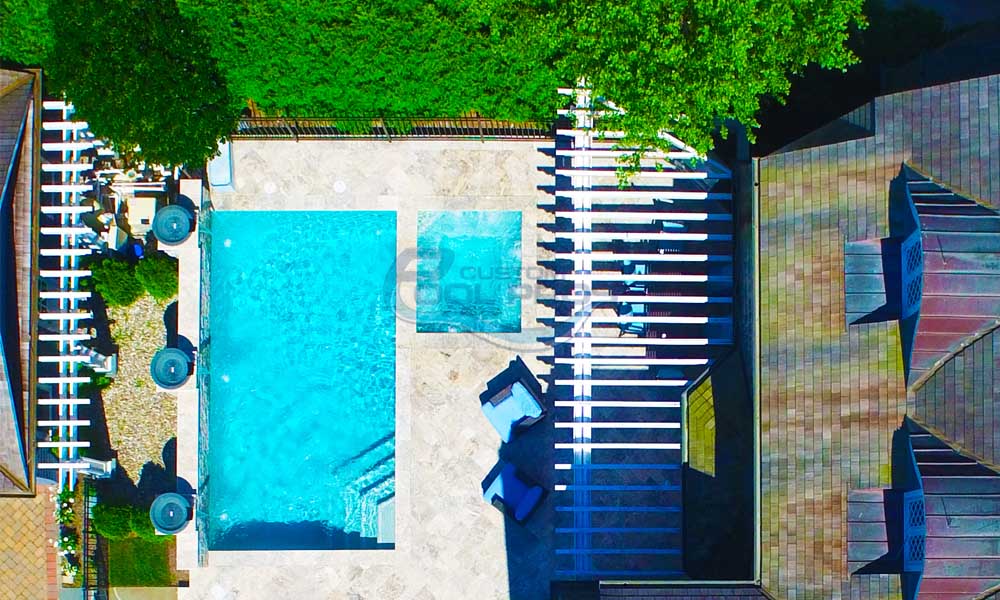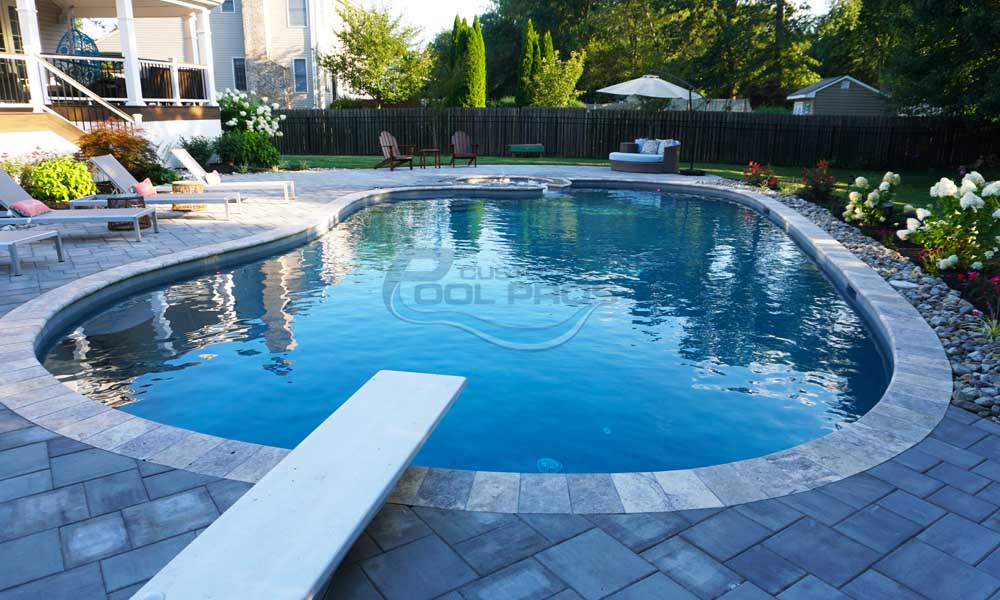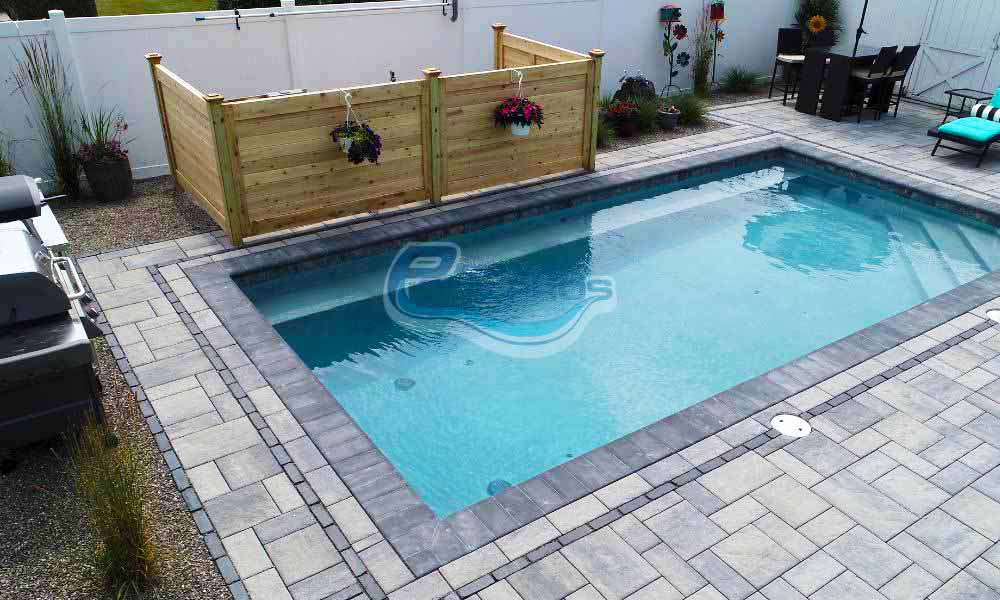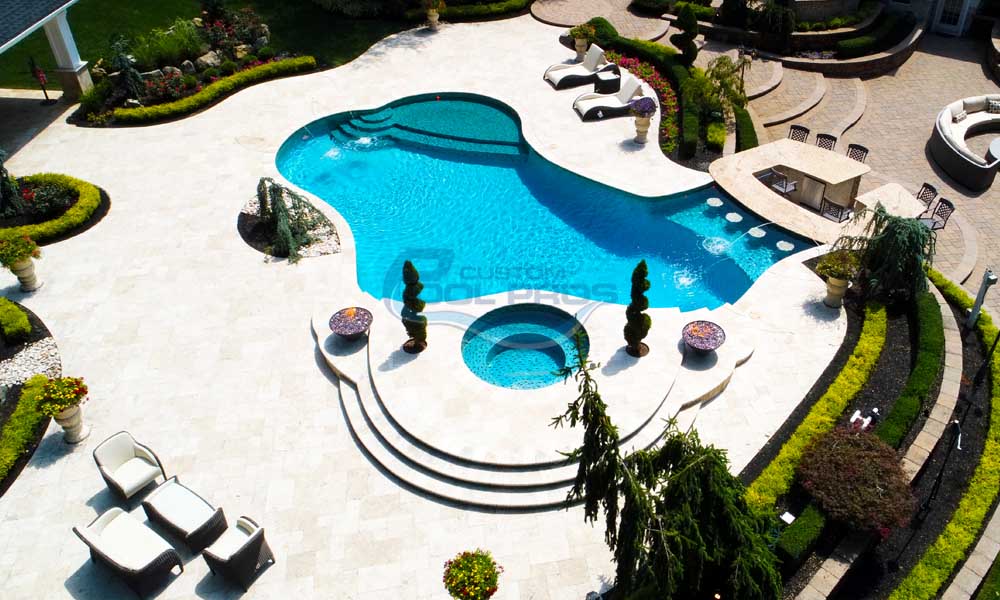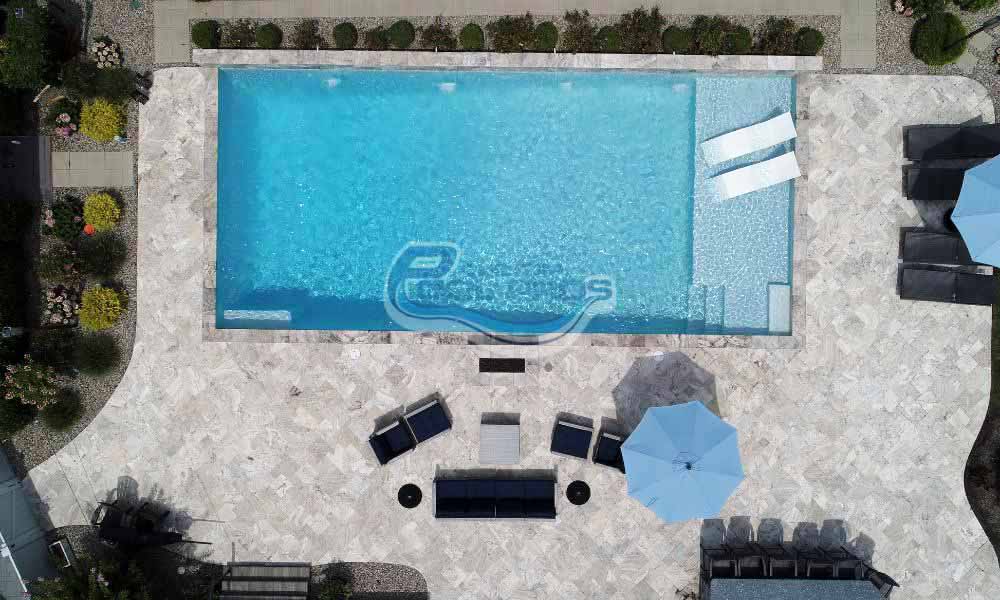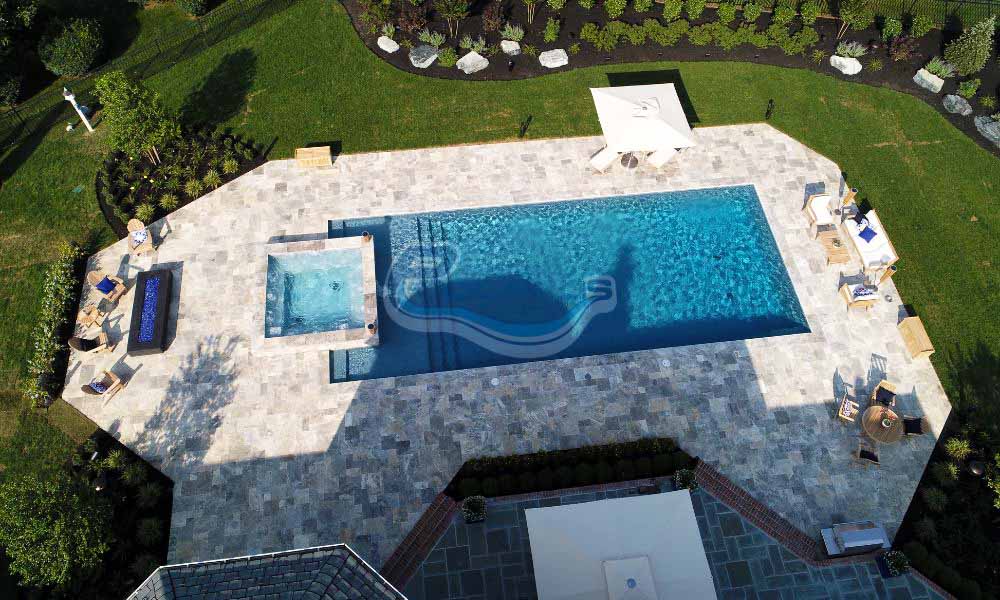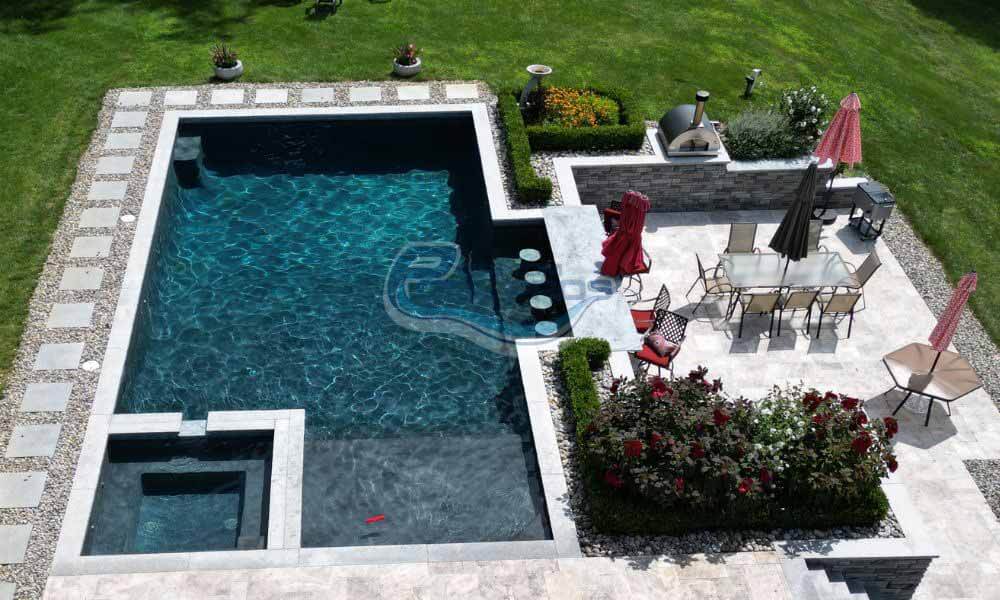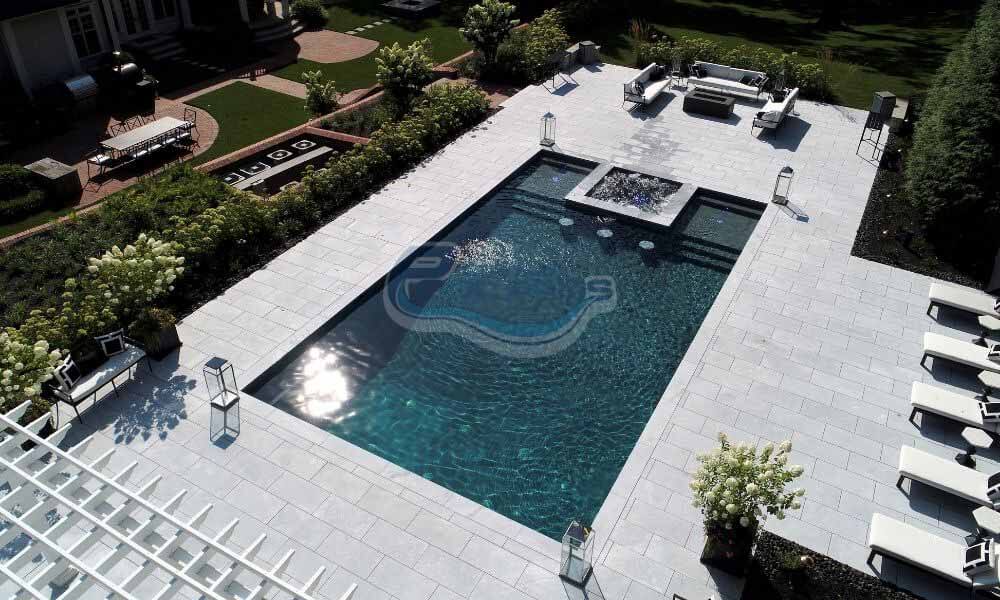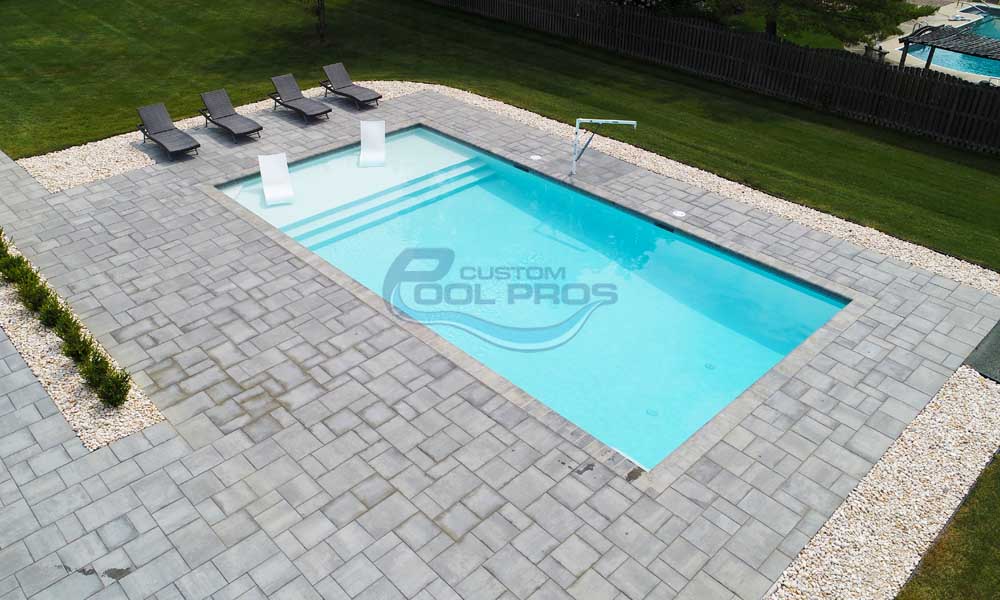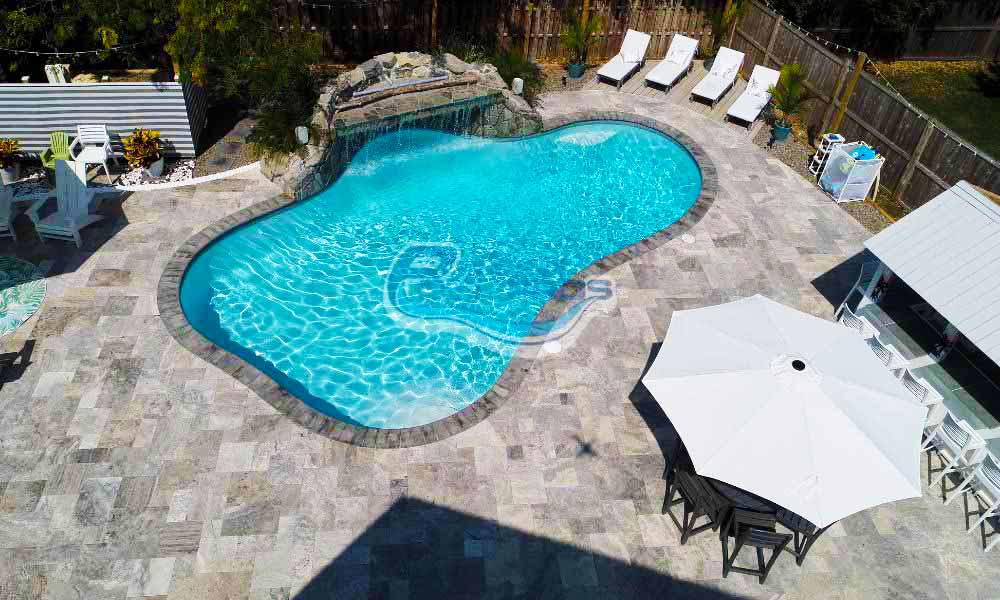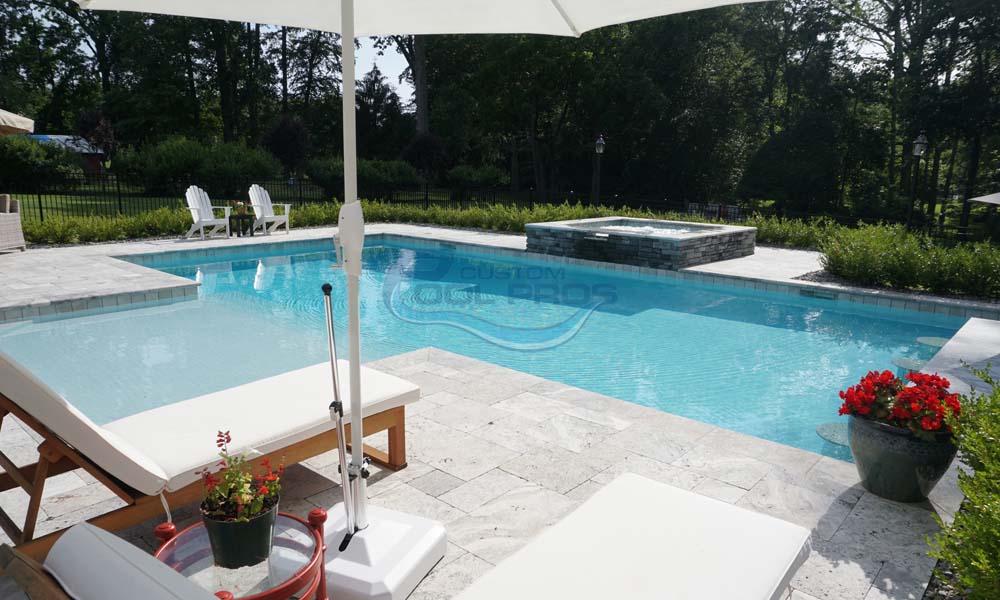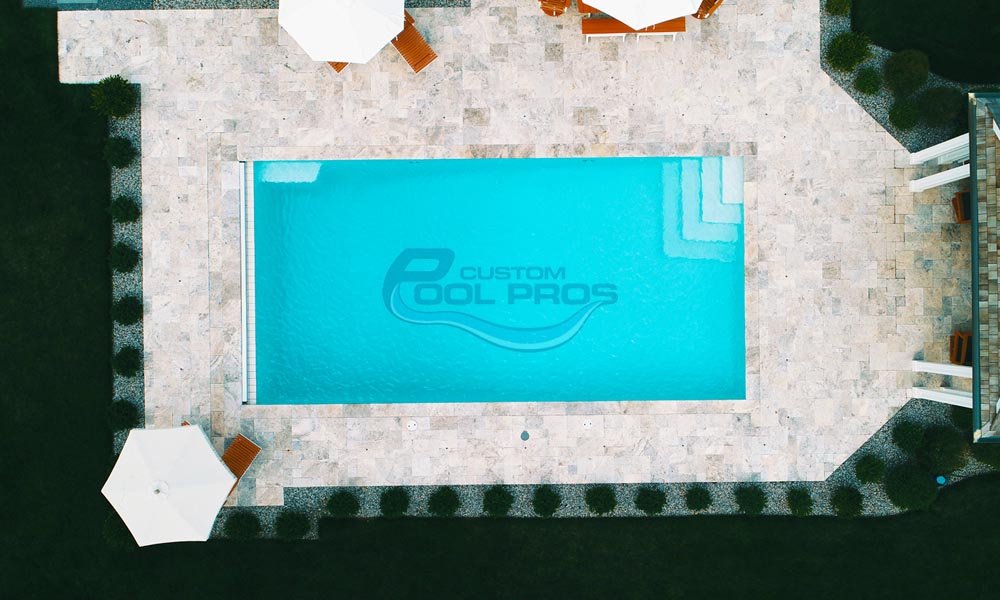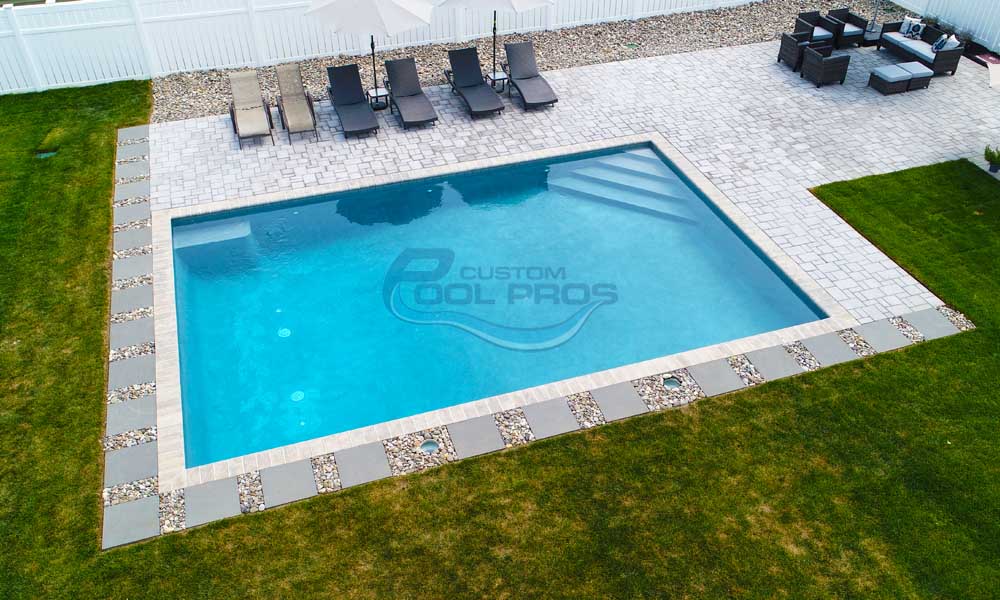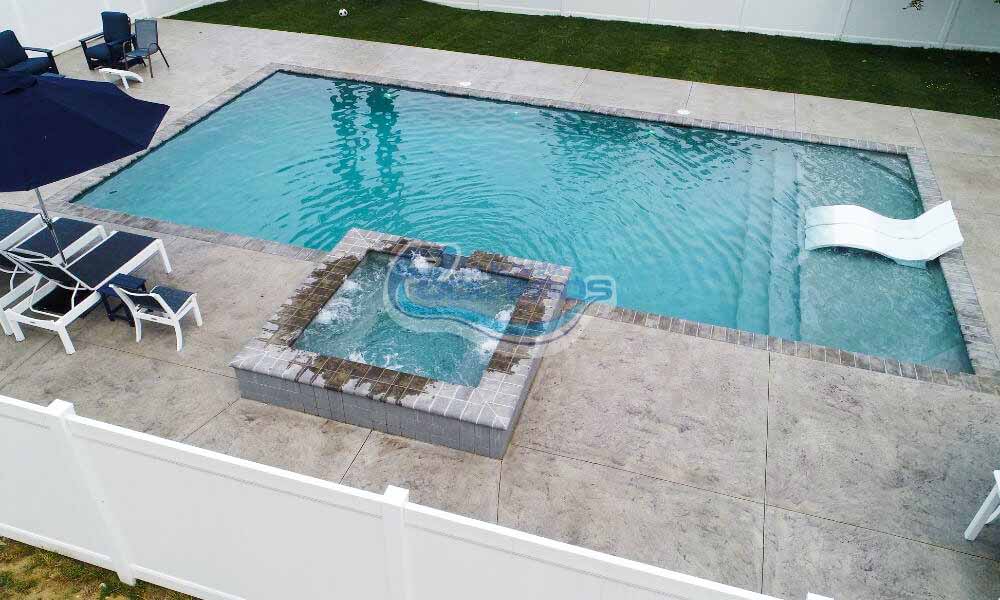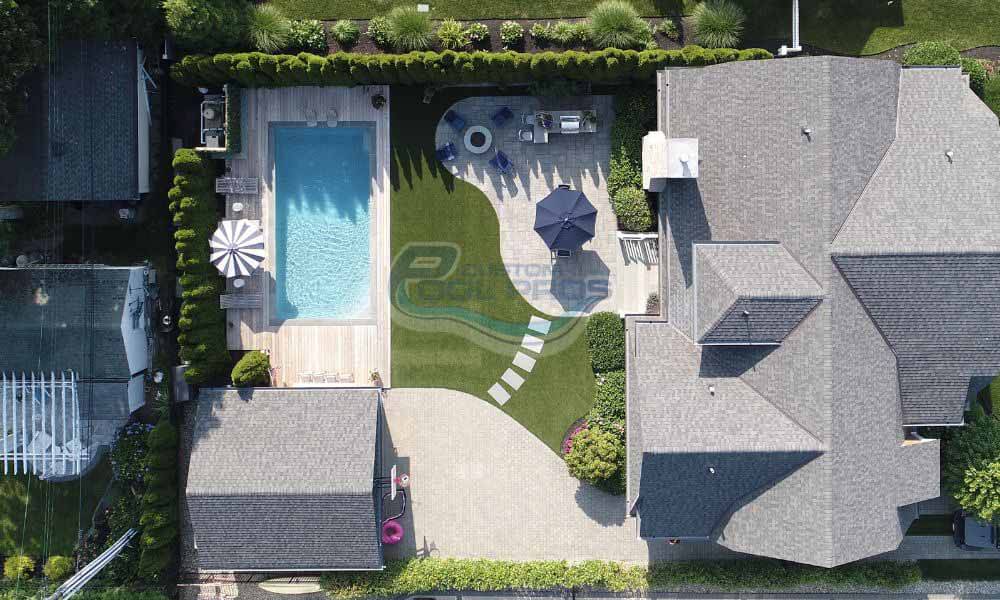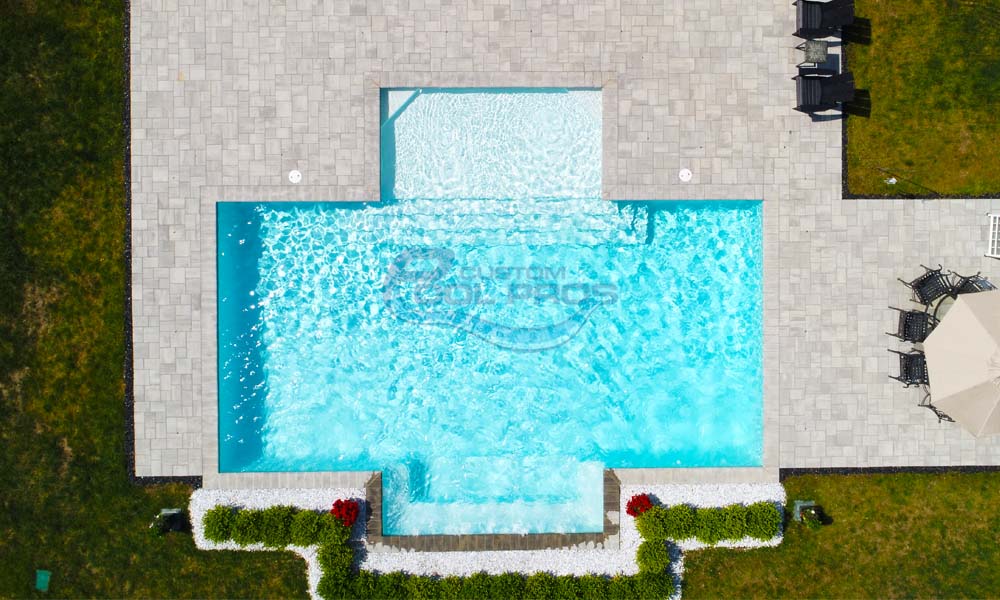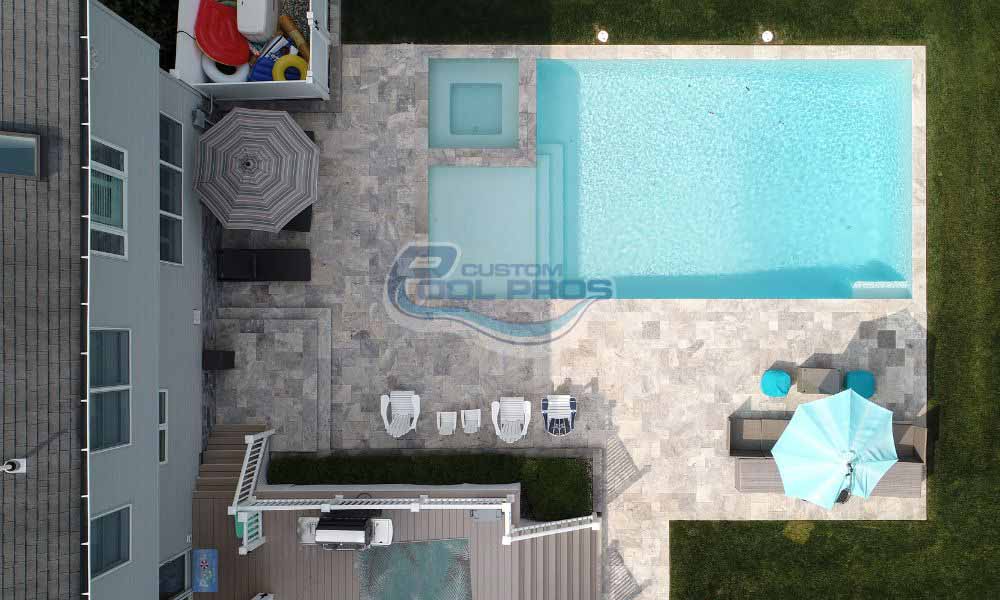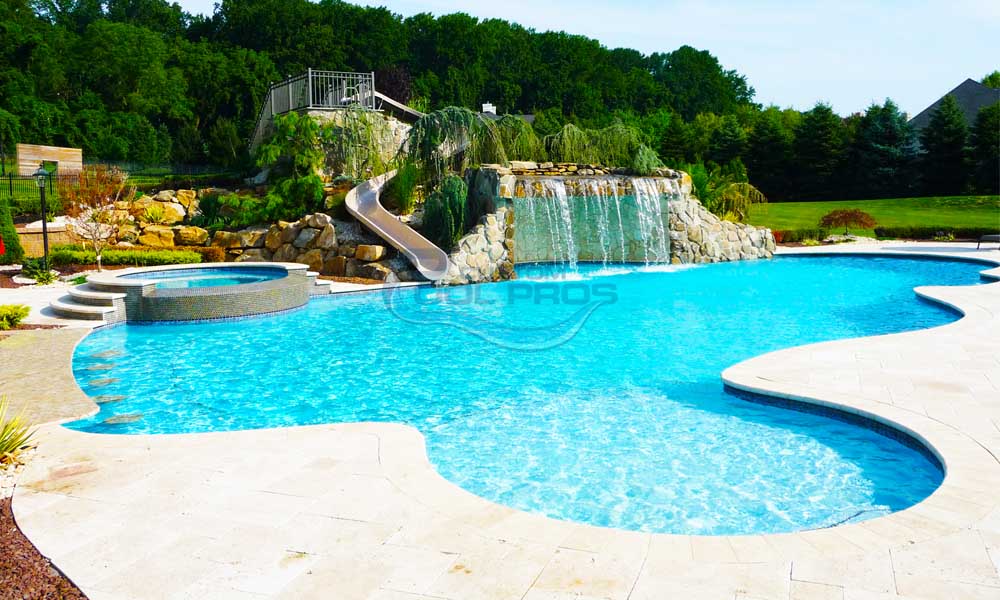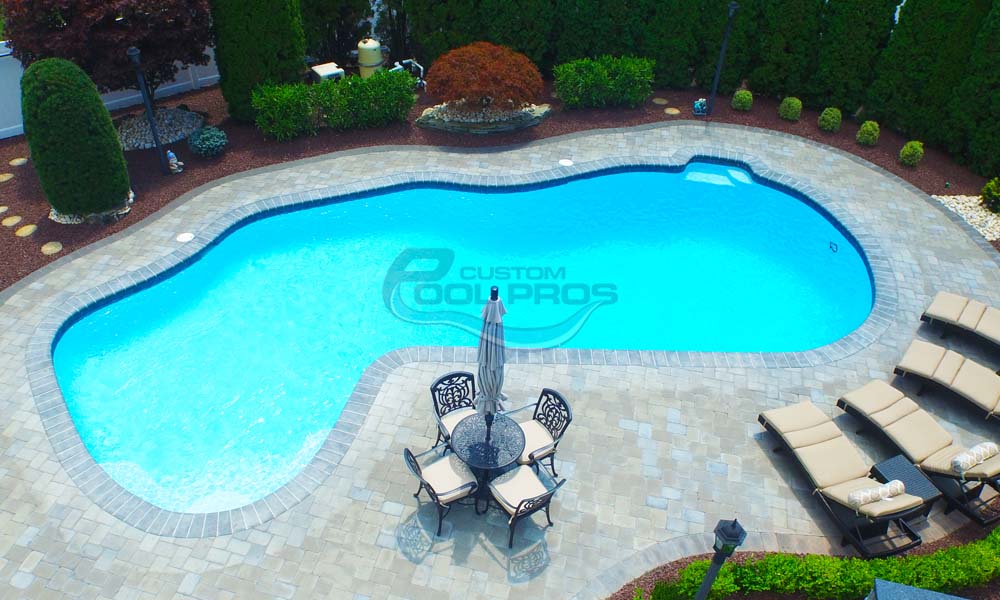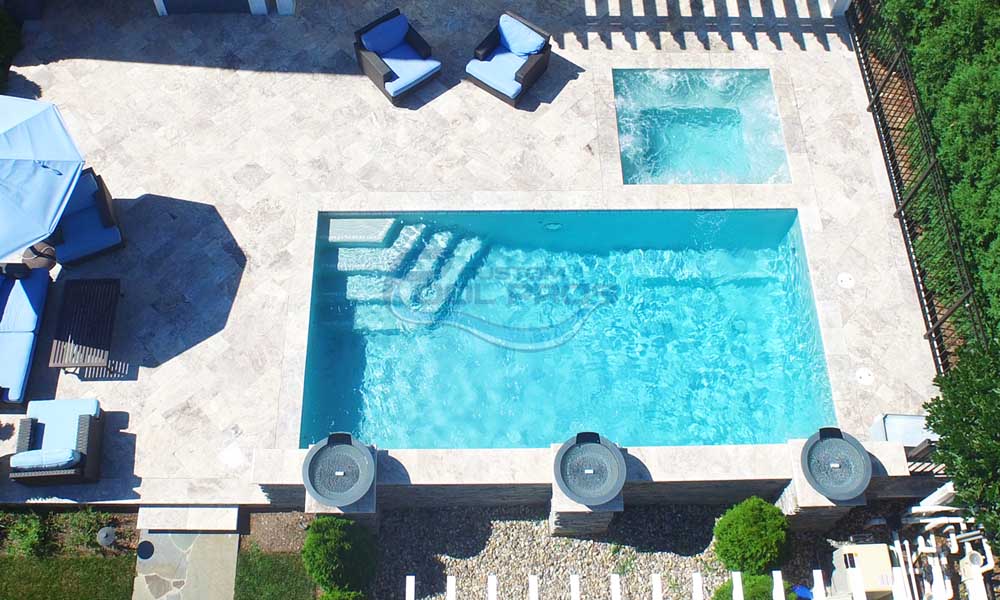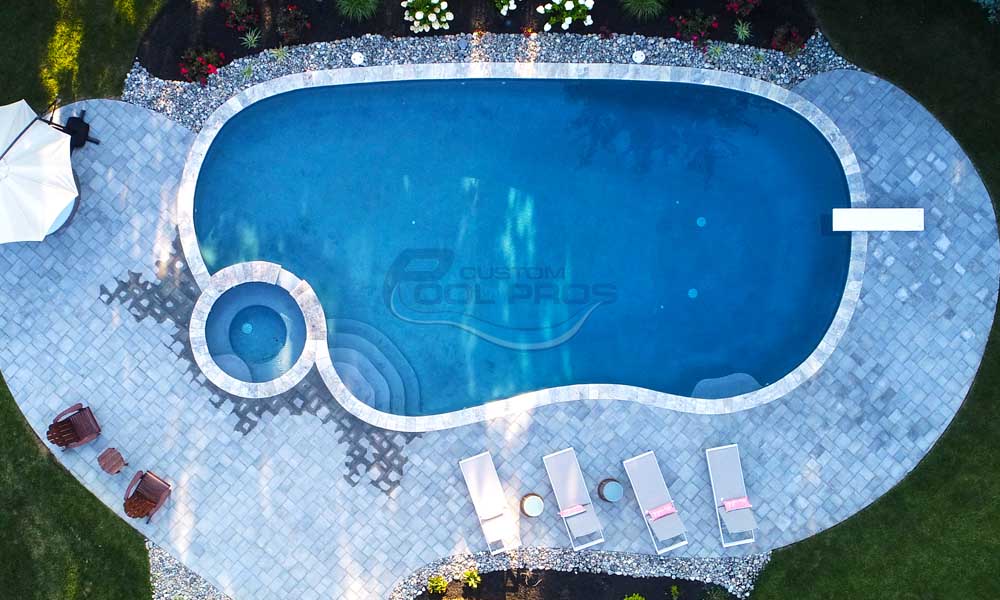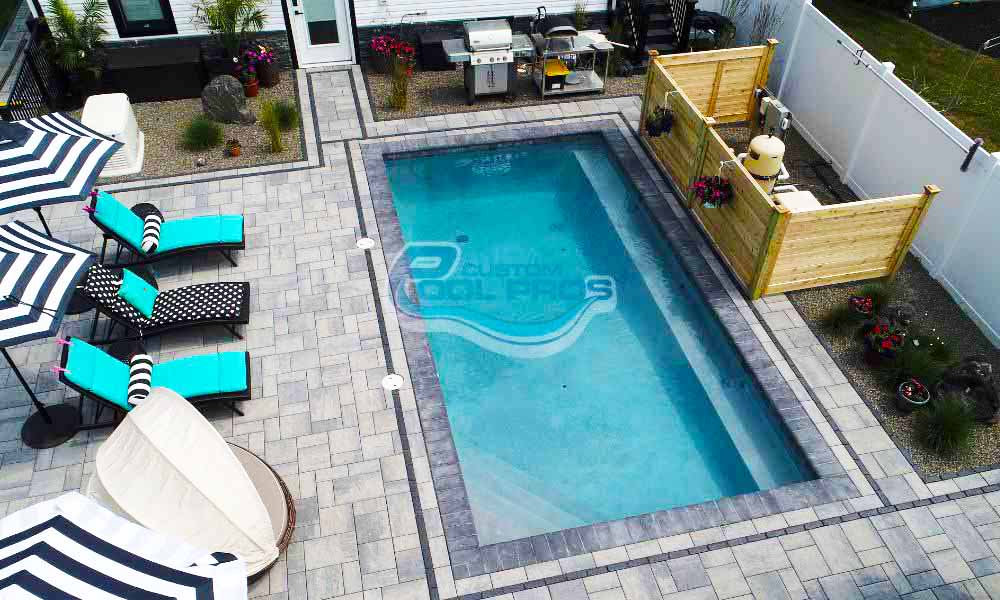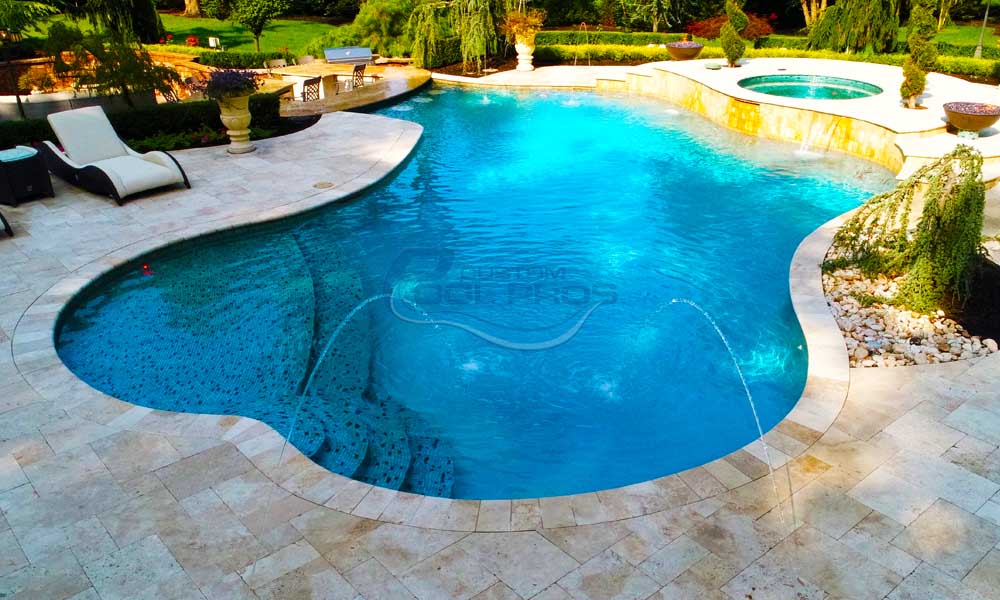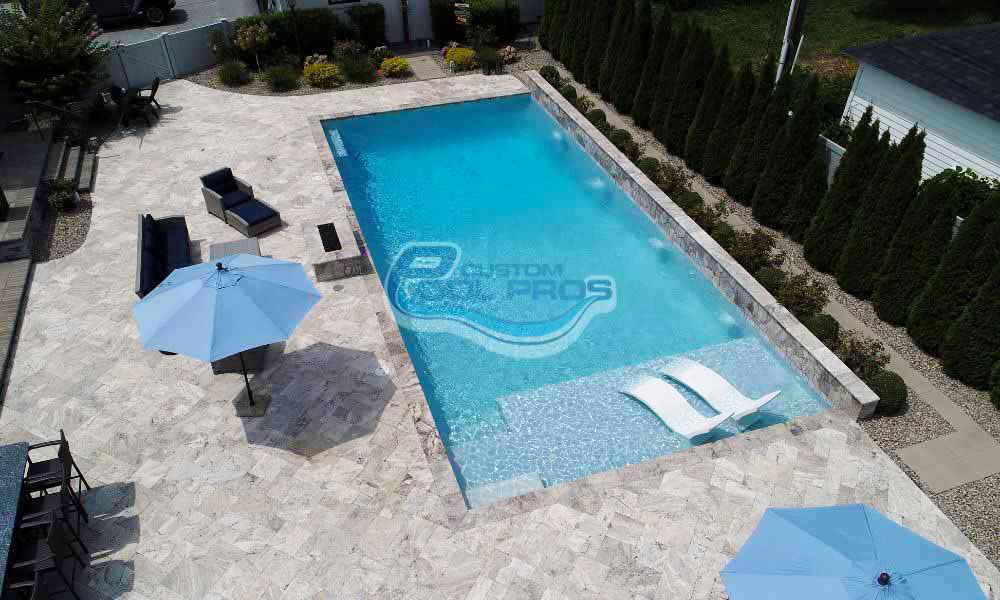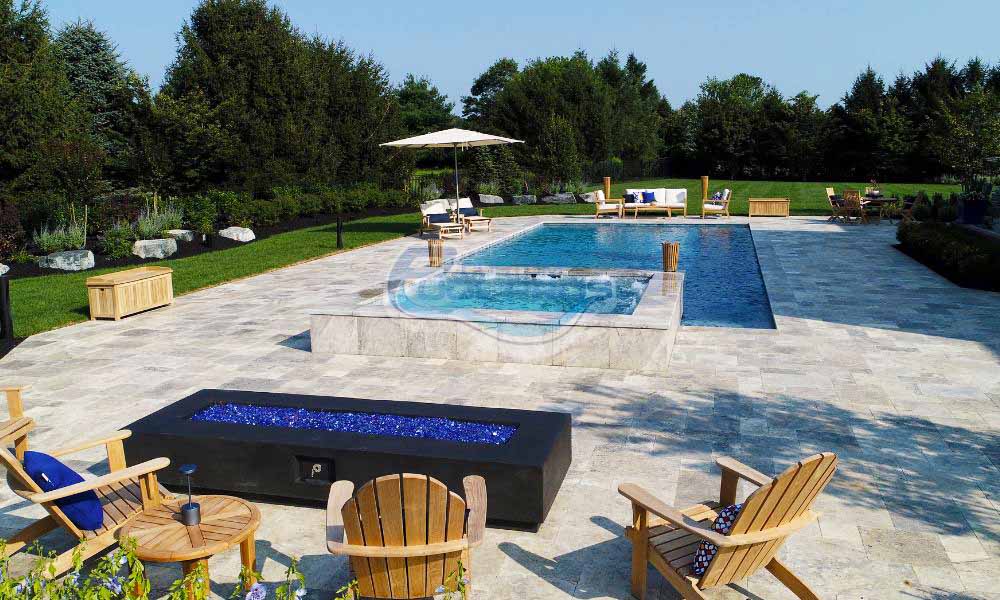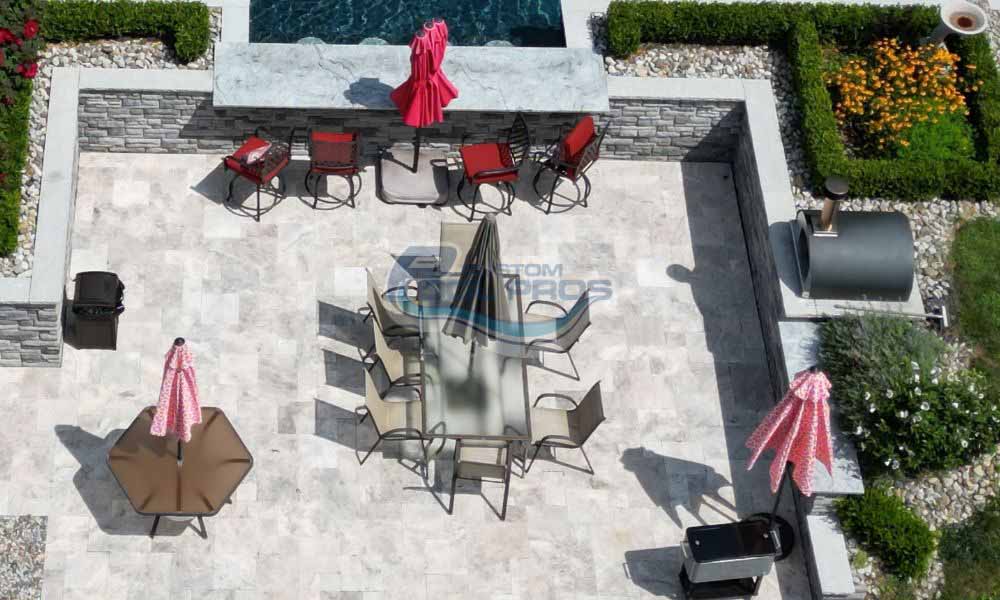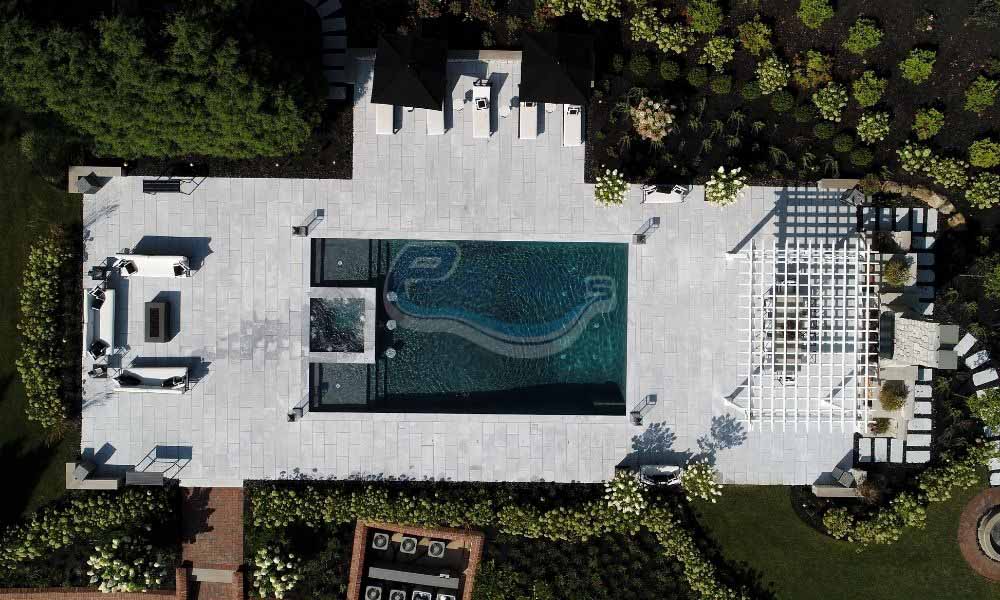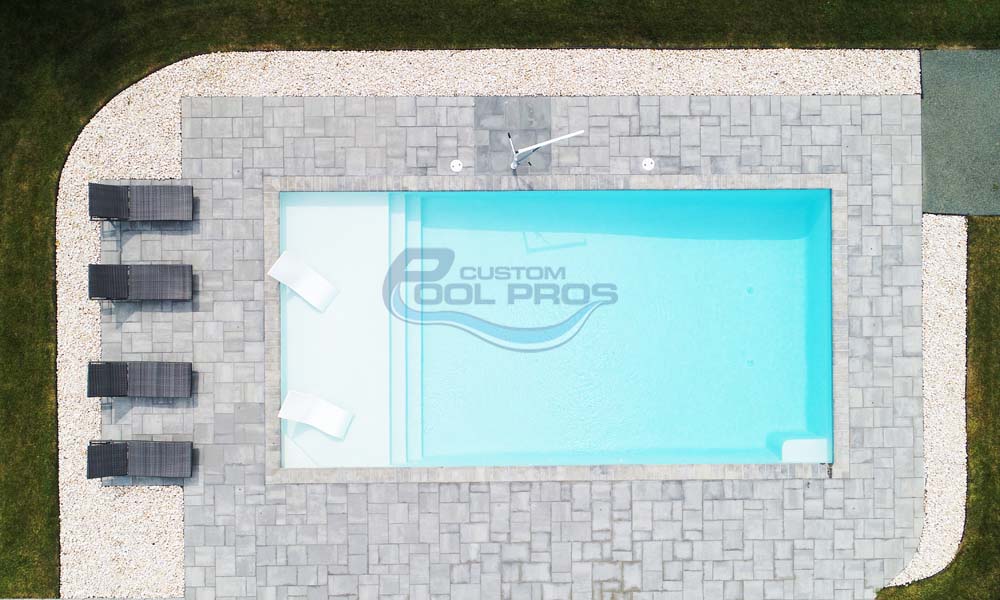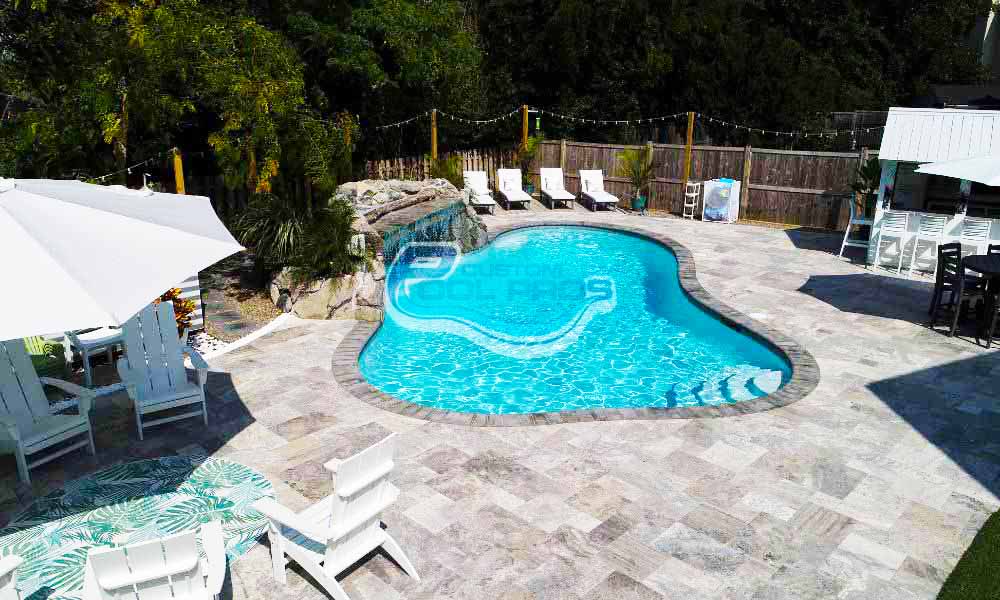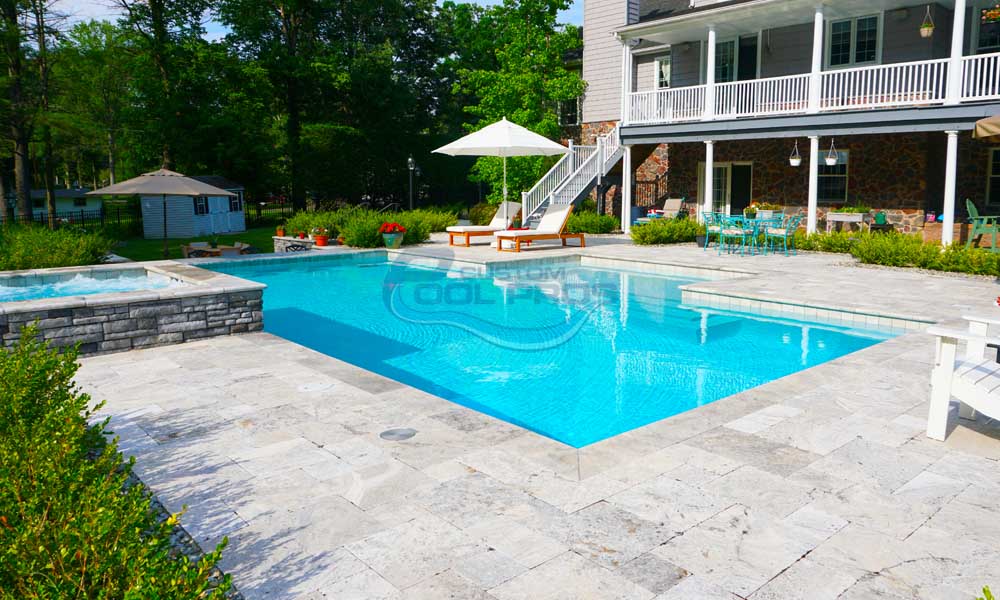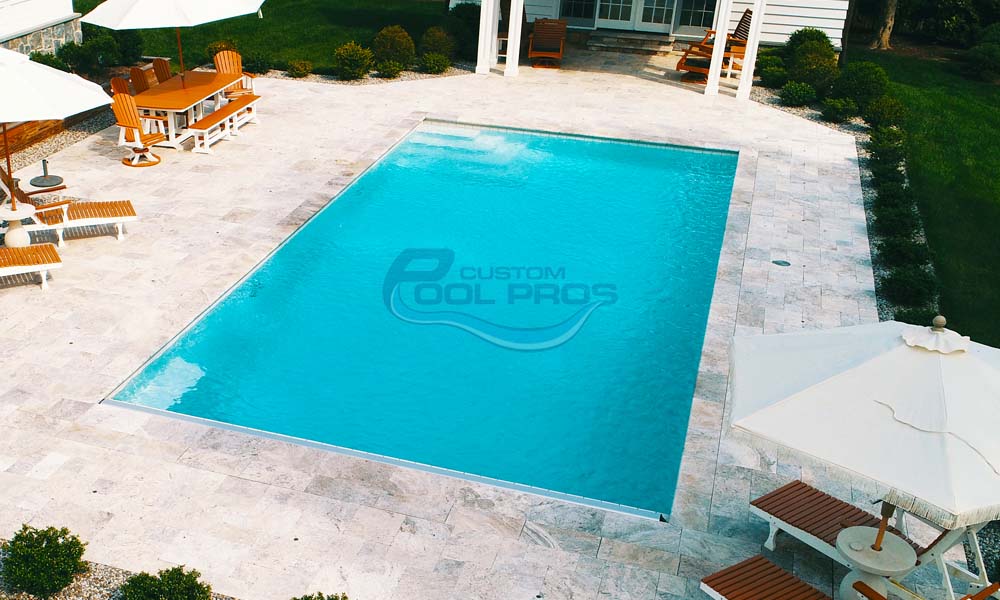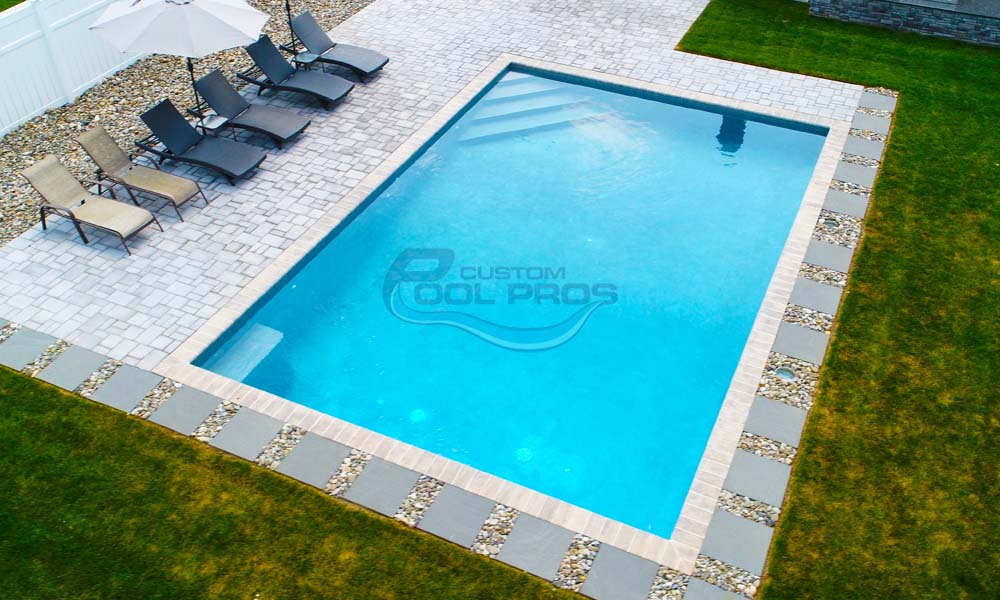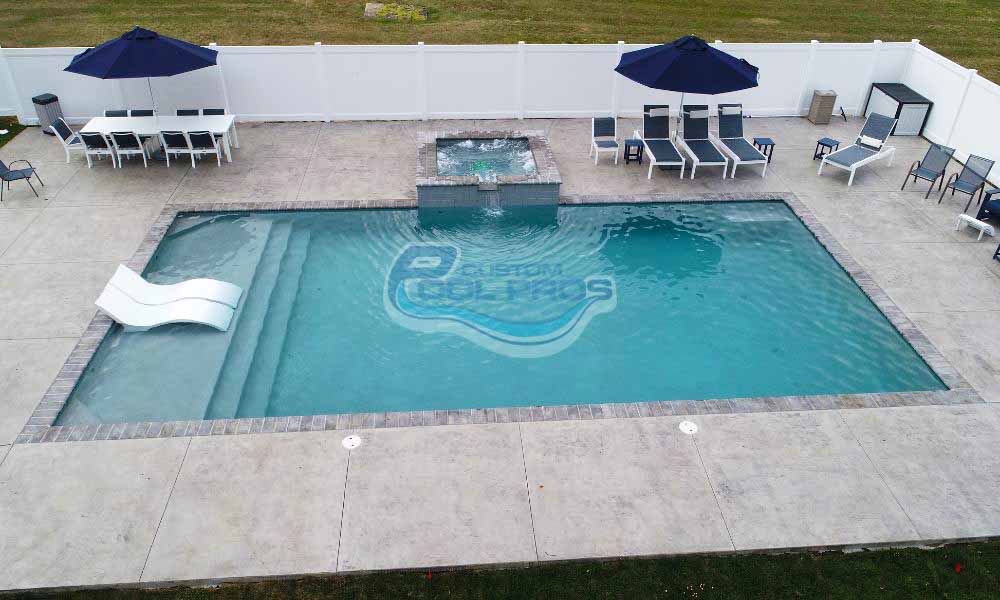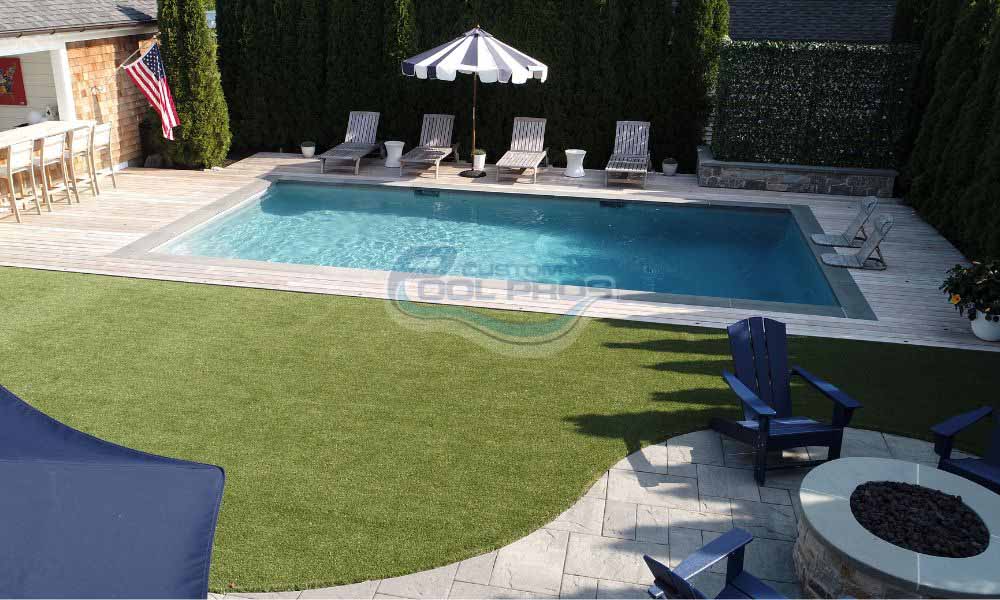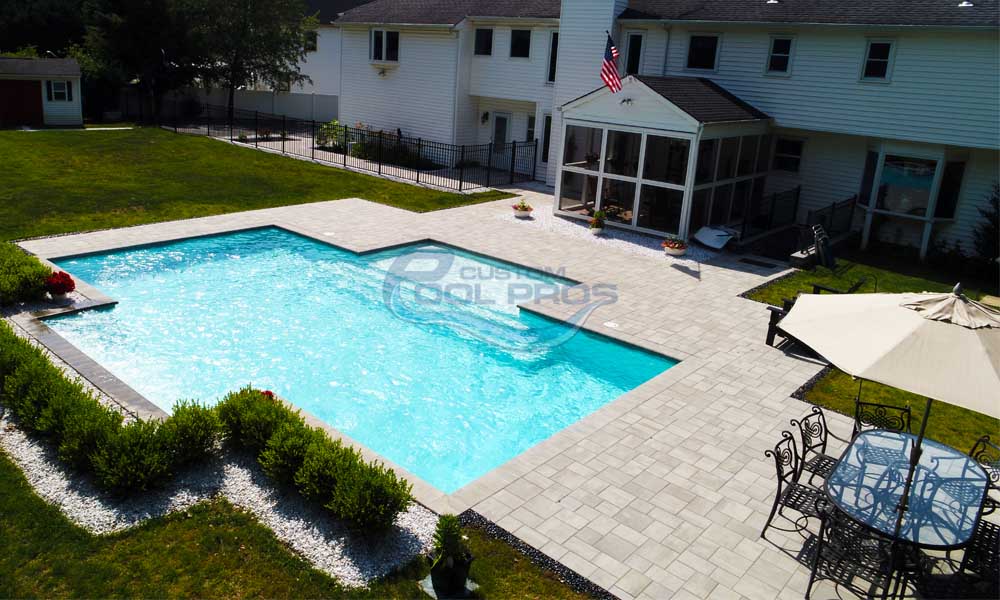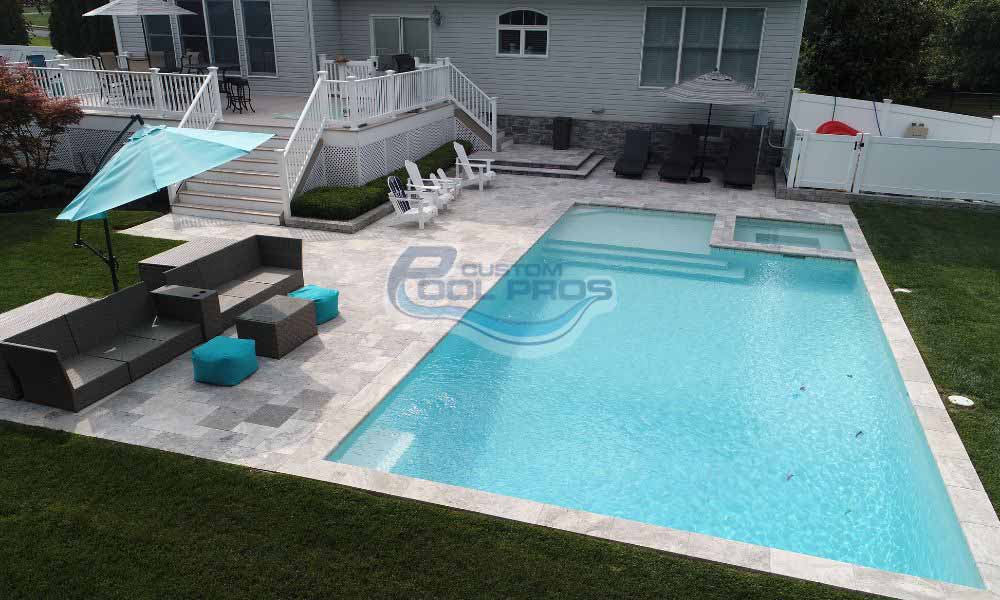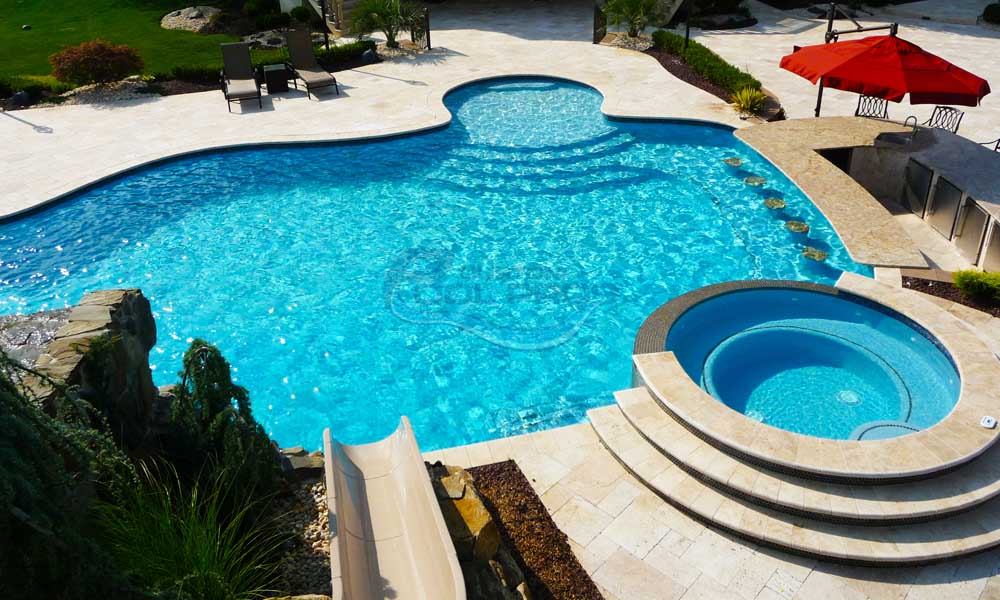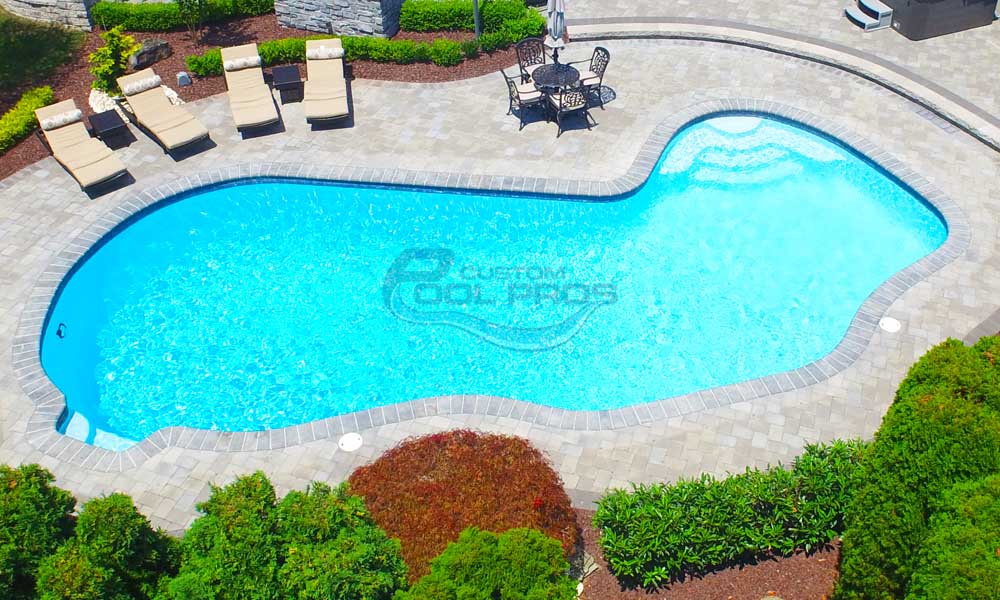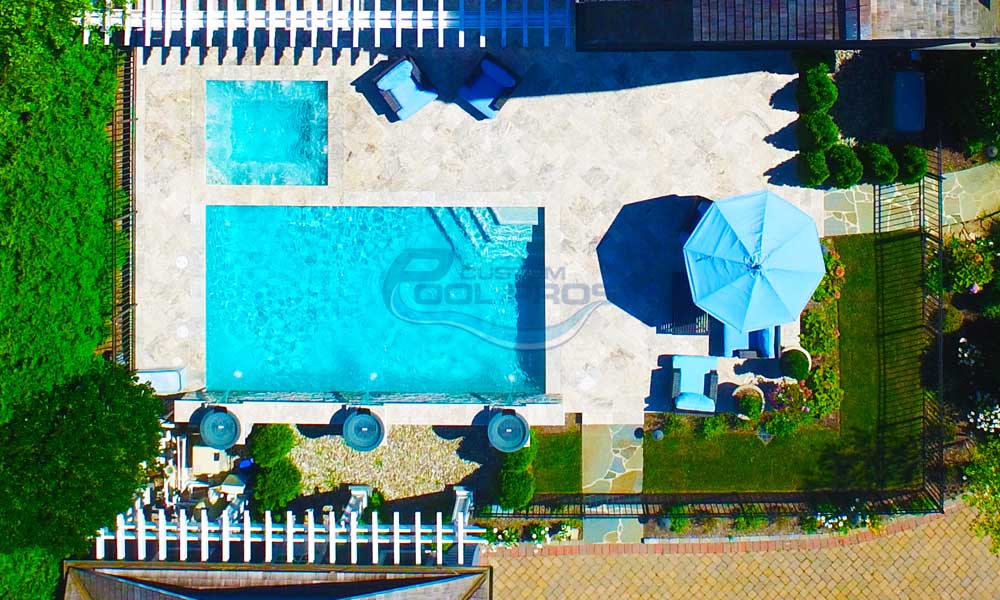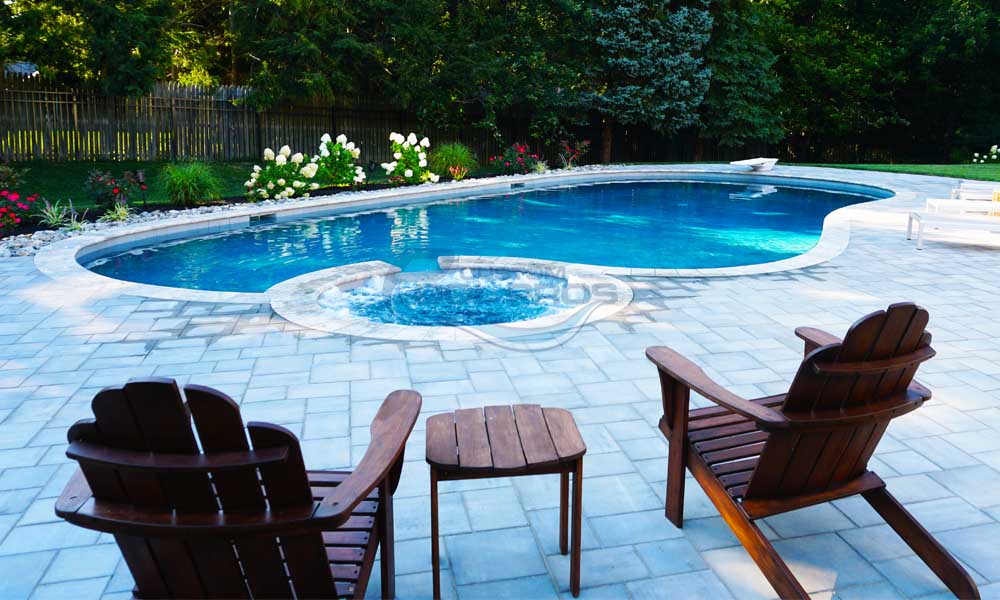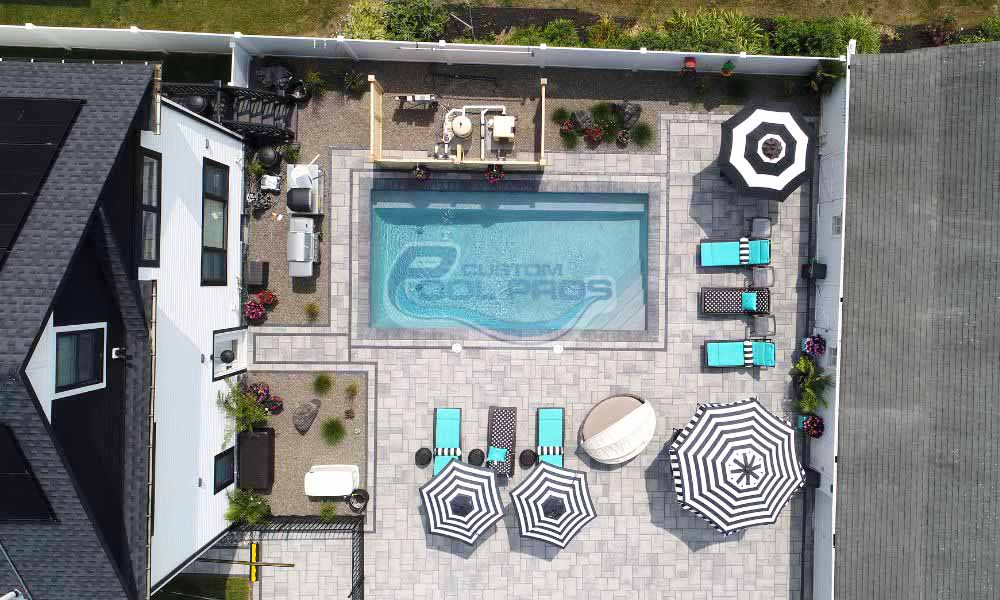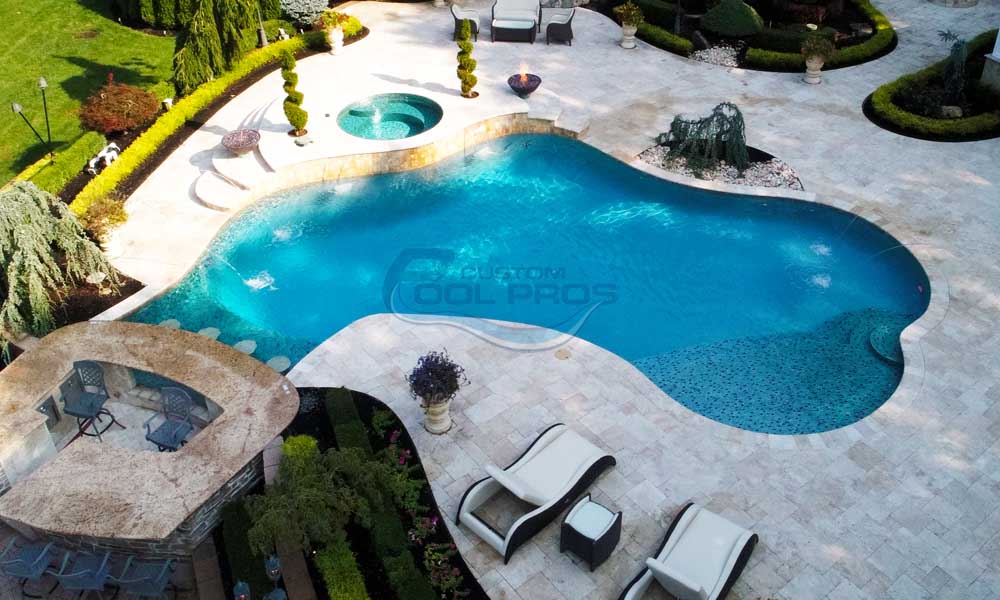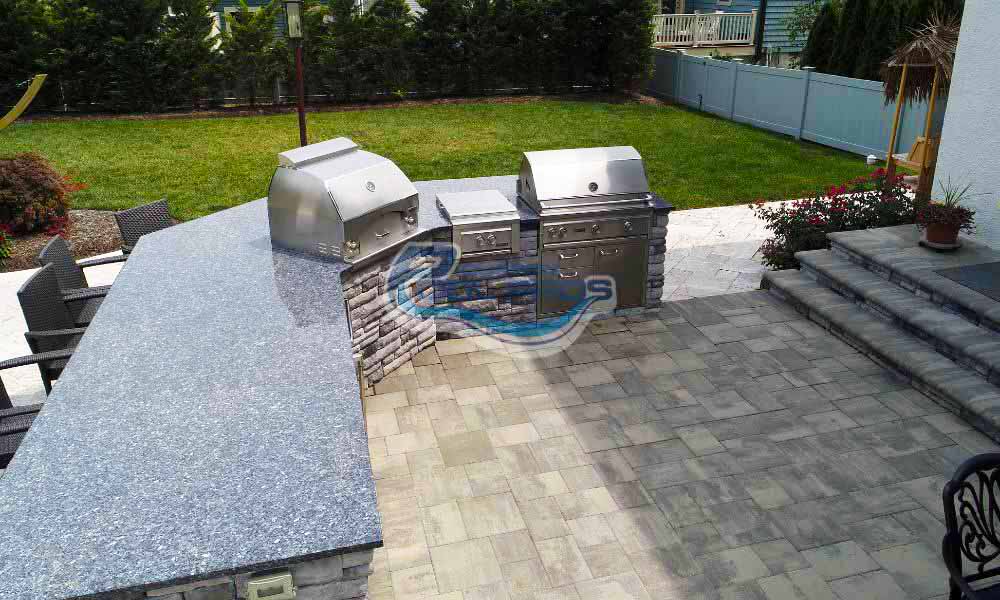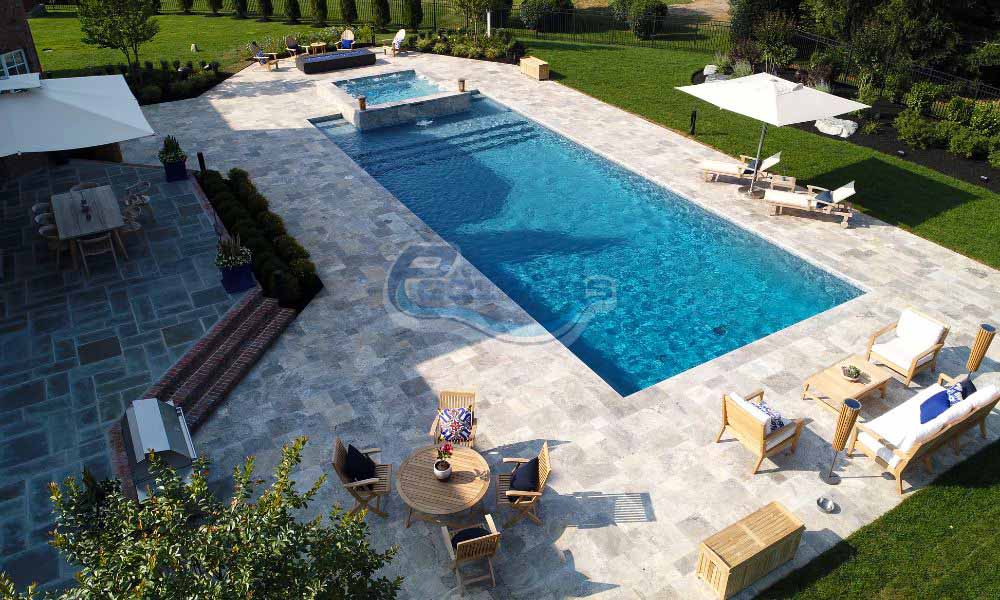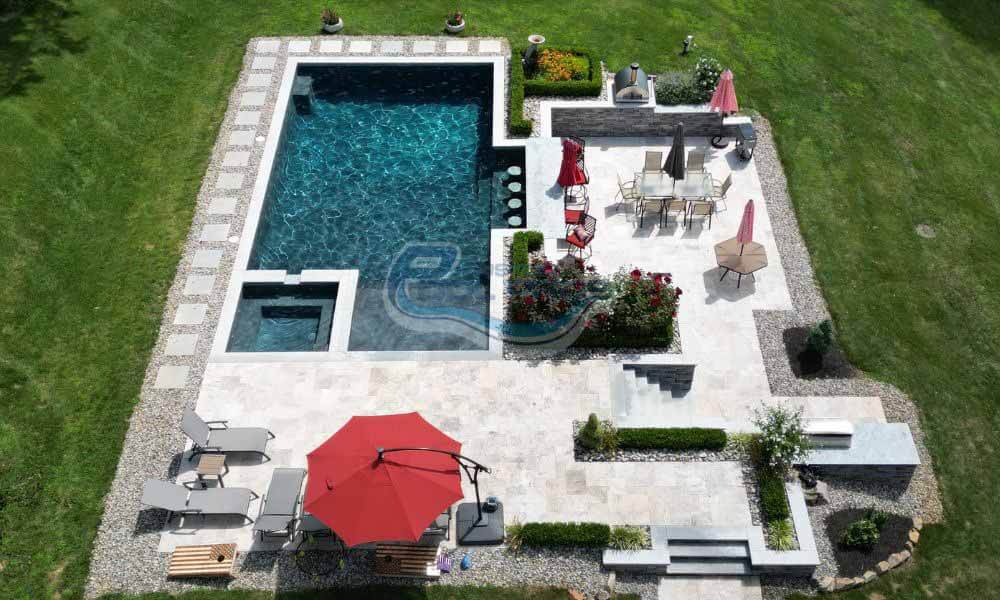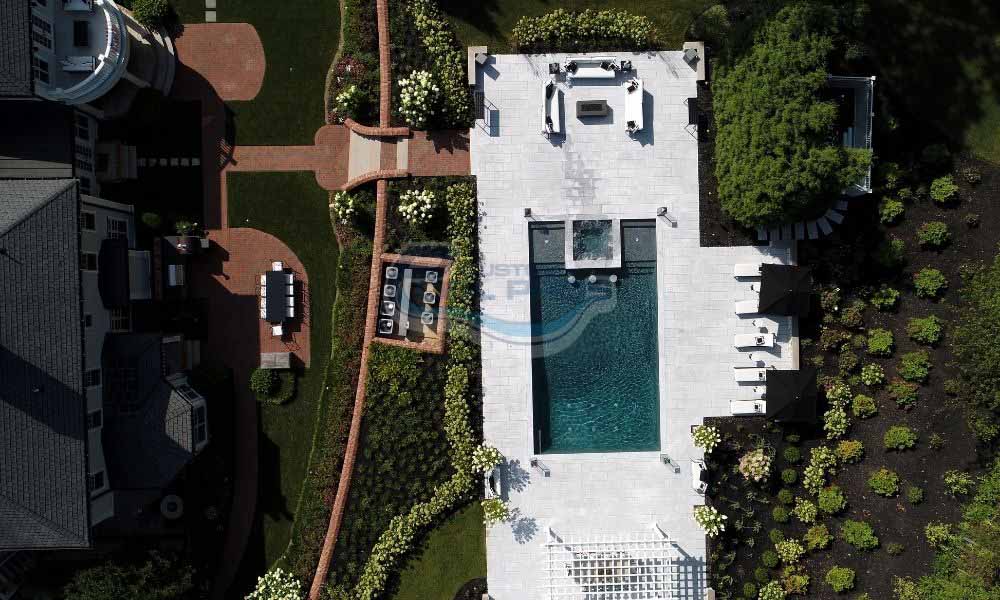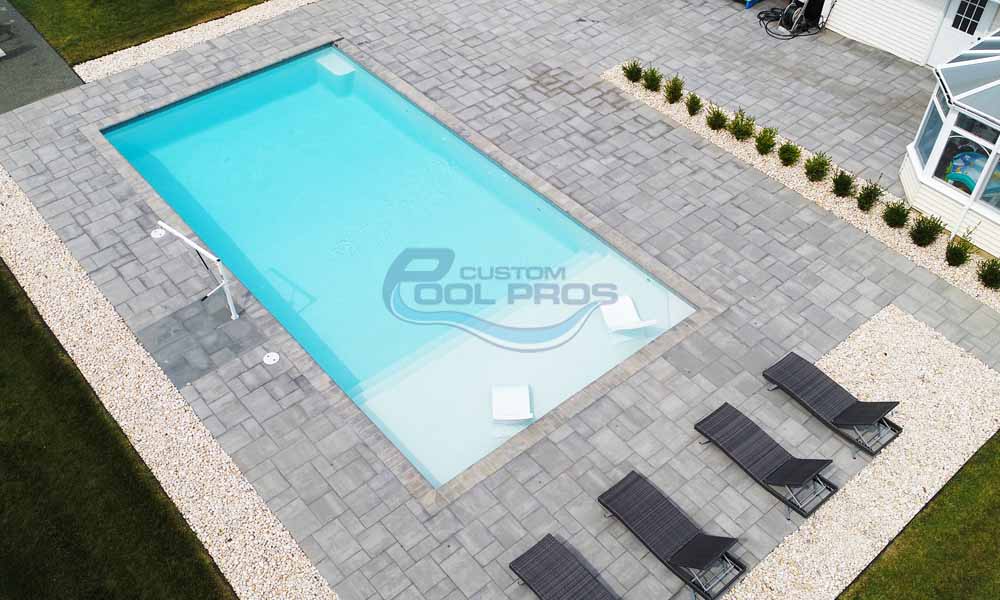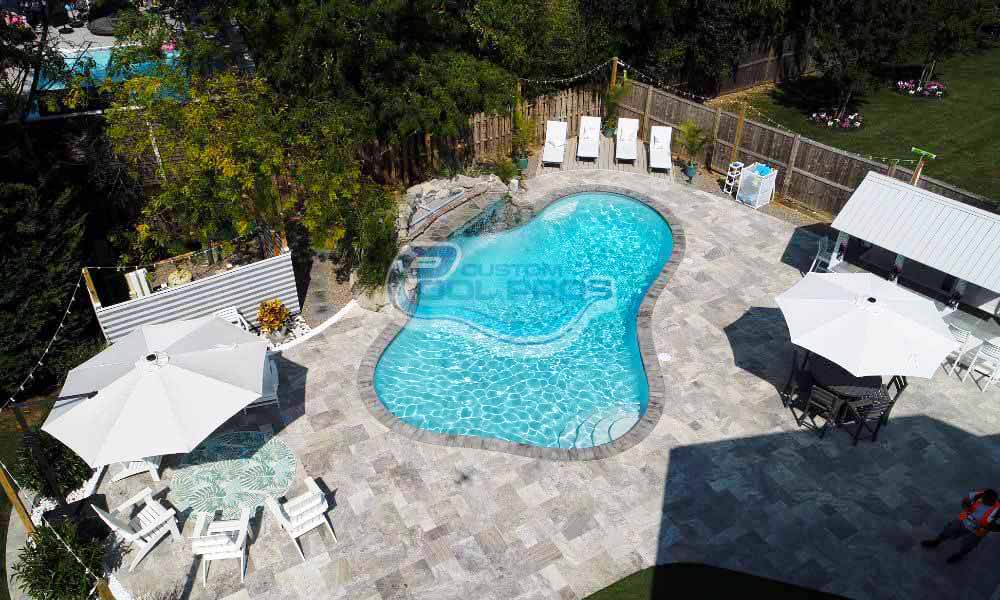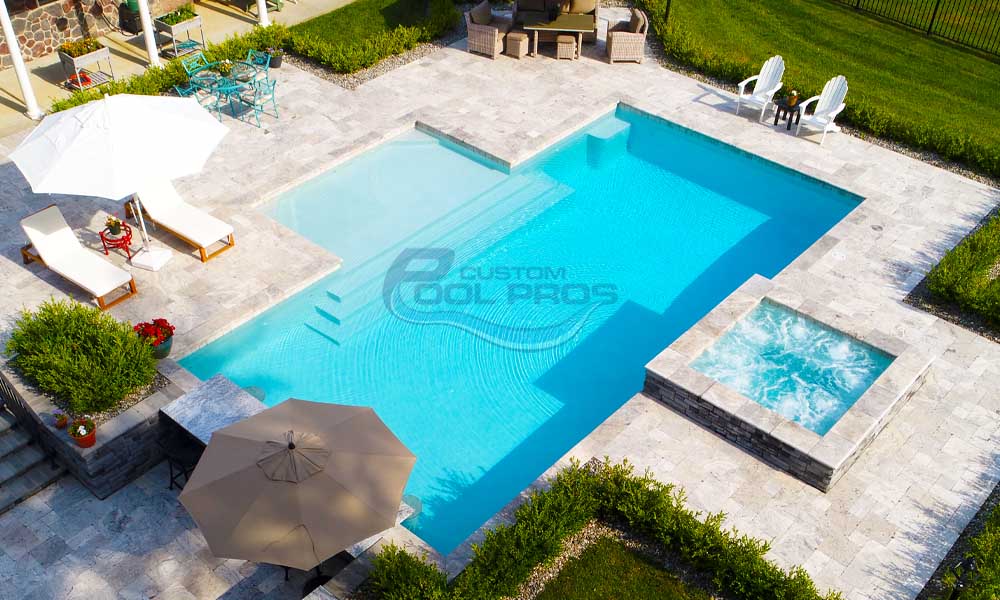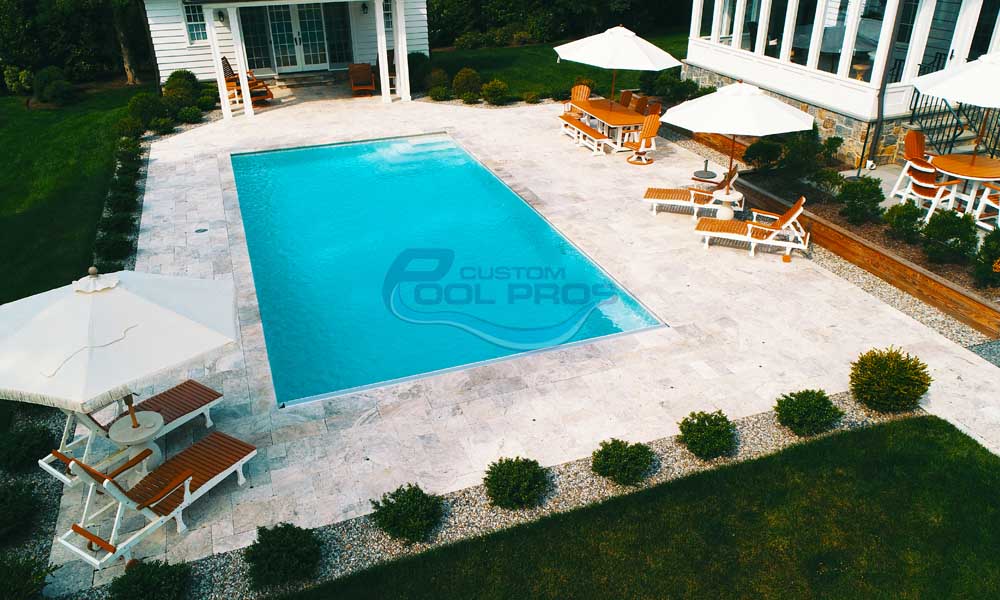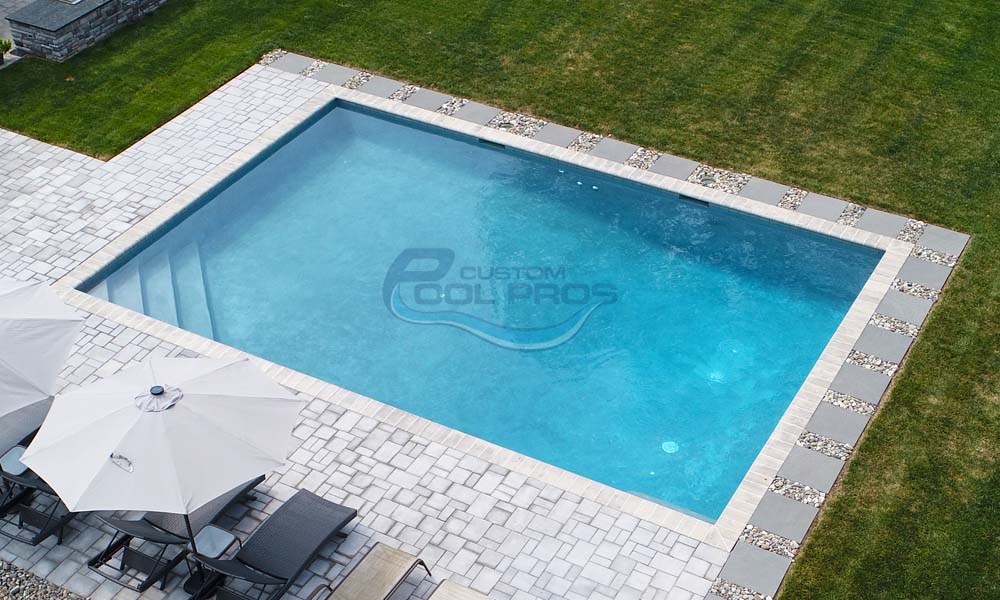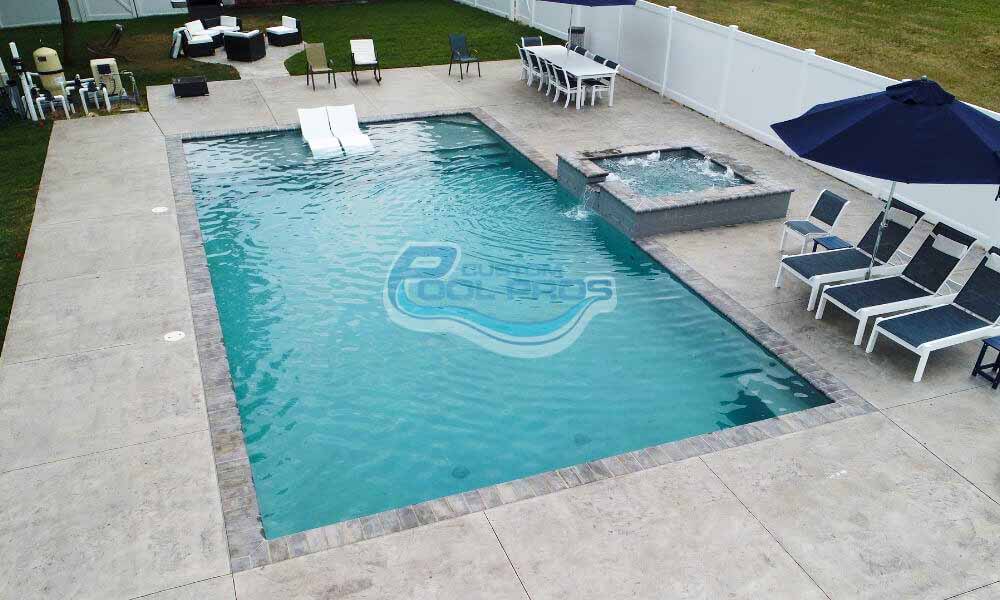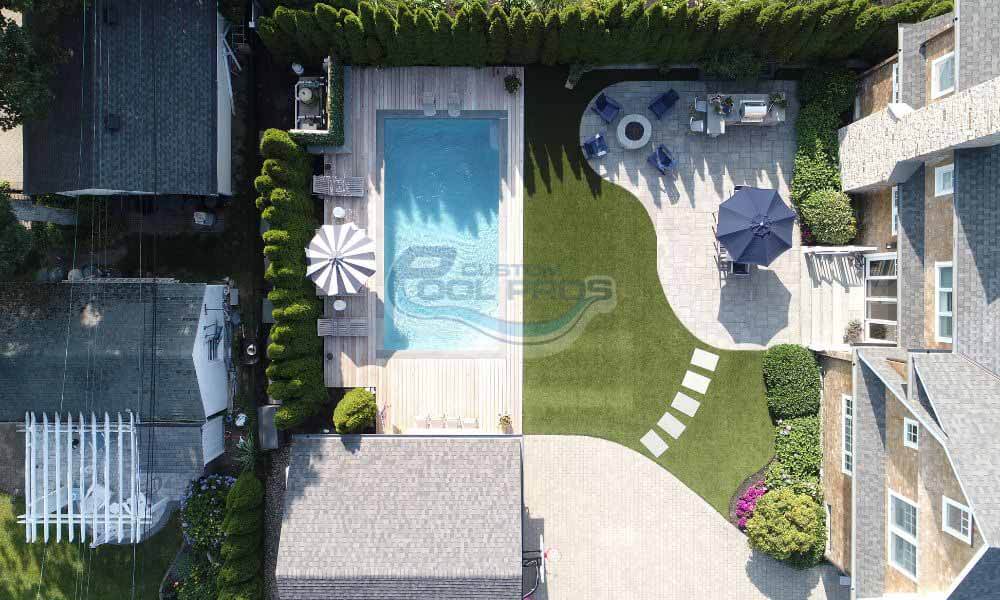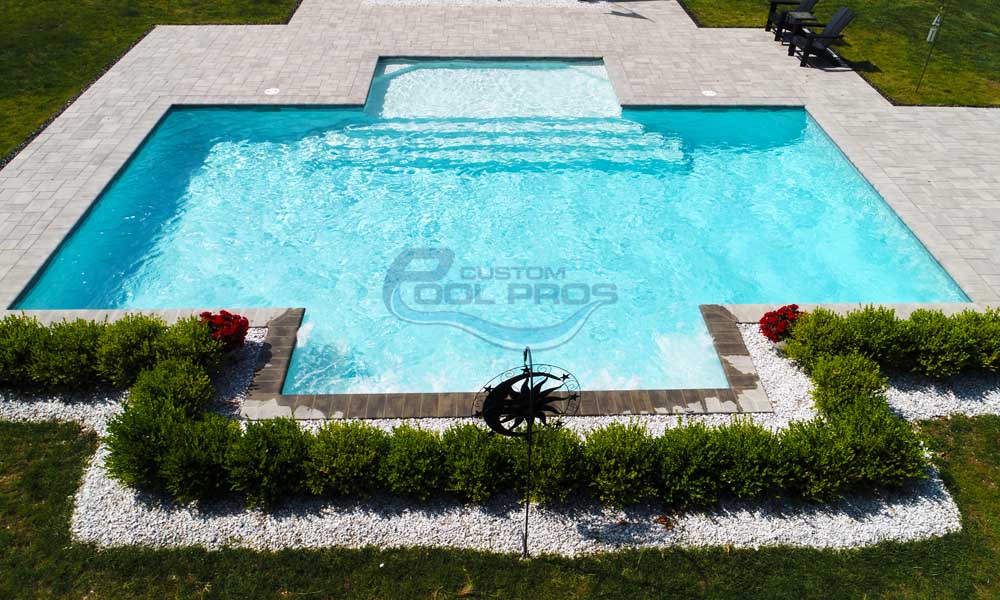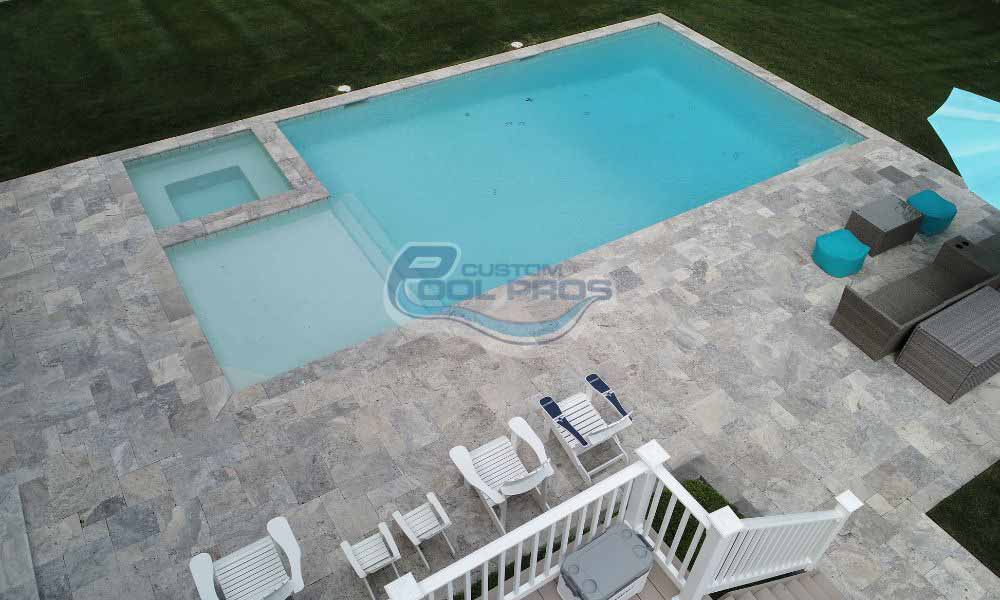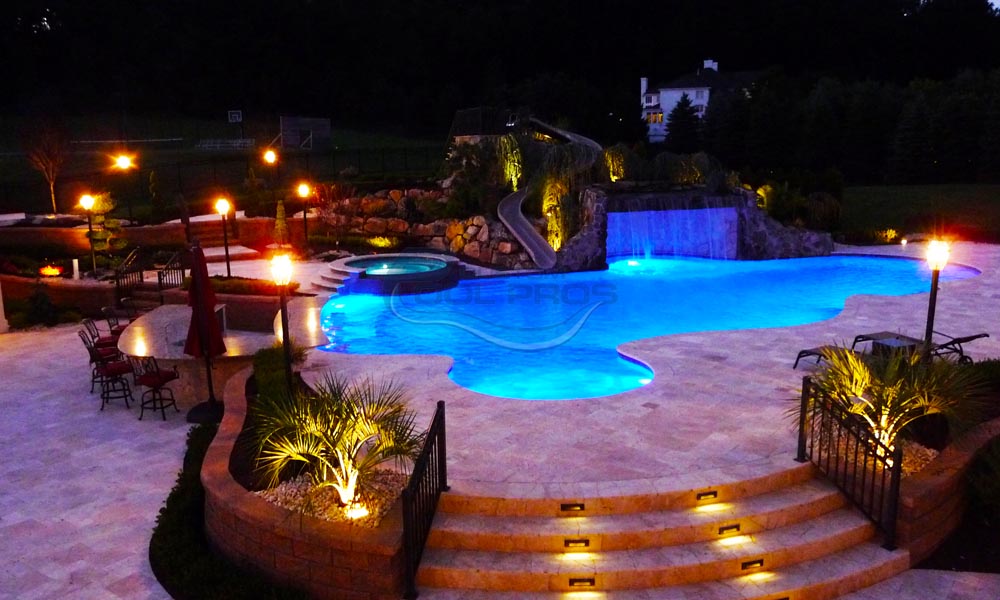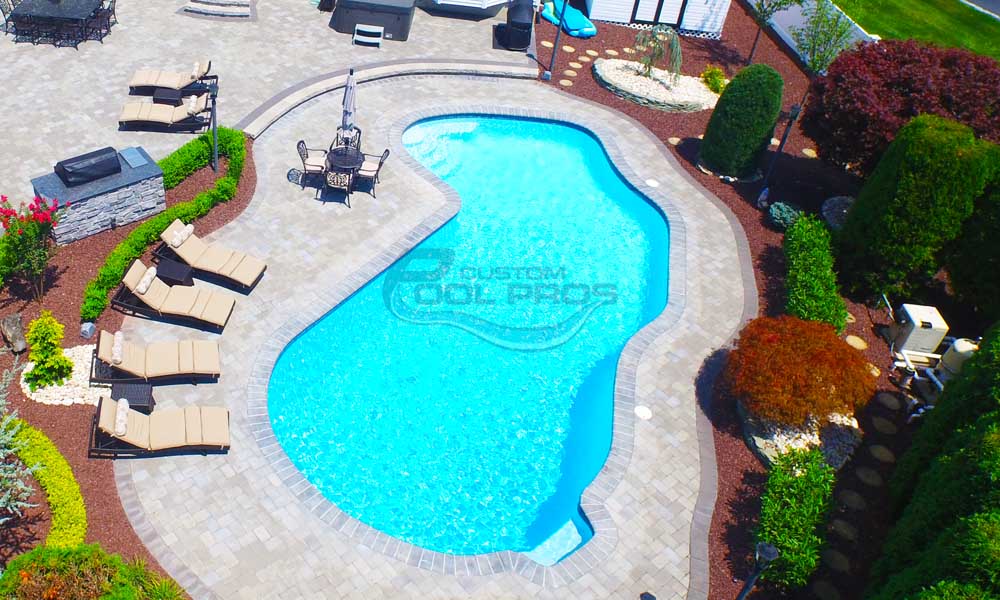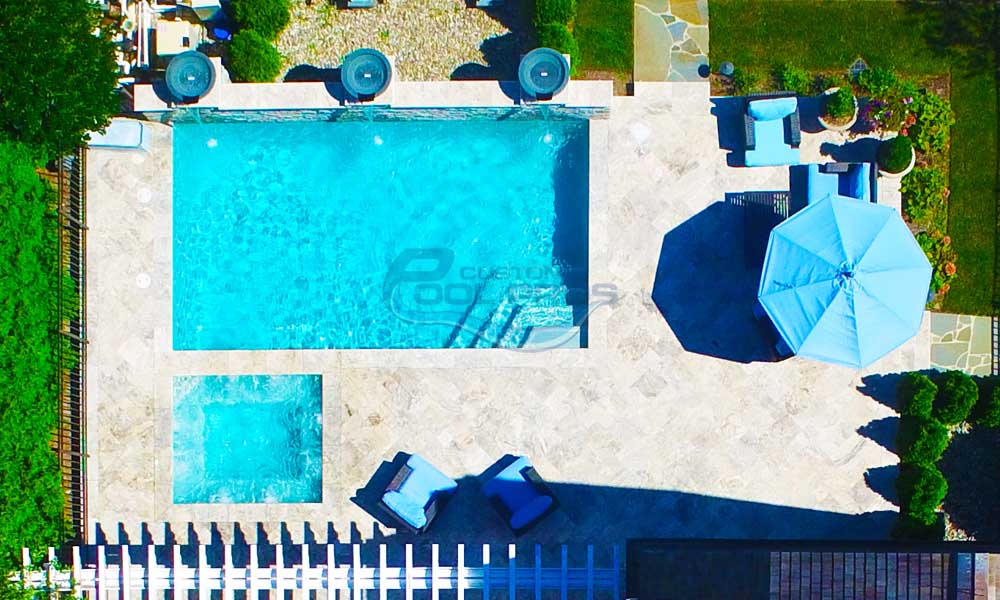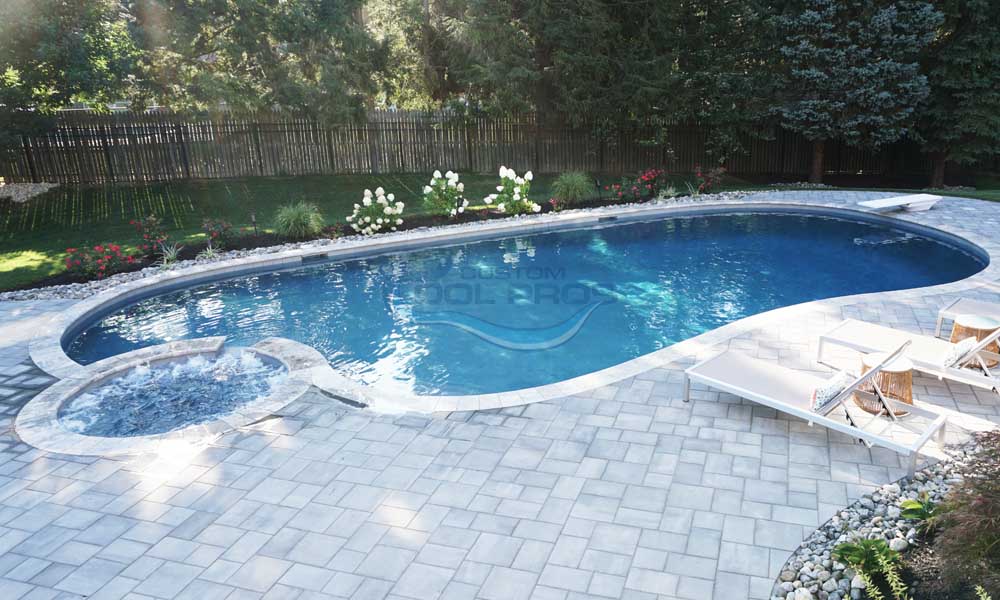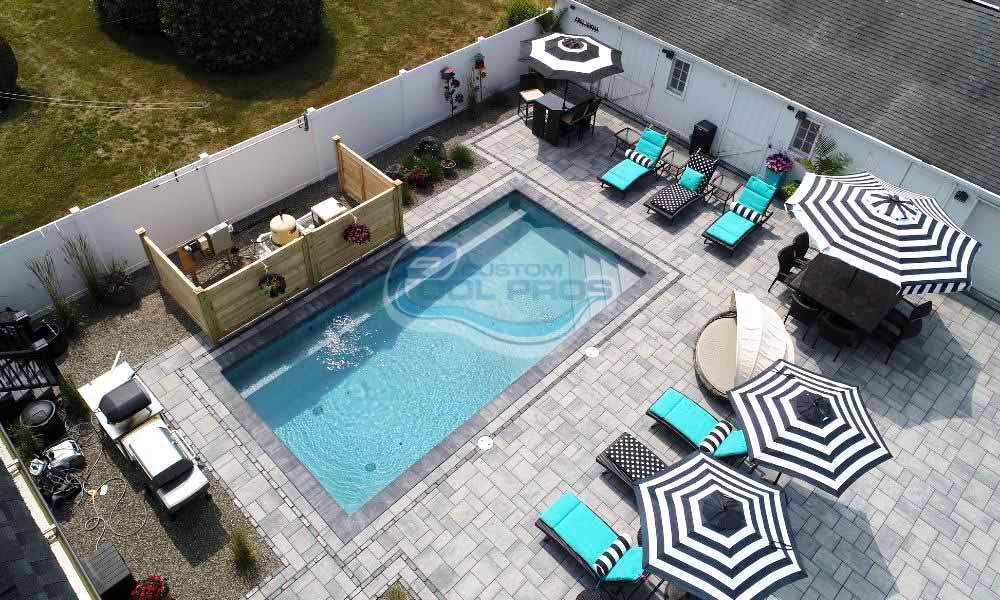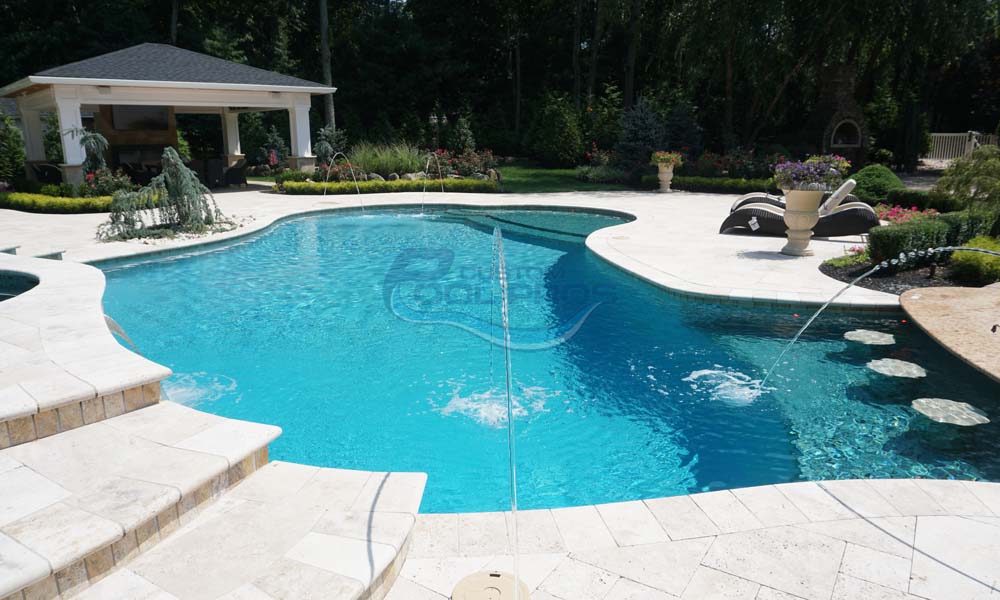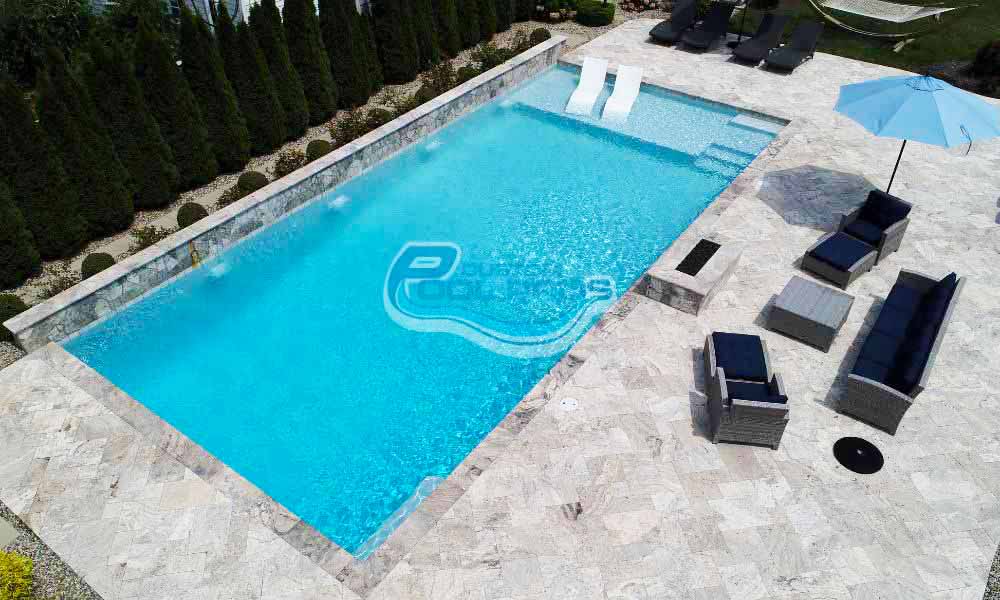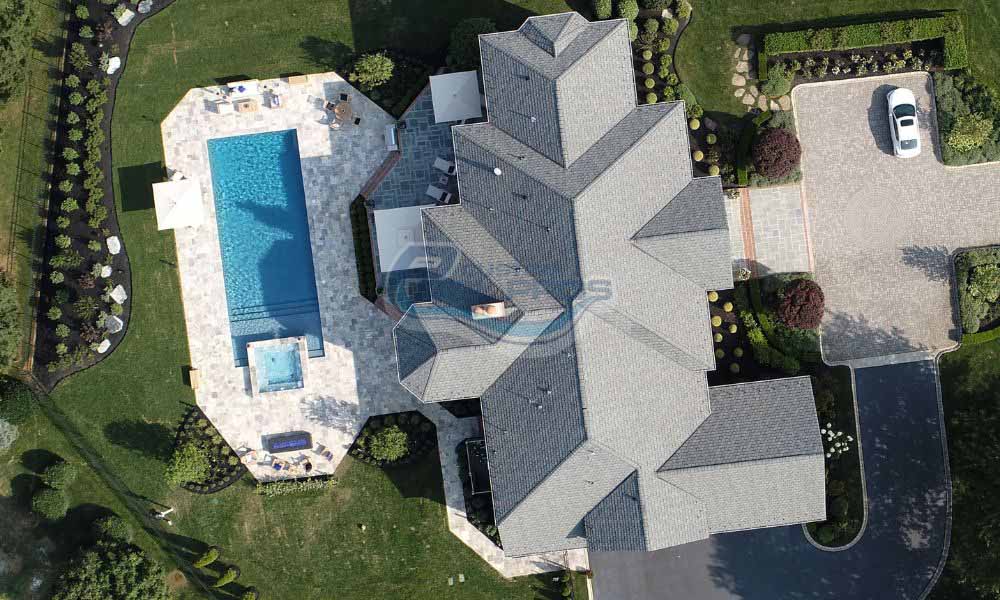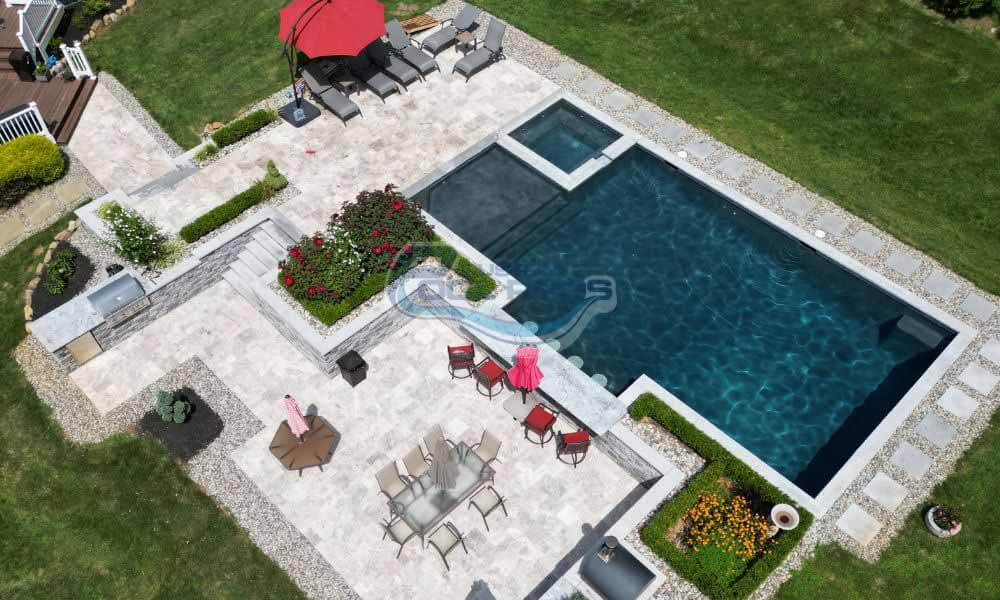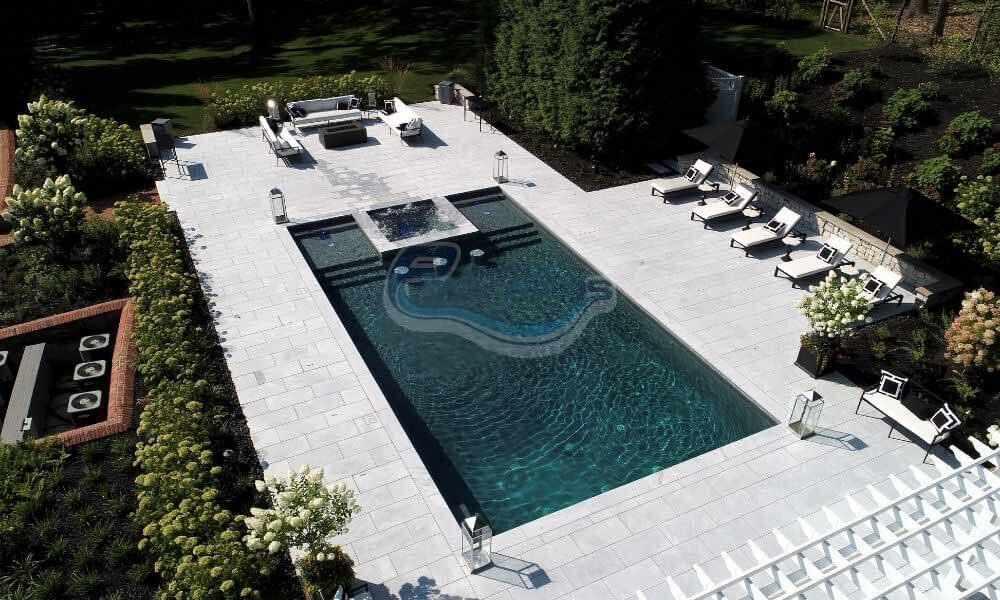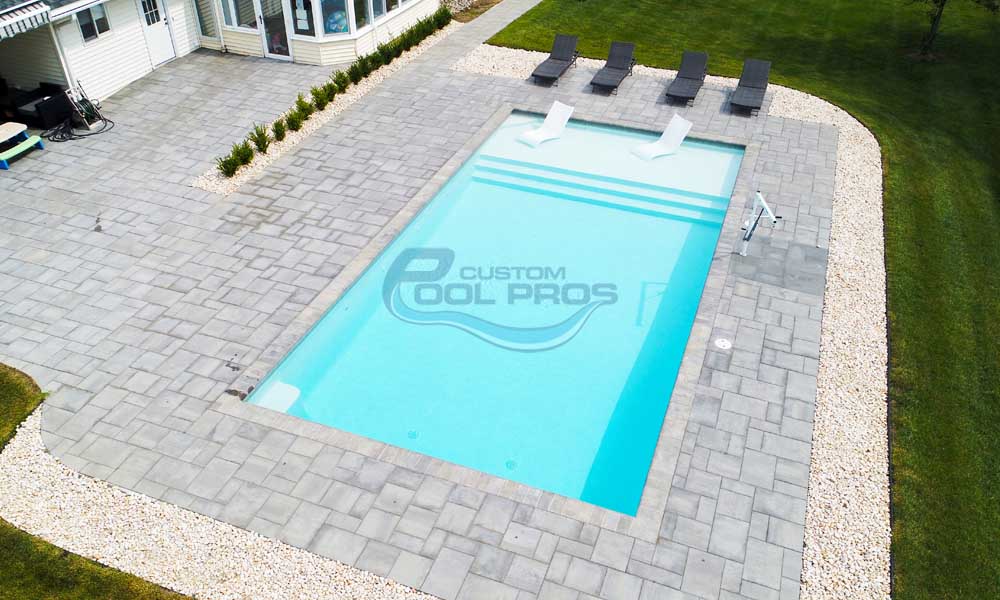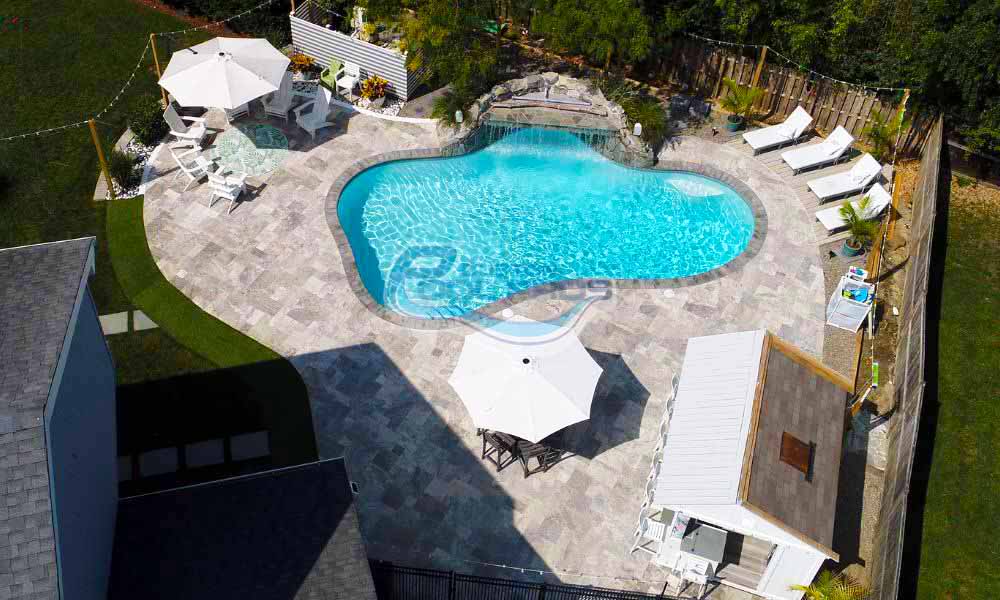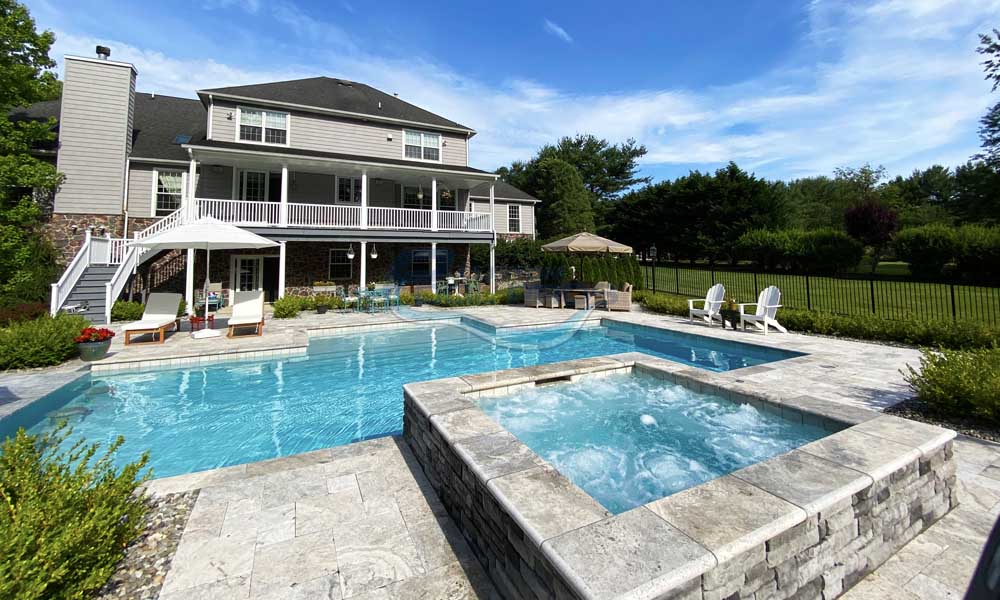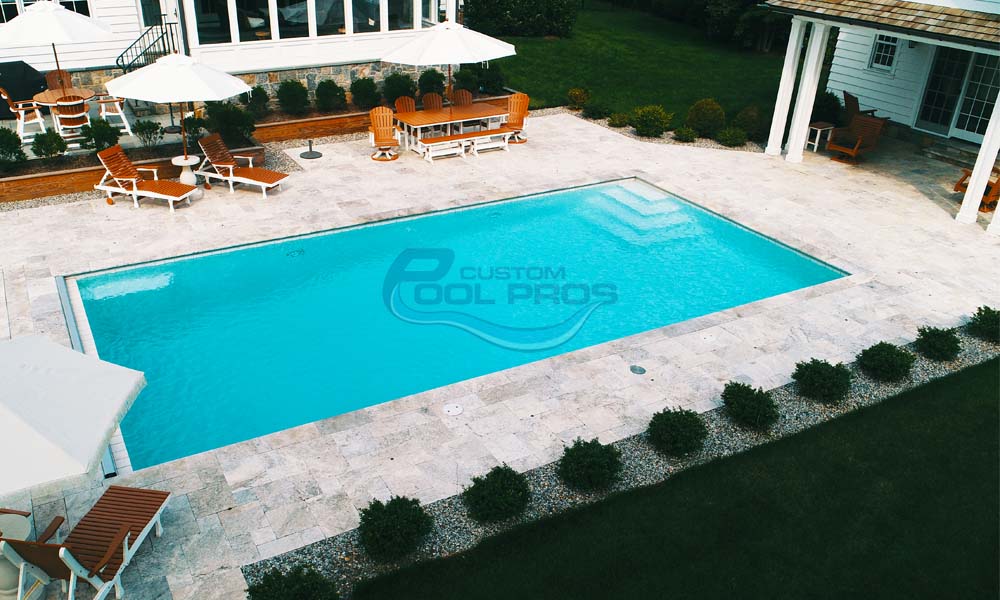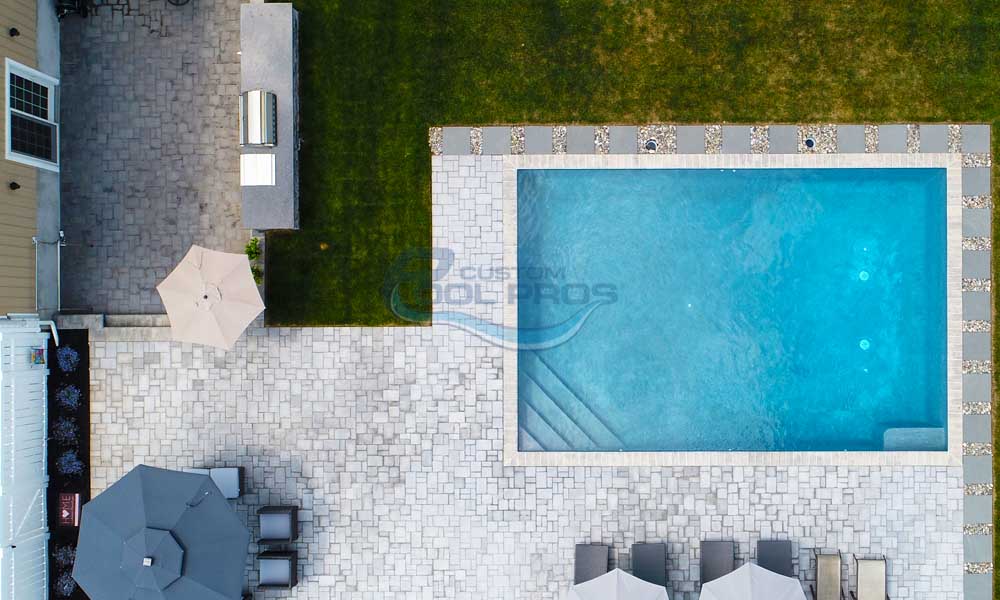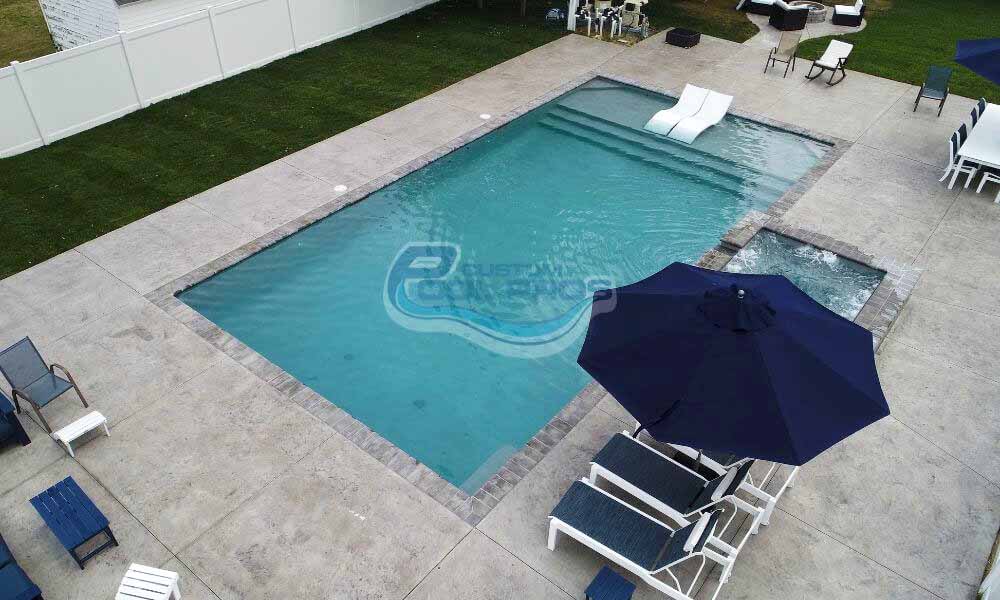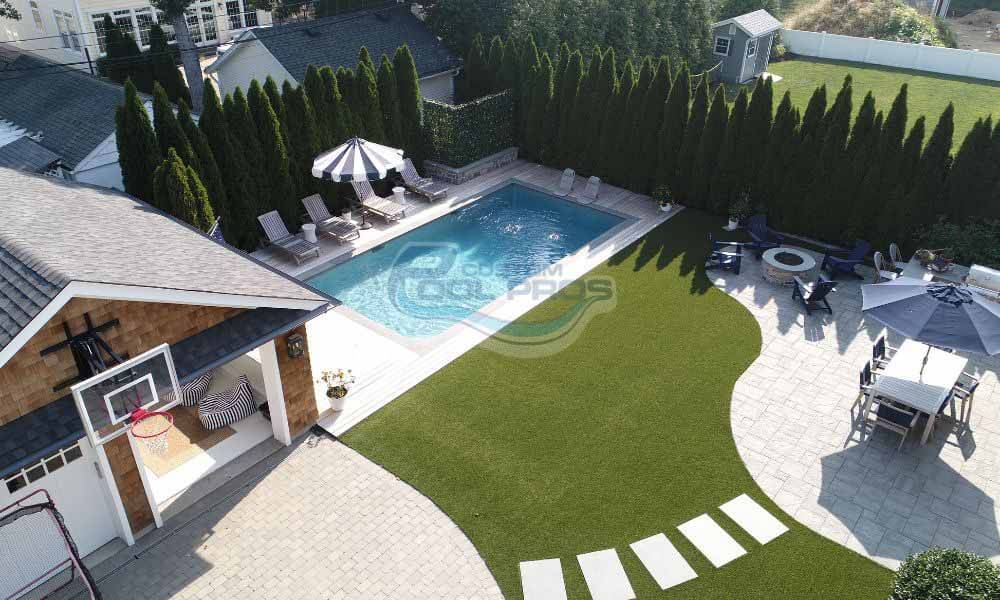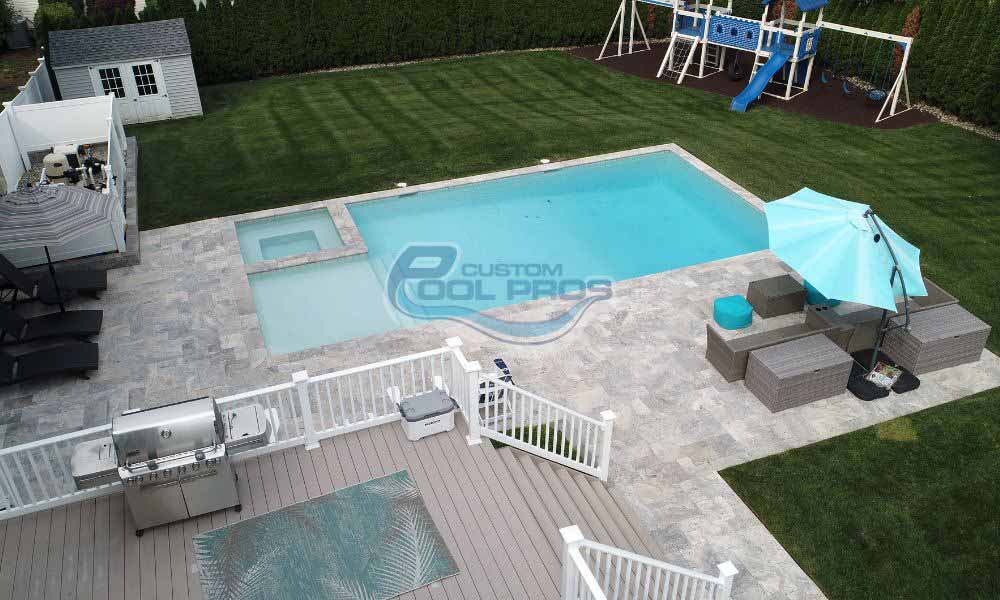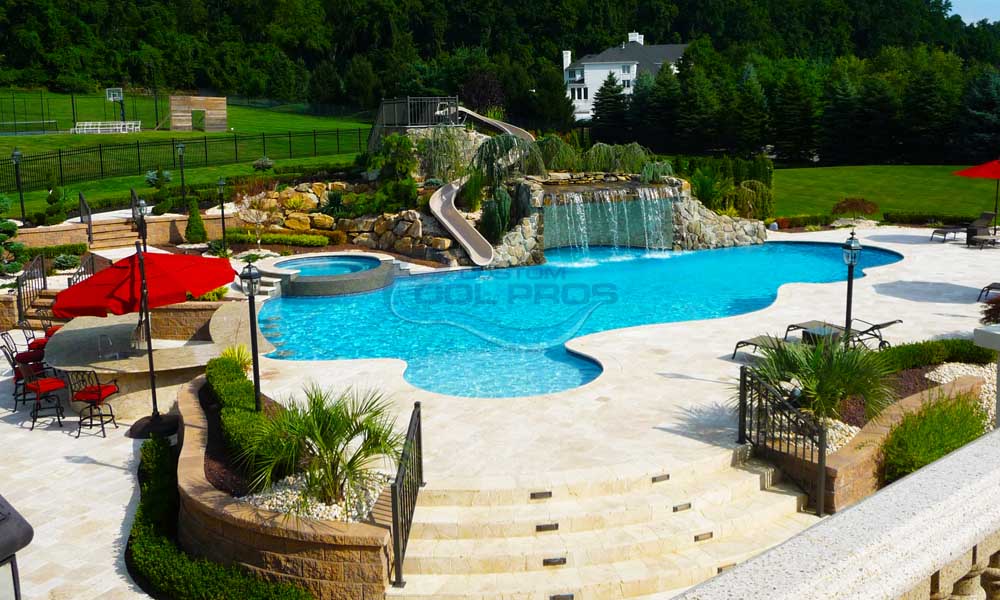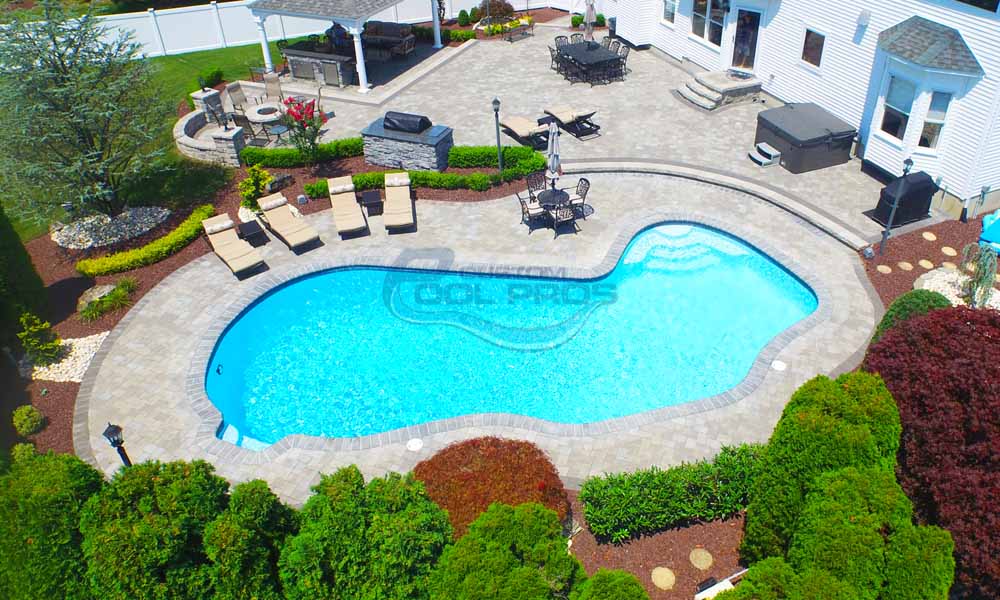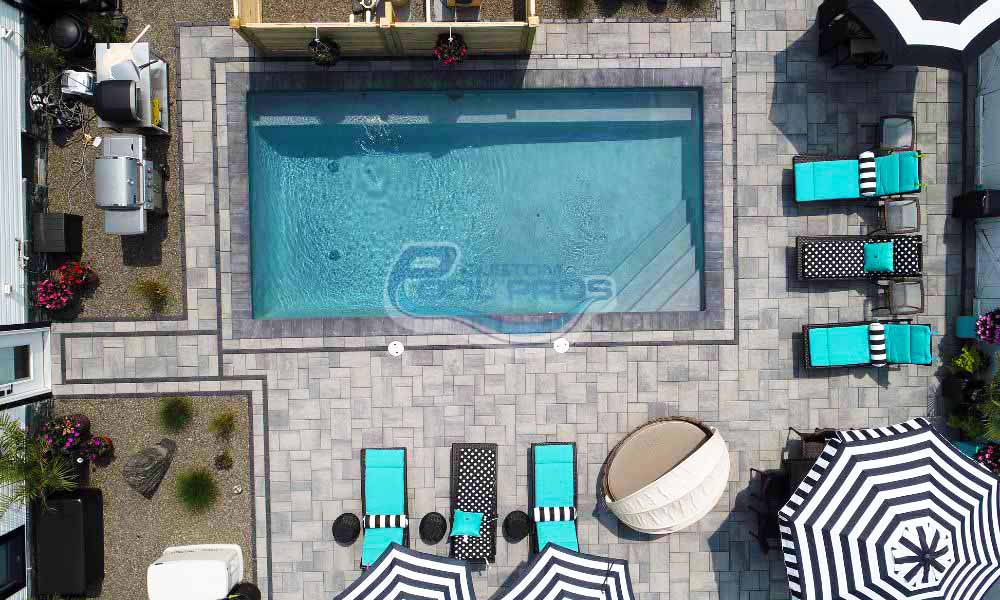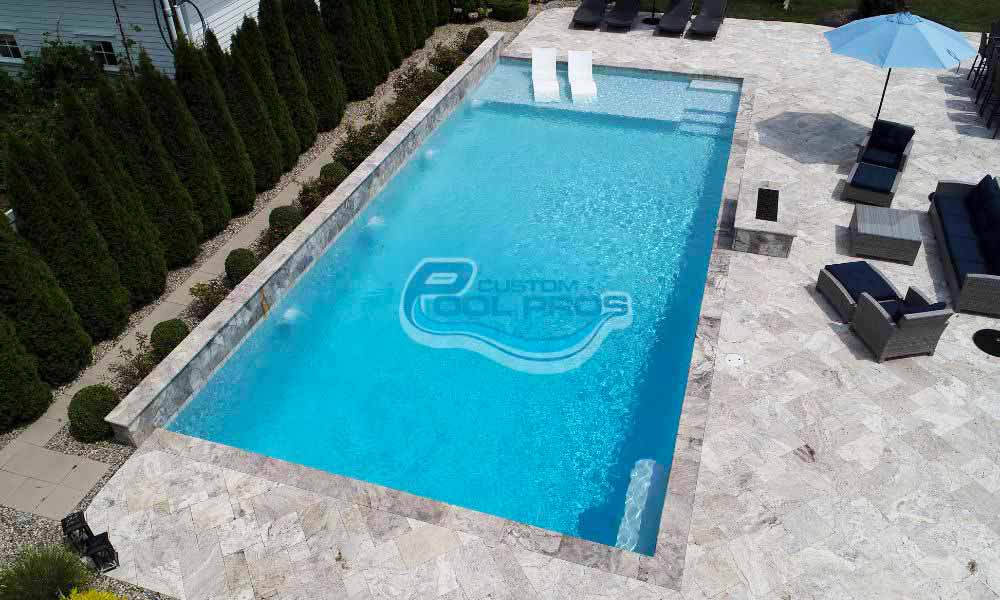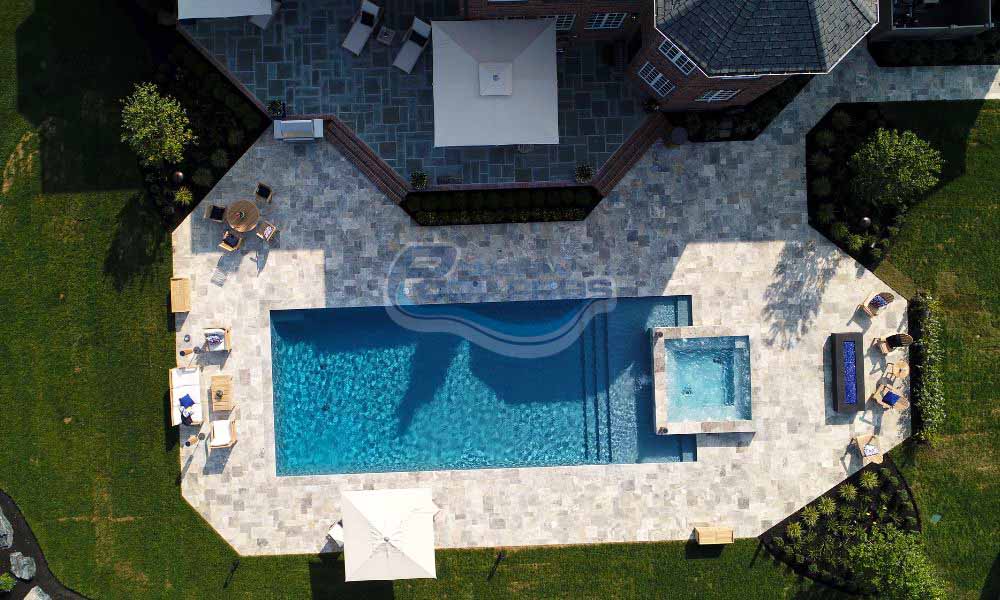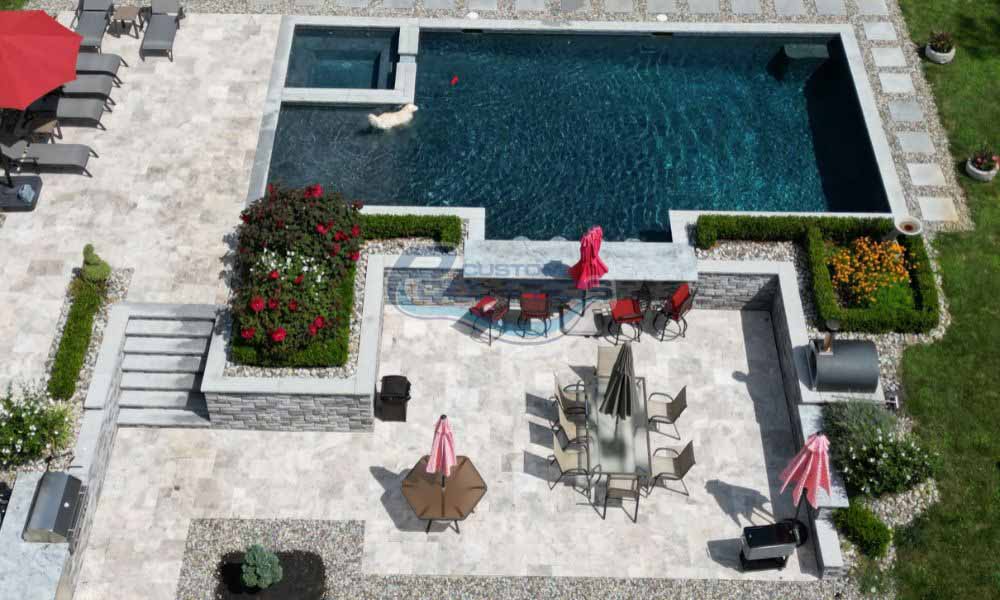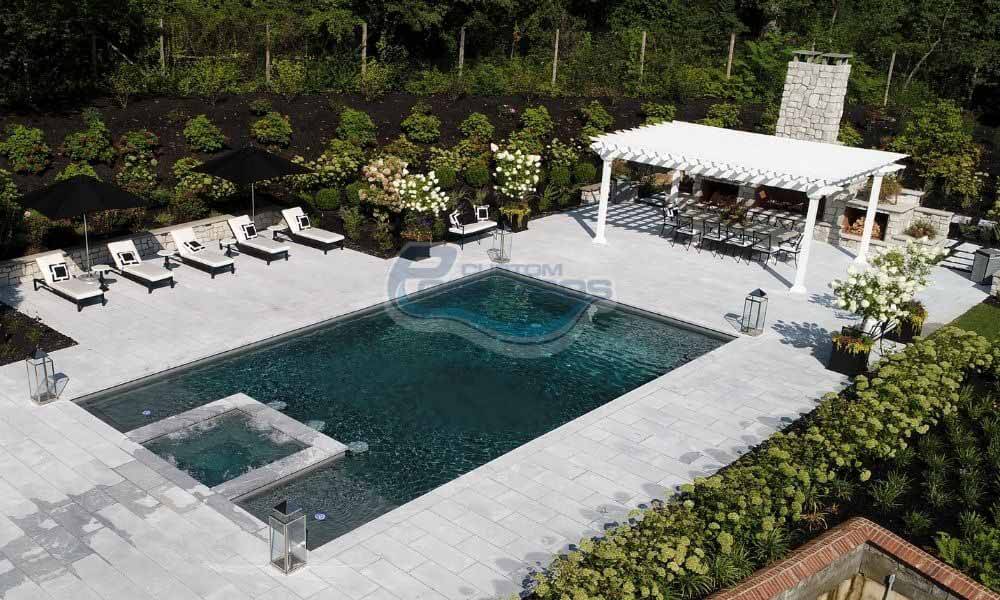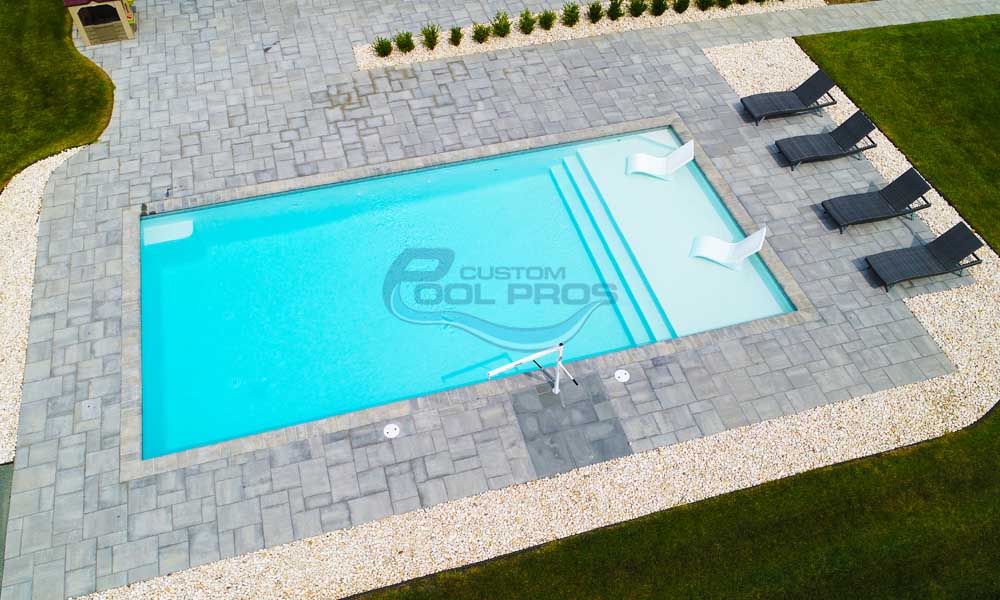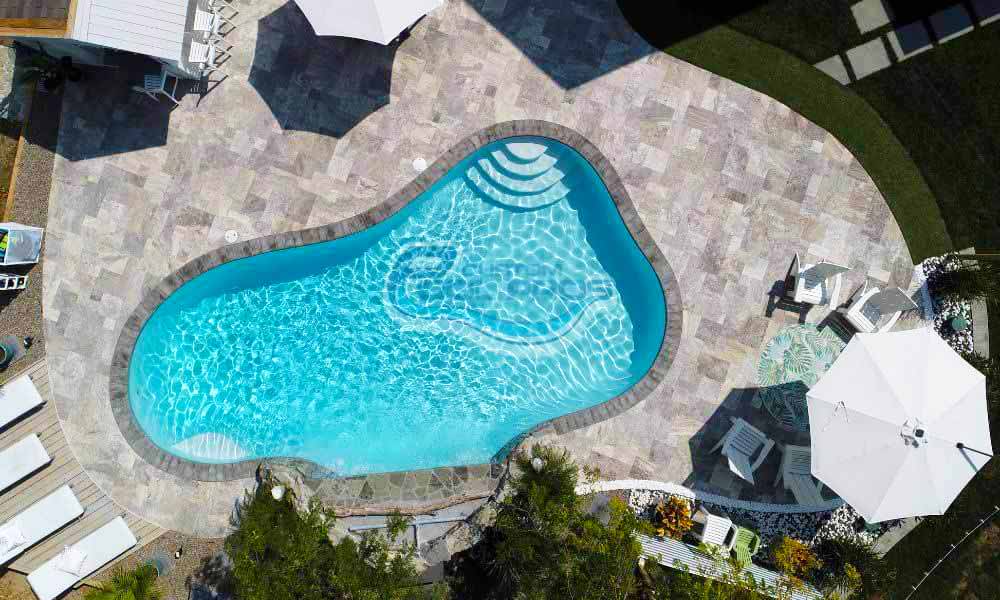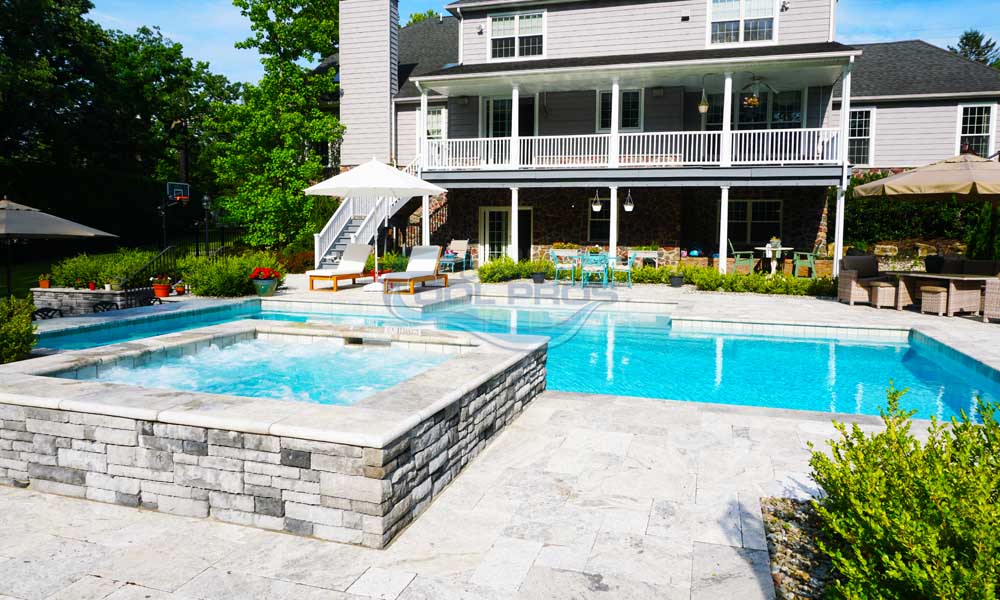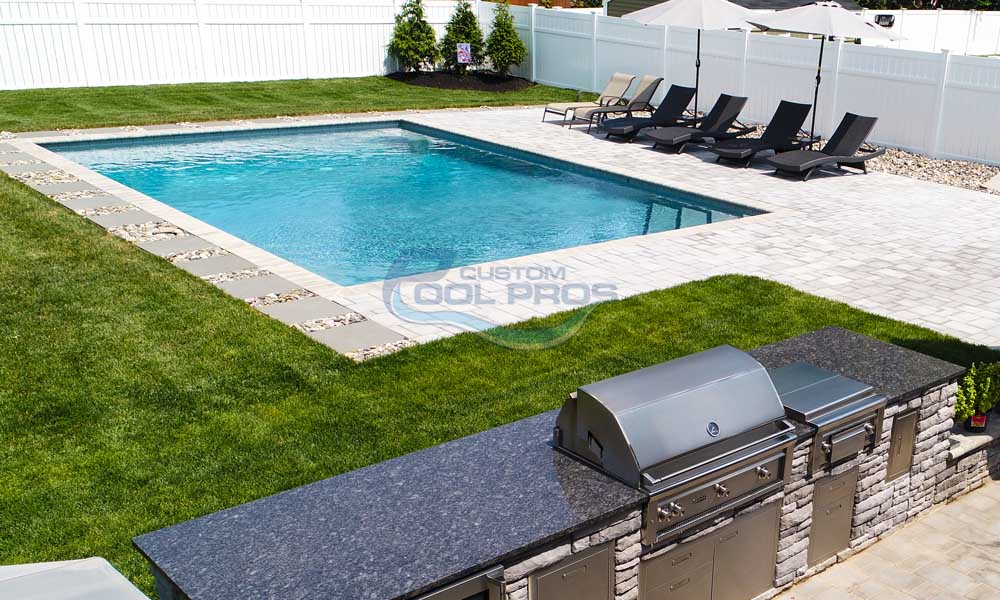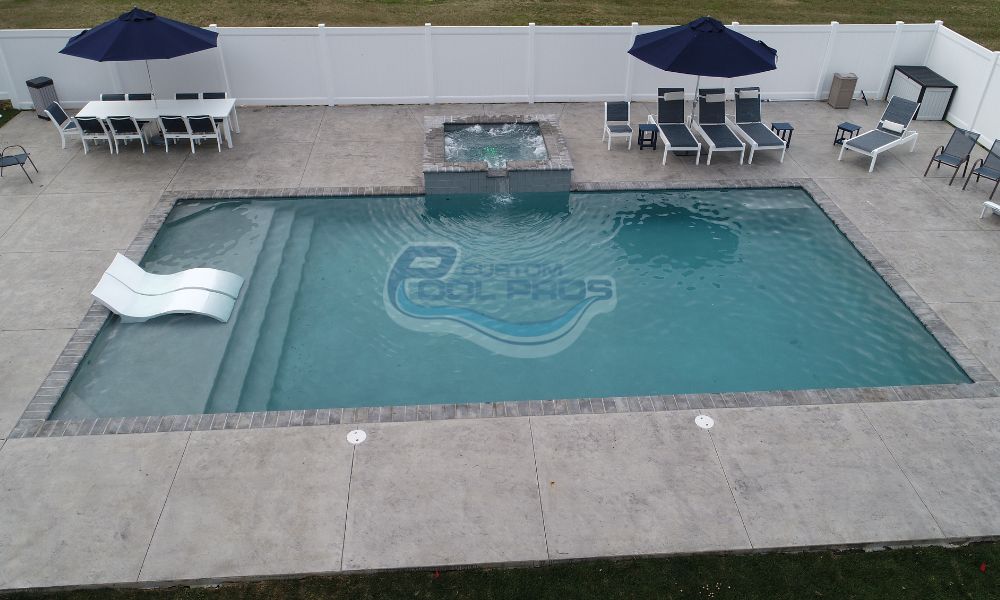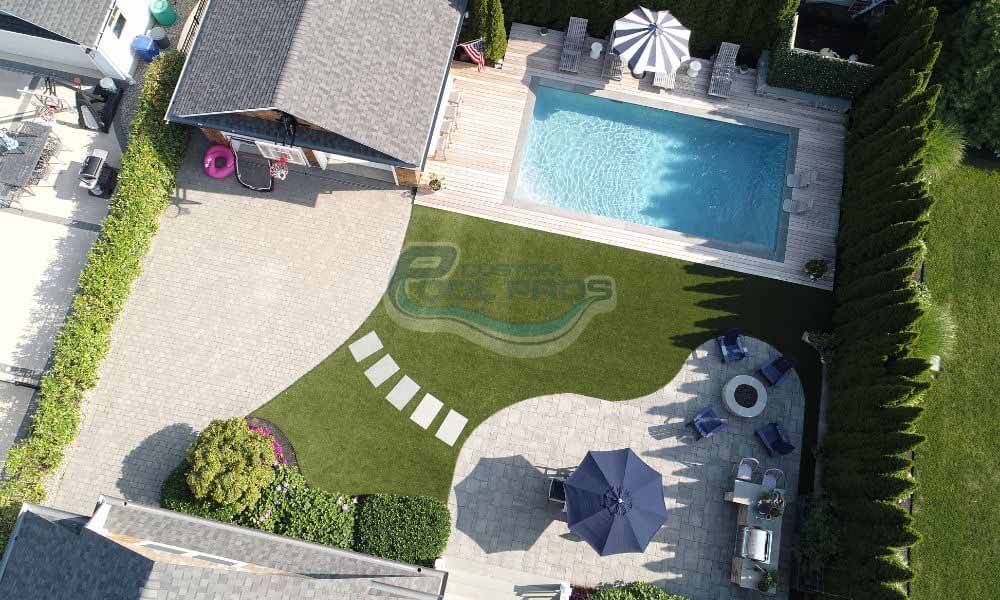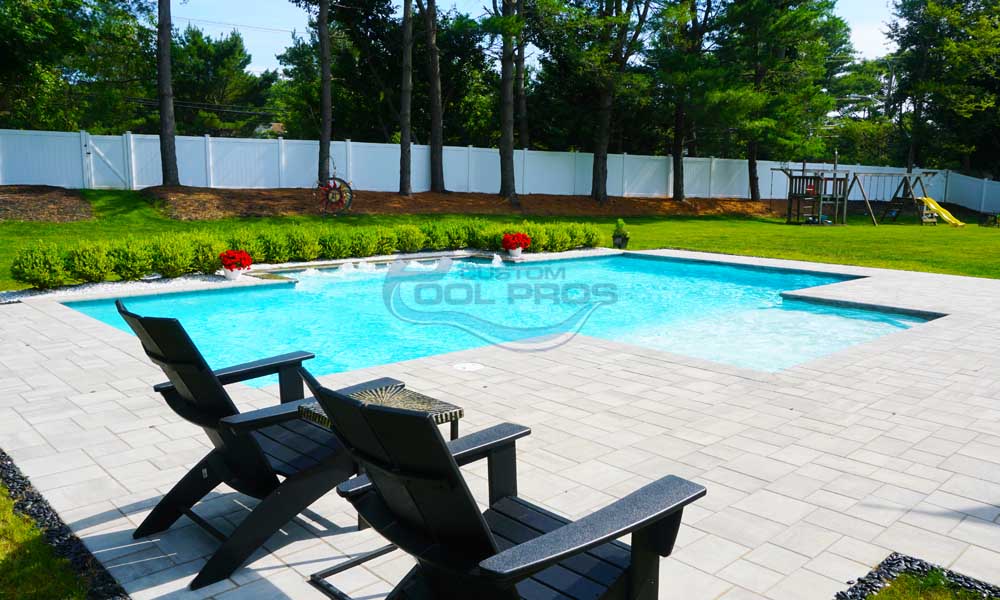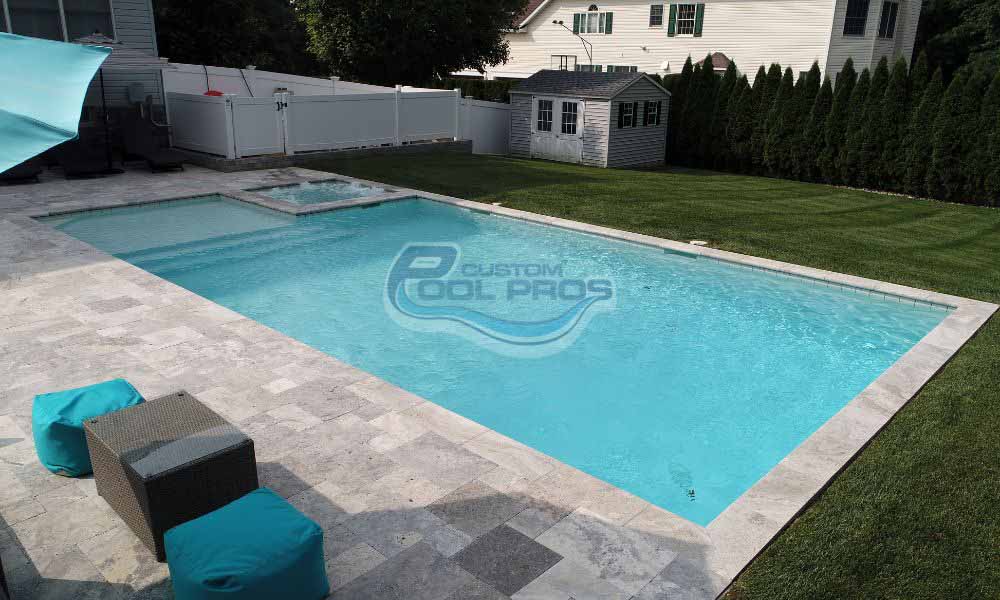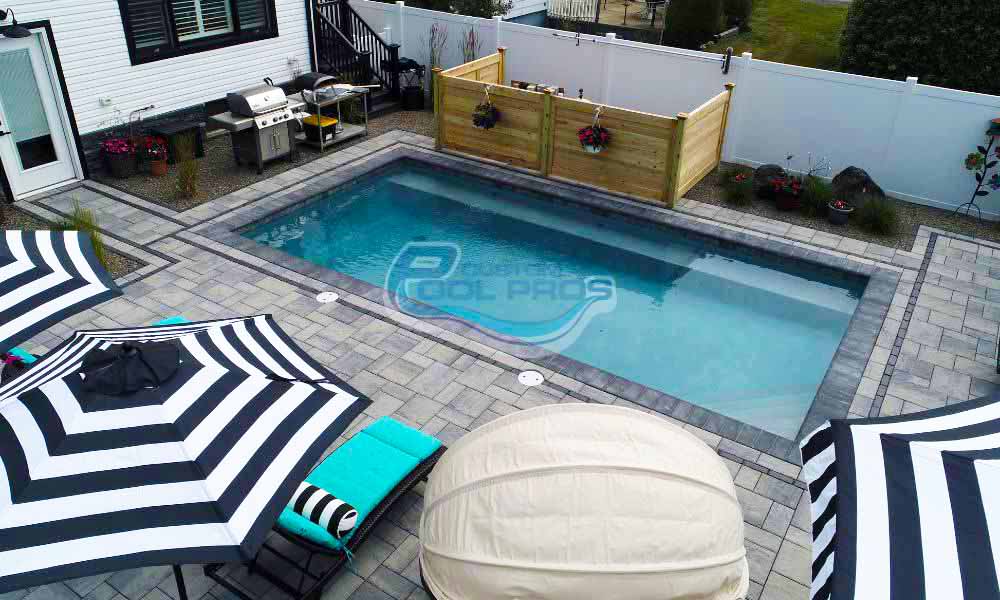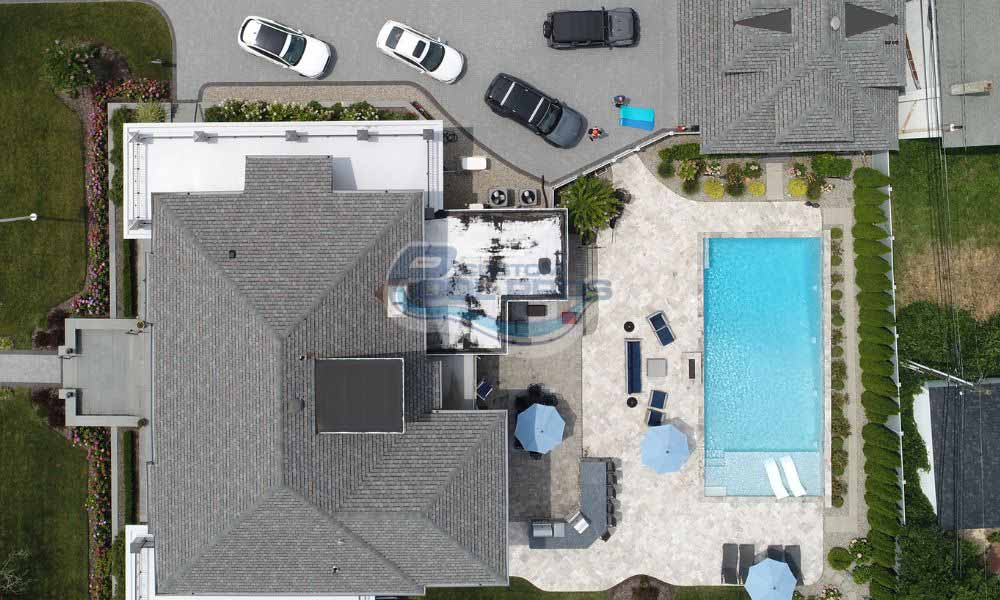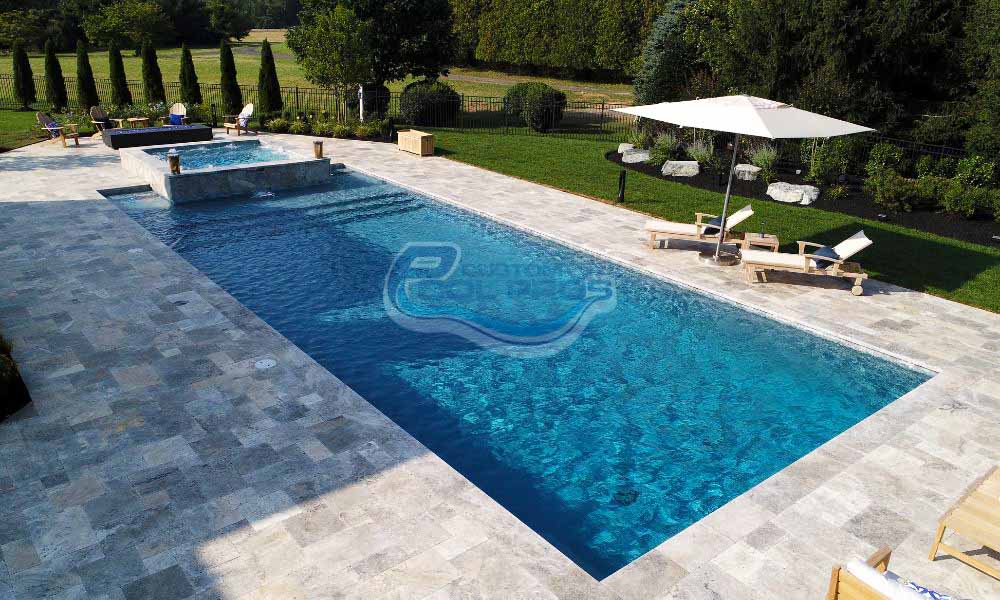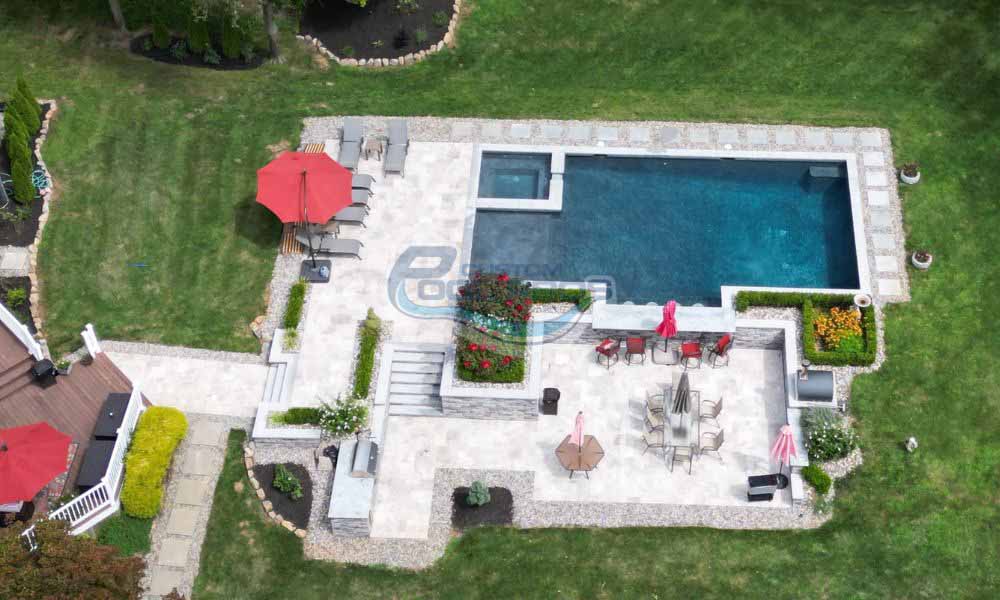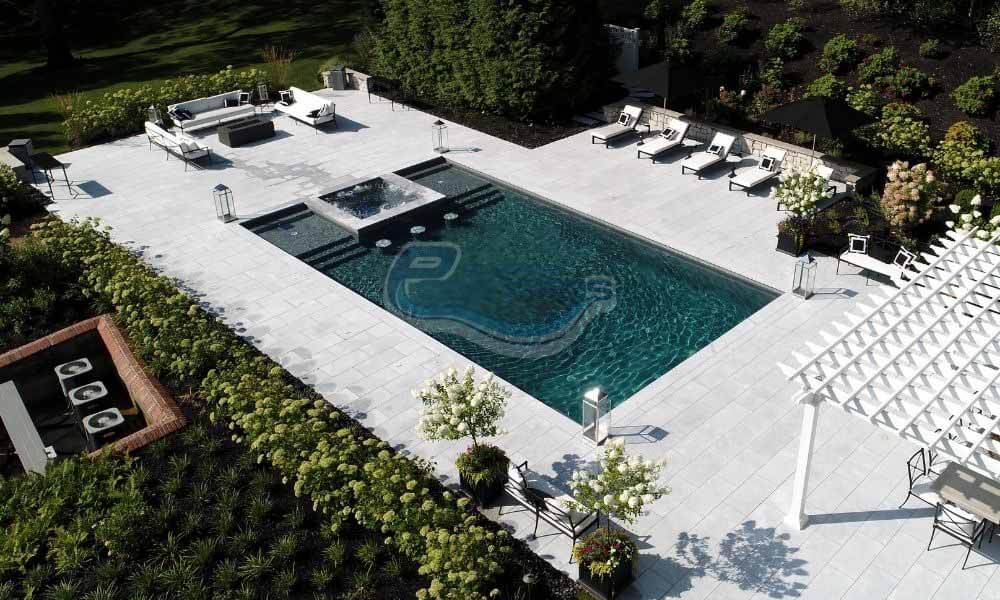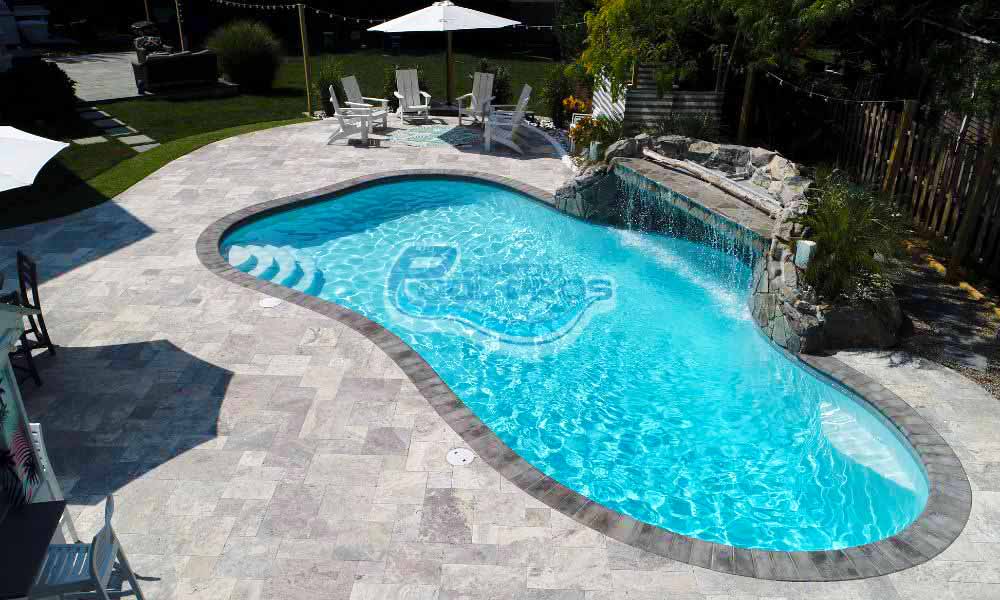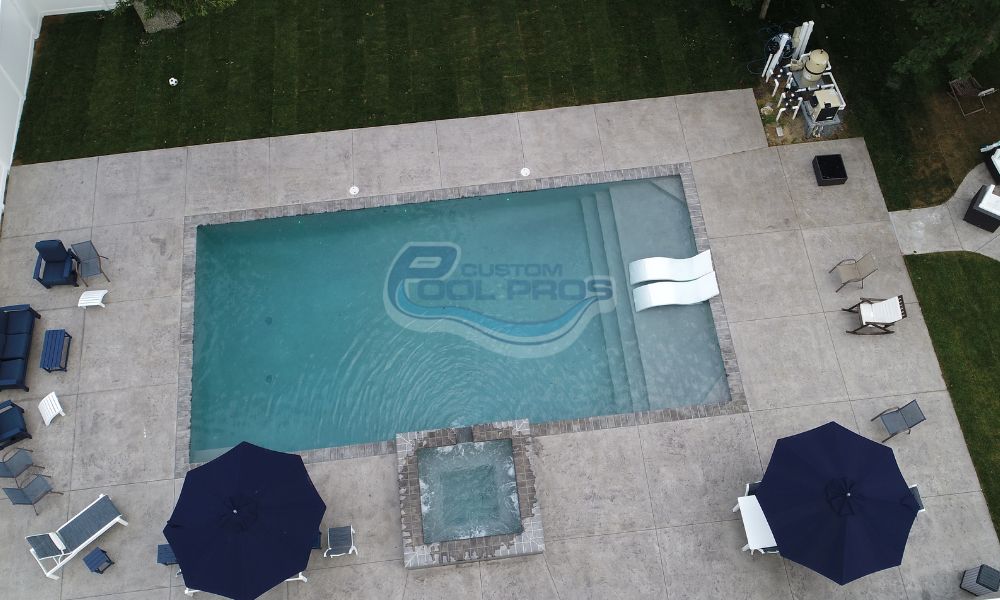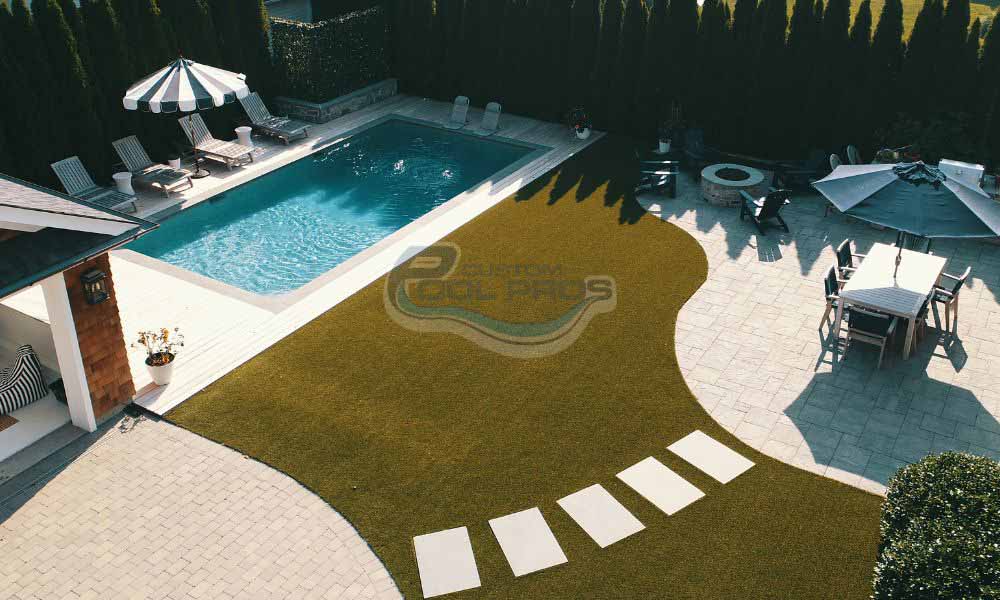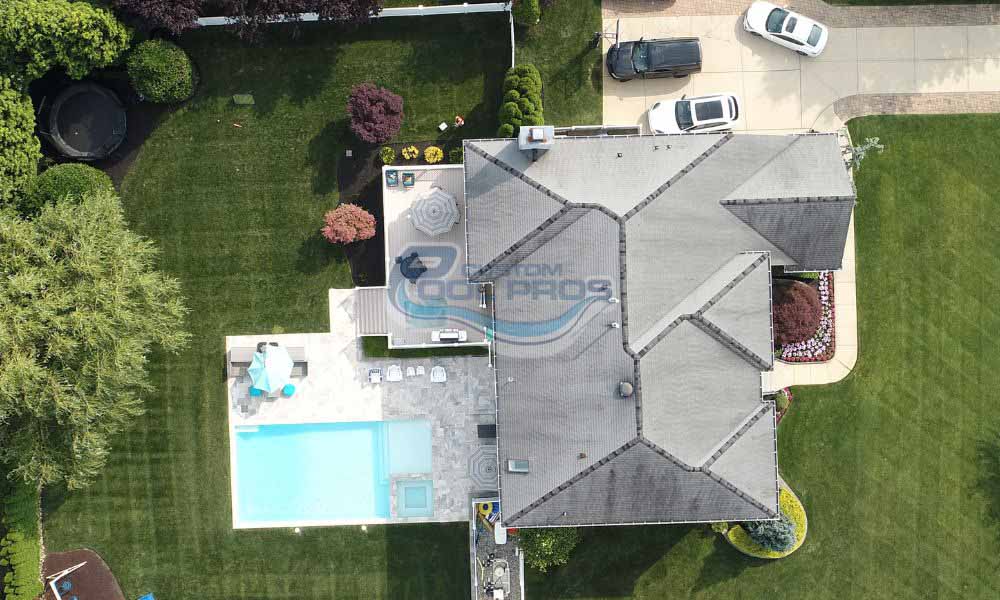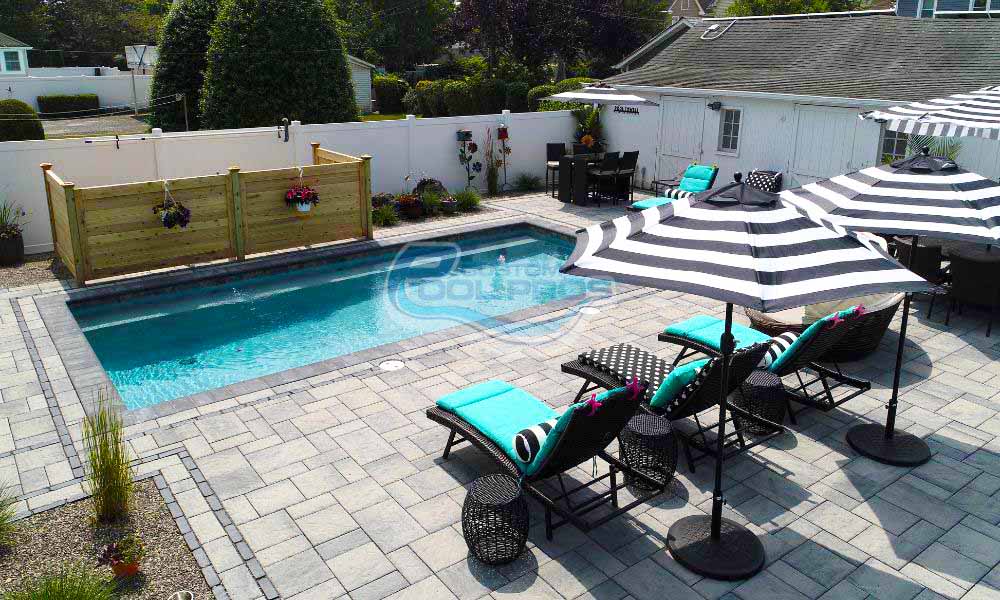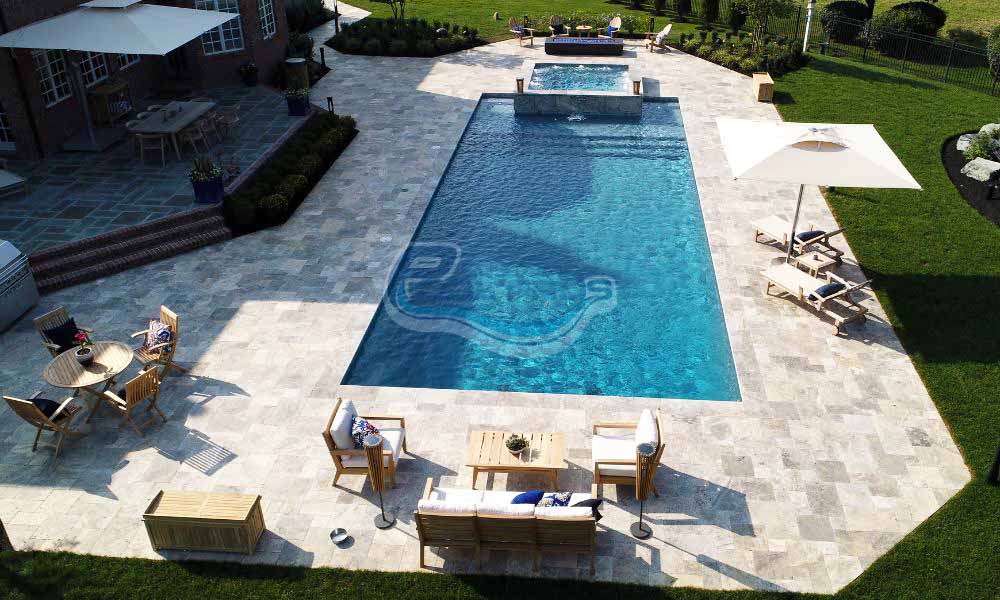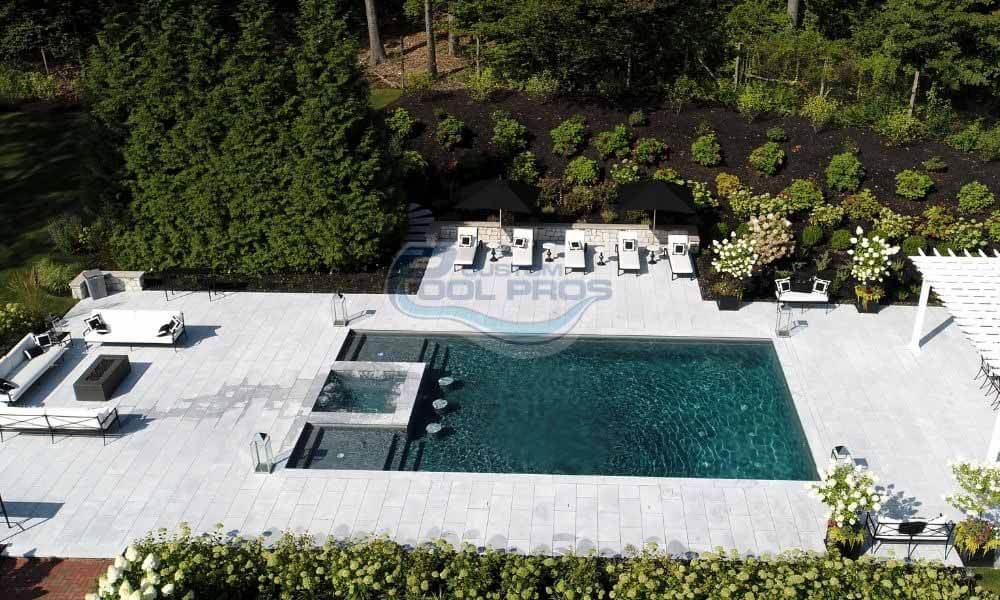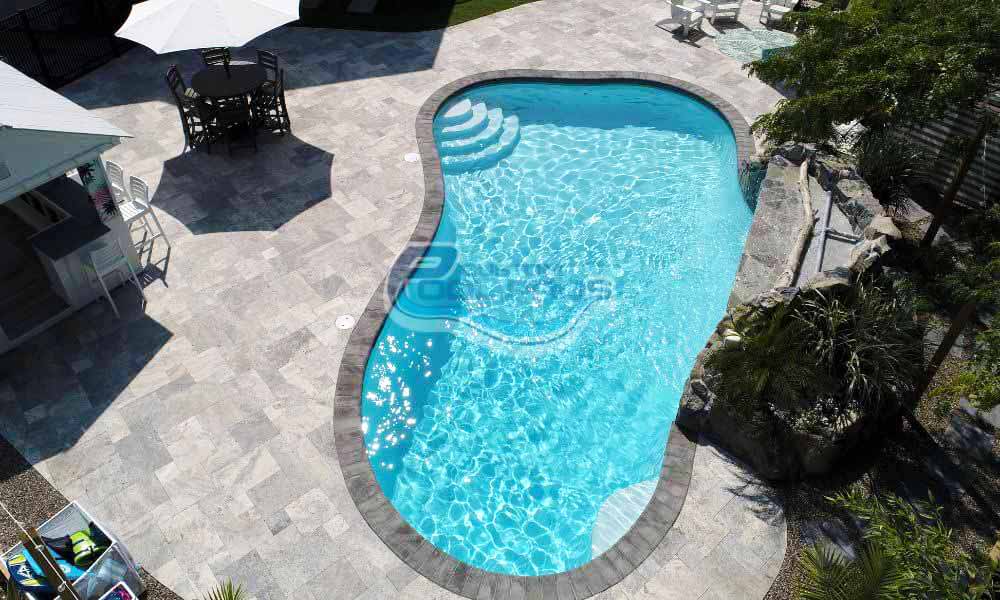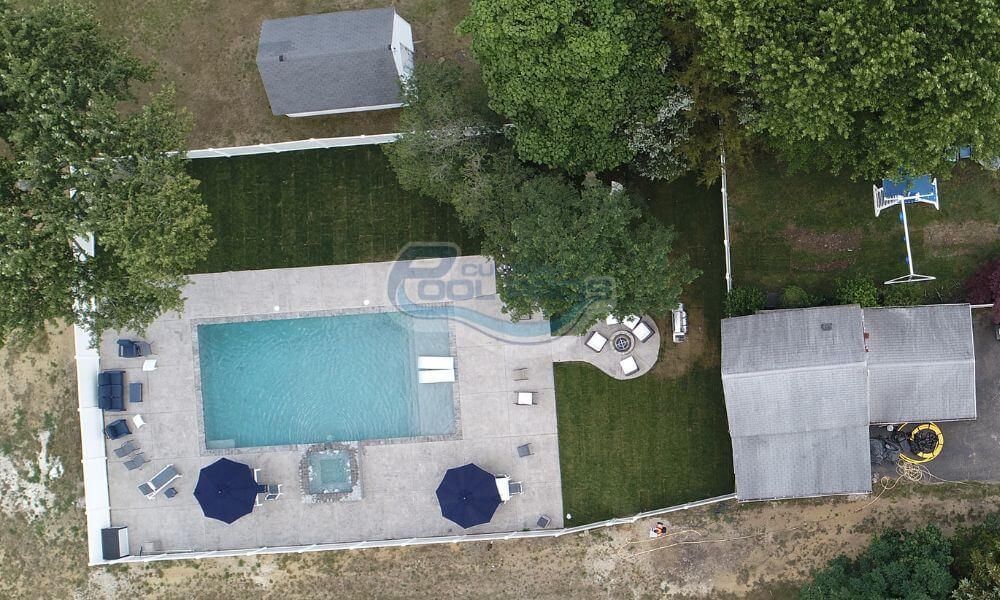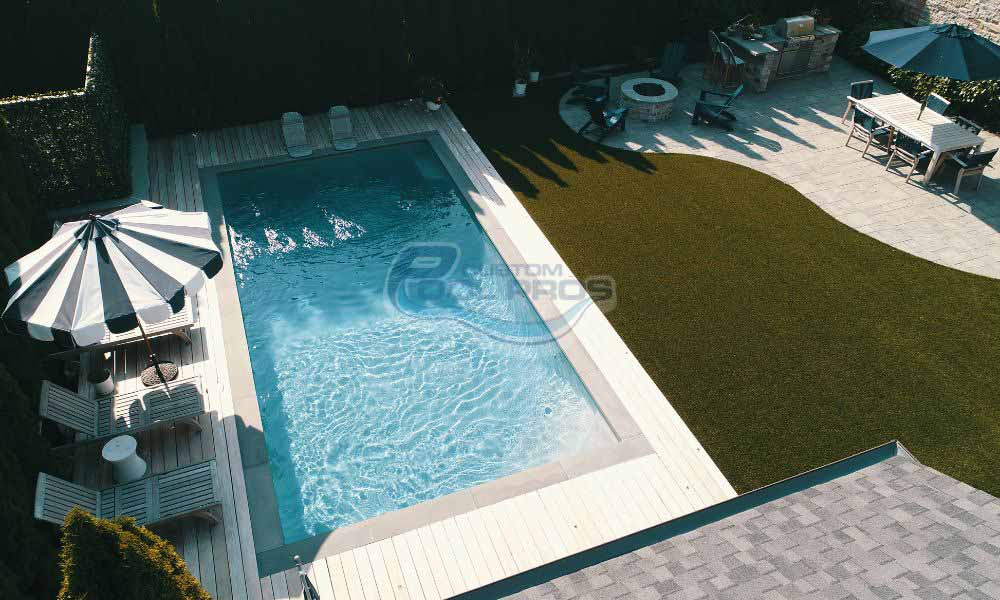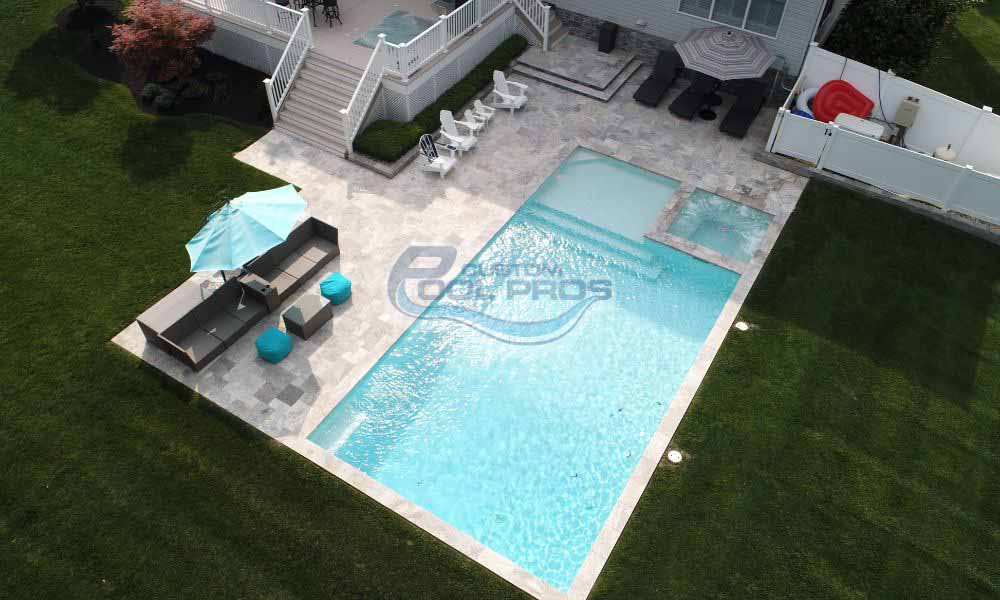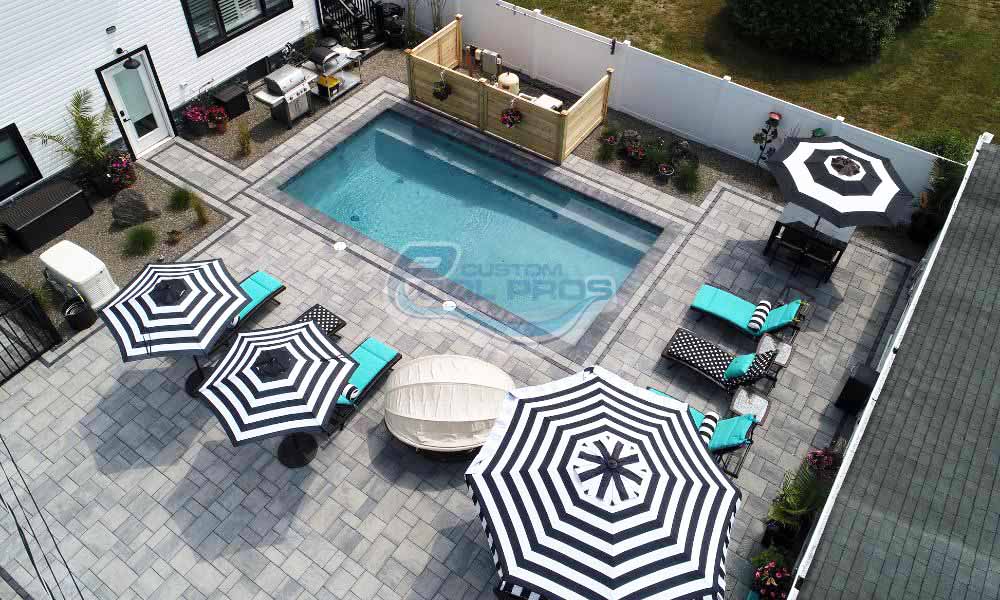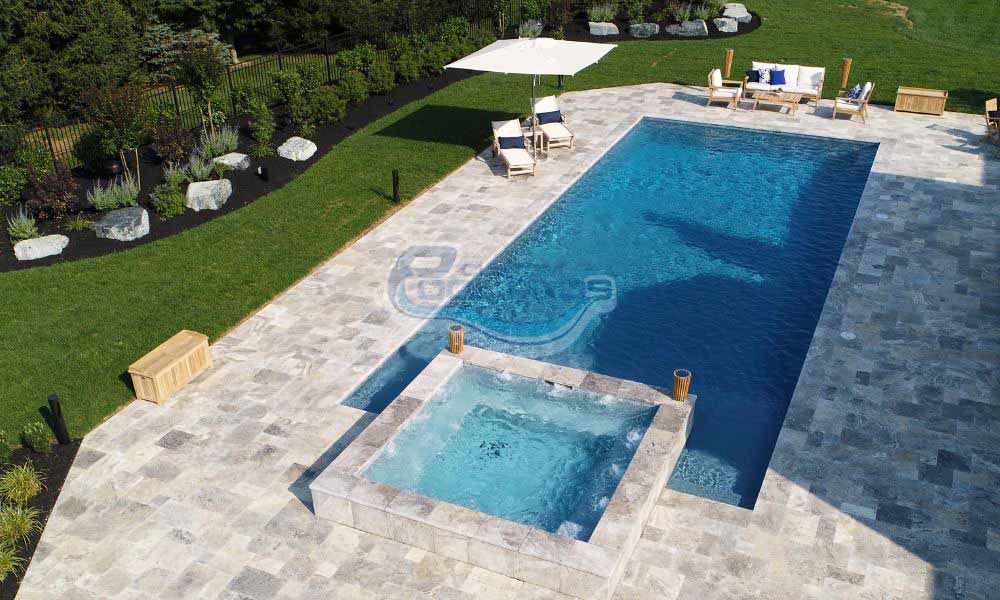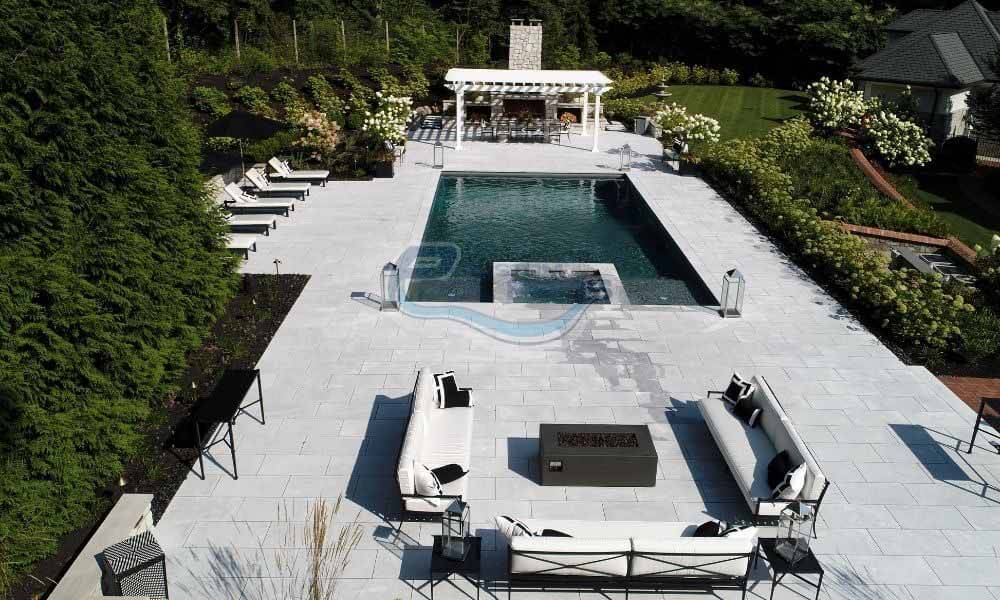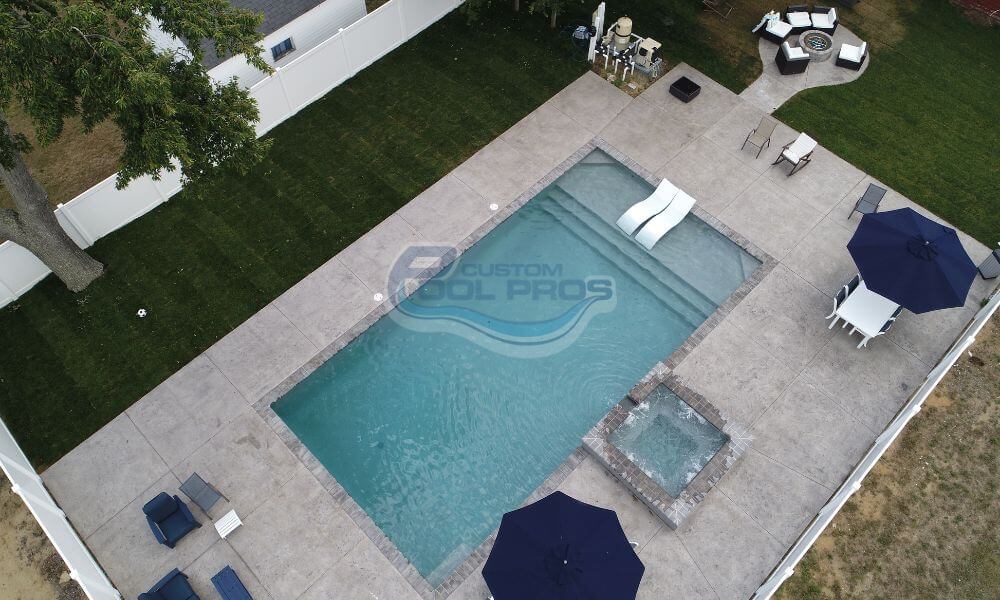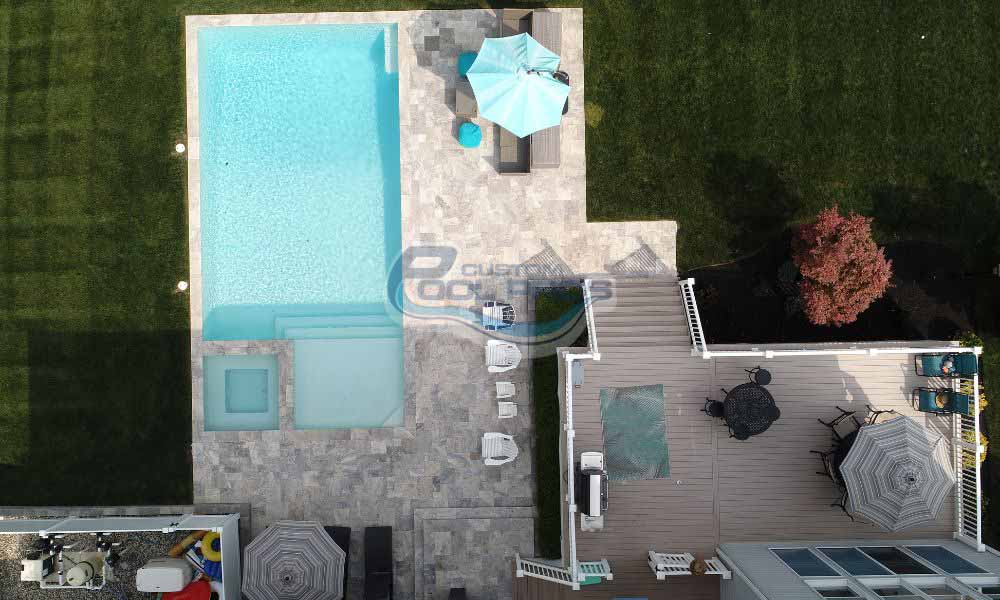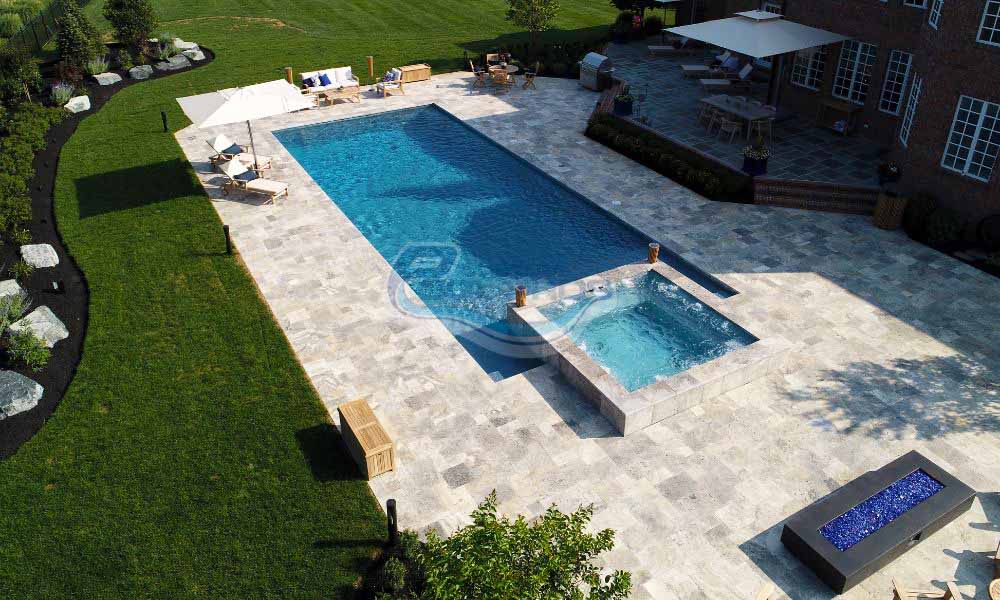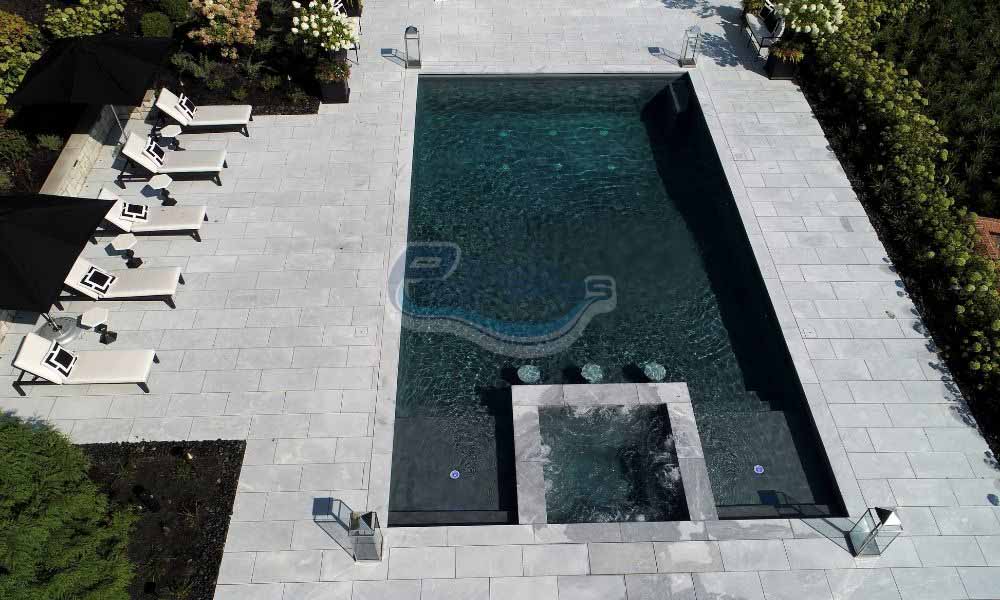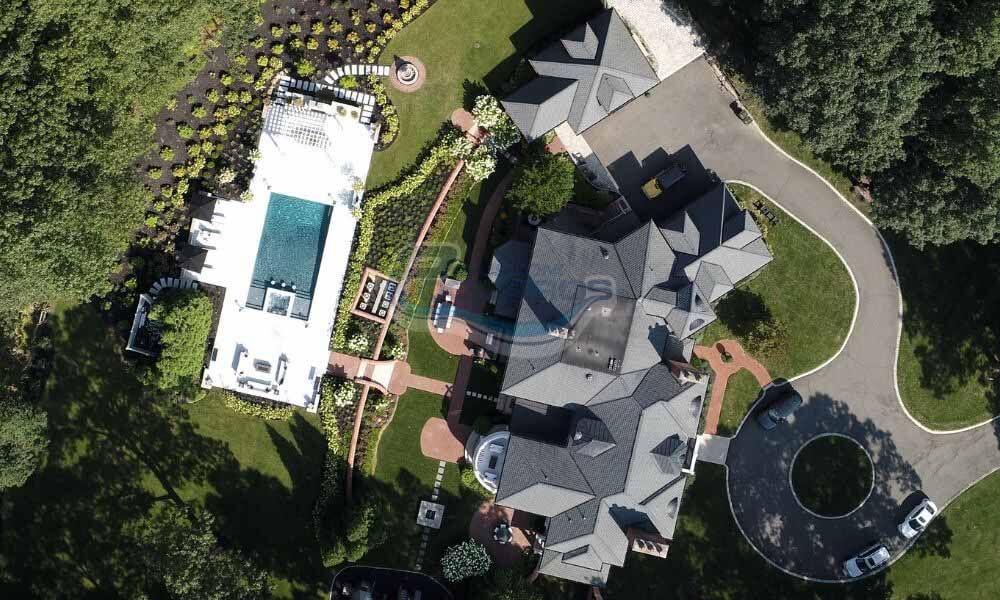Are you trying to decide what kind of pool to install in your backyard, then concrete pools may be an ideal option since they are one of the most desired pools by many people. To help with this decision, the experts at Custom Pool Pros have provided all the necessary information, from the advantages and disadvantages to the cost of concrete pools.
What Is Concrete Pool?
Concrete pools are inground pool that is made from a combination of sand, aggregate, concrete, and water. Once the contents are mixed, the concrete is sprayed onto a steel web to create a shell. Once the concrete has cured completely, the professionals install the finish which may consist of aggregate, tile, or plaster. Any one of these finishes gives a smoother surface. Some pool owners opt for epoxy paint for an even simpler finish, which leaves a rough surface.
What Are The Advantages Of A Concrete pool?
1. Easy To Maintain
A concrete pool presents one advantage regarding maintenance. You only have to brush it clean once a week to prevent algal and bacterial growth and vacuum the walls and floor once or twice a month. Every 5 years, your pool will require an acid wash and resurfacing every 7 to 10 years. Other than that, you simply need to watch for cracks and keep the water balanced.
2. Design Flexibility
Additionally, concrete pools offer design flexibility with shapes, additions, and finishes. While the most popular shapes include rectangular, oval, and kidney, you can still add features such as a tanning platform, in-pool seating, a grotto or waterfall, or even some lighting. Likewise, you choose from many colors for tile, coping, and plaster. Aggregate also gives a unique effect and a broad spectrum of colors as well.
3. Adaptable To Various Climates
Also, a concrete pool can stand up to ice, snow, and freezing wind. Likewise, if your area has warm temperatures year-round, you won’t have to worry about any negative impact from the constant heat.
4. Durability & Longevity
Another fortunate aspect of concrete pools is not having to deal with tears in a liner or leaks. A concrete pool can last for 50 years or more with proper construction and regular maintenance.
5. Increase The Property Value
A concrete pool adds to your property’s resale value. Between the aesthetic appeal and the entertainment factor, a concrete pool will serve well in attracting potential buyers if you decide to sell your home.
What Are The Disadvantages Of A Concrete Pool?
1. They are Expensive
The other side to this option is its price tag. Concrete pools tend to be more expensive than vinyl and fiberglass. They cost $50,000 more than fiberglass pools since this type of pool takes between 3 to 6 months for the complete installation.
2. Use More Chemicals
Another disadvantage of owning a concrete pool is the regular number of chemicals you need. Algae can pose a major issue with concrete pools, so chemicals must be added often to stave off new growth. And because concrete is alkaline based, you need to add acid and assess the water’s pH frequently, which adds up in cost over the long term.
3. Long Installation Time
As mentioned, concrete pools take 3 to 6 months to install depending on the size, shape, and overall design. Because the concrete is sprayed onsite, the process takes longer. Plus, once the concrete is installed, curing takes about 4 weeks.
4. High Maintenance Costs
In addition to a high upfront cost, maintenance also carries a heavy price. On average, it costs $1,200 or more a year to maintain a concrete pool. This includes the cost of electricity for running the filtration system, plus the cost of chemicals and cleaning. Along with the price of regular maintenance, you’re also looking at spending $450 for acid washing and $10,000 for resurfacing.
5. Rough Interior Surface
Another disadvantage, the rough interior surface, doesn’t have to pose an issue. If you only opt for painting or a textured aggregate, the floor and sides will be rough. However, you can choose a smooth plaster or tile for the interior finish.
What Is The Average Cost Of A Concrete Pool?
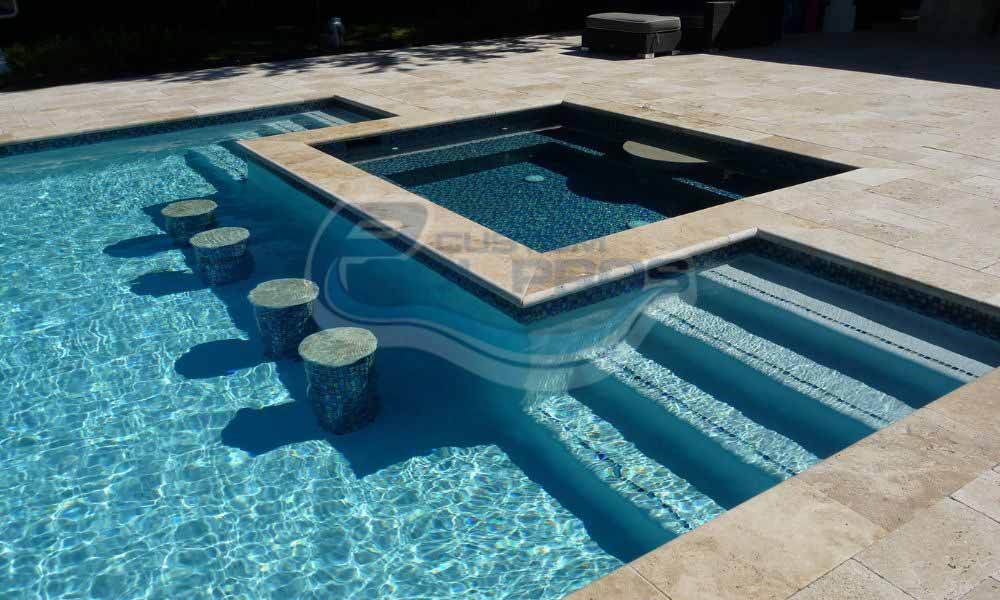
As you already know, concrete pools are on the expensive side. Their prices range from $70,000 for a small design (12 feet by 24 feet) to $100,000 for something larger and more elaborate
Also Read: 7 Things To Know Before Installing A Concrete Pool
How Long Does A Concrete Pool Last?
With proper installation, the structure, which includes the steel web and concrete, can last 50 years or longer. However, the surface finish might start to wear down after 5 to 10 years which means you’ll need to replace the tile, aggregate, or plaster.
Is a Concrete Pool, Right for You?
Depending on the size of your yard, your vision of the ideal outdoor space, and your budget, a concrete pool could be the best choice. For flexibility in design, longevity, and durability, this type proves to be an excellent option. Have any more questions? If need to consult with a professional for design ideas, you can contact experts at Custom Pool Pros.

